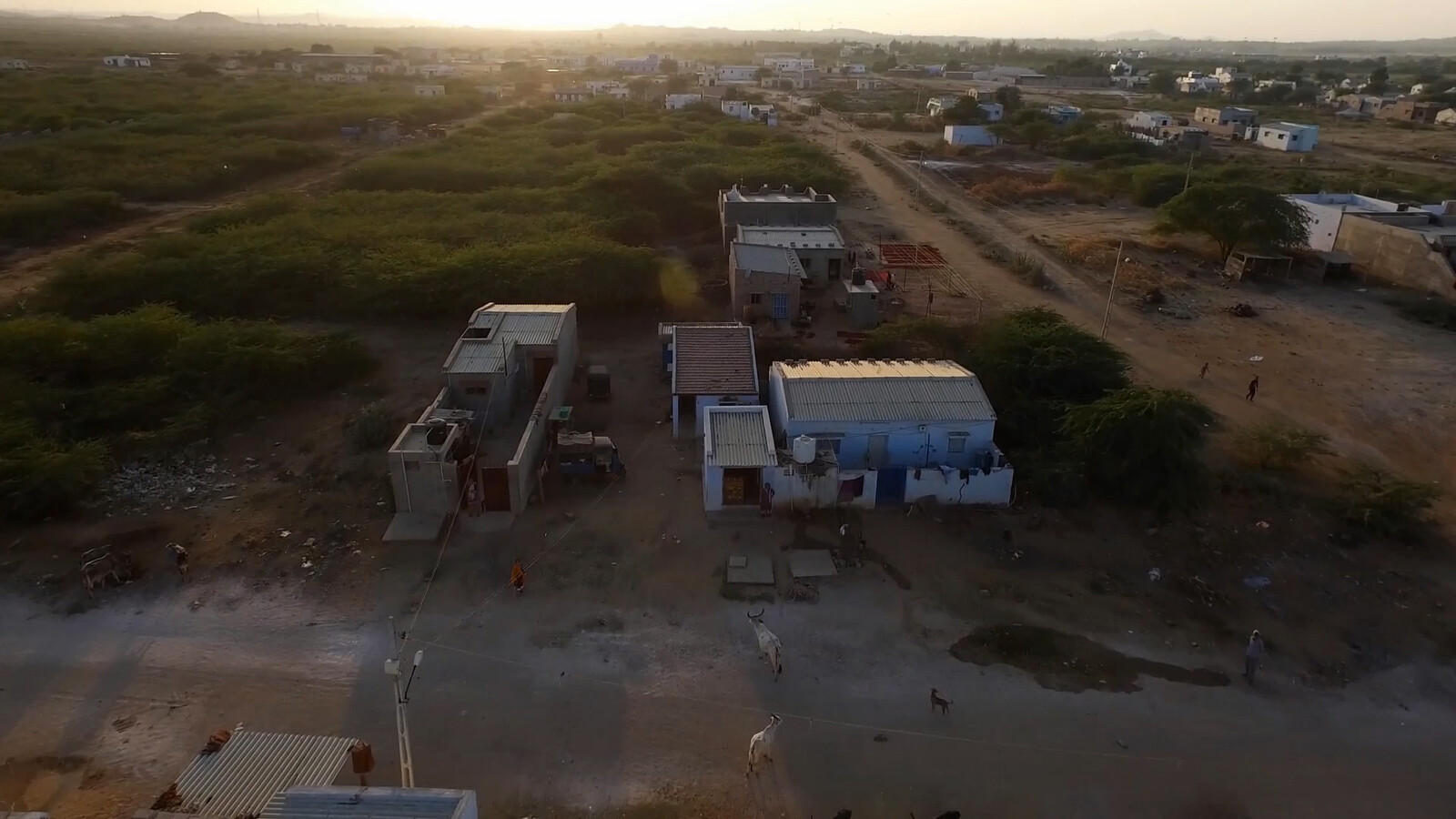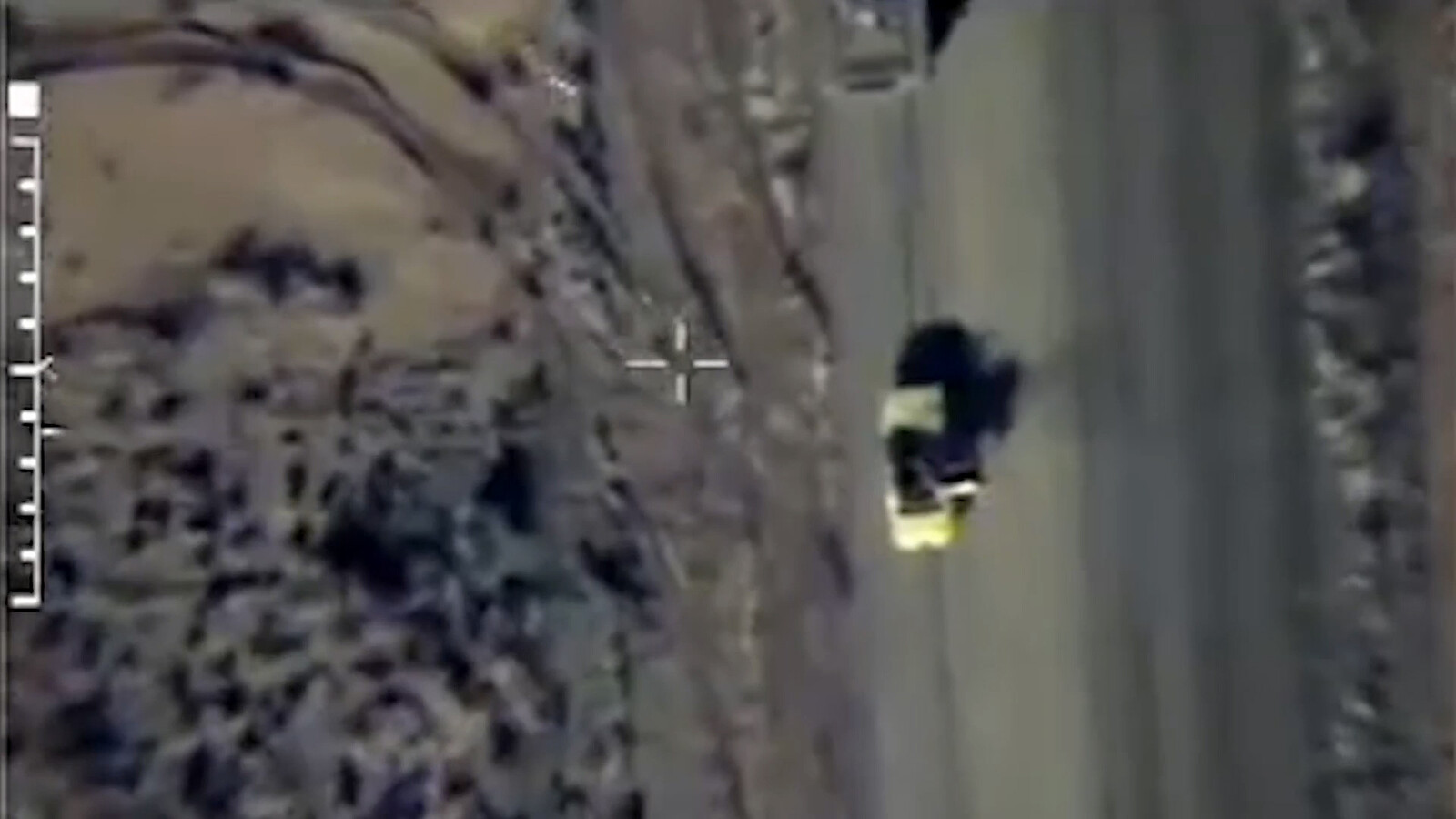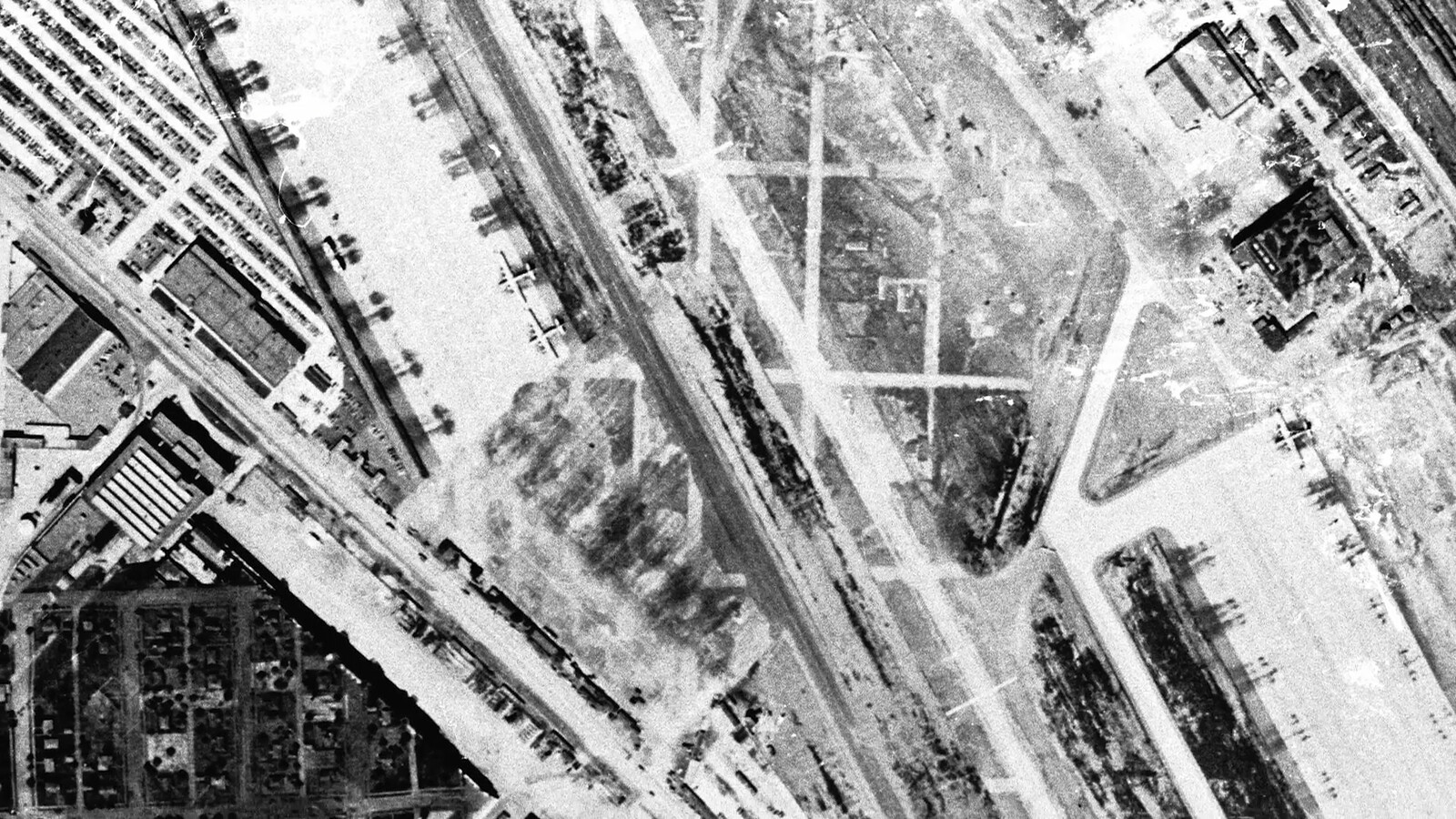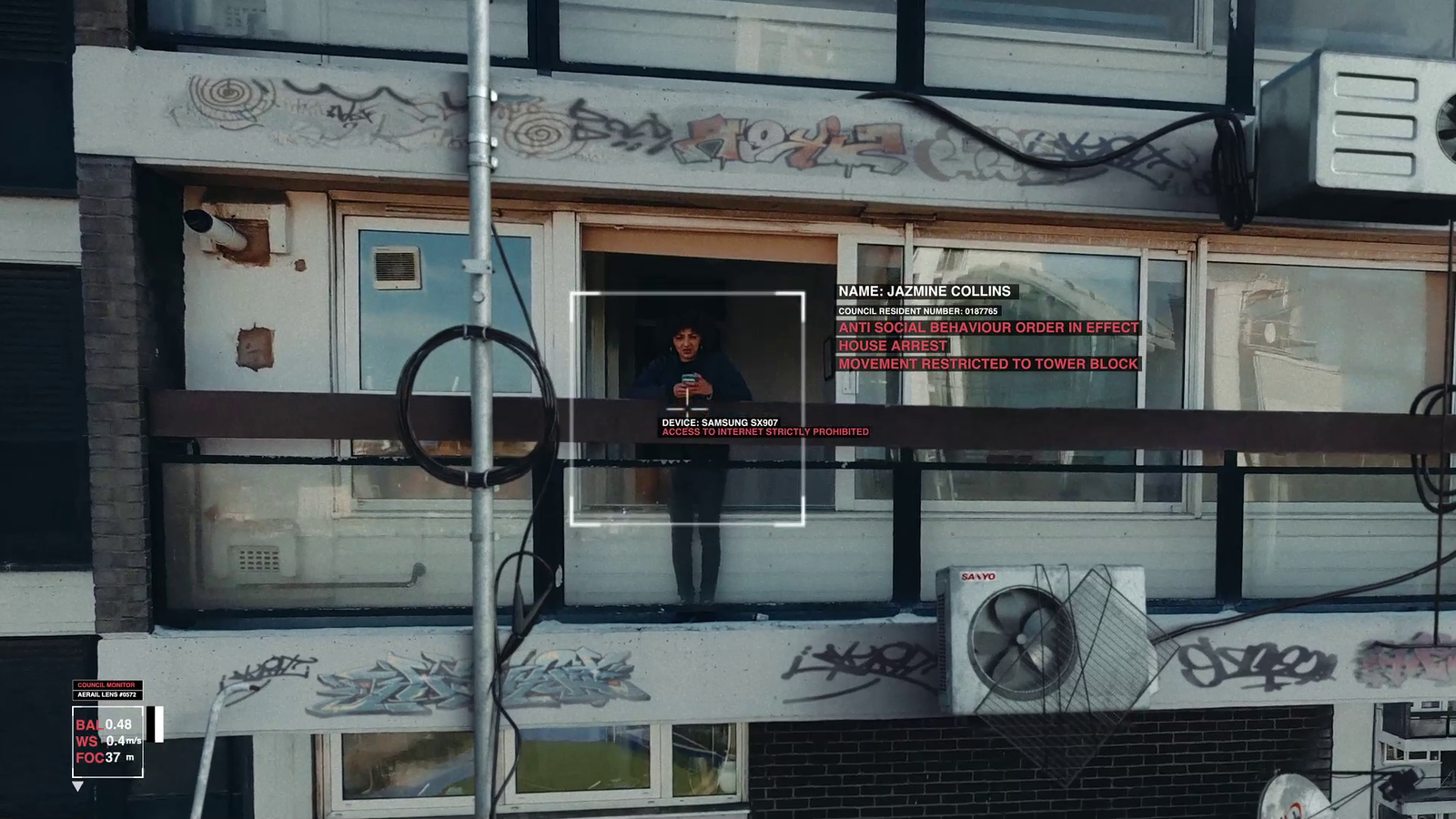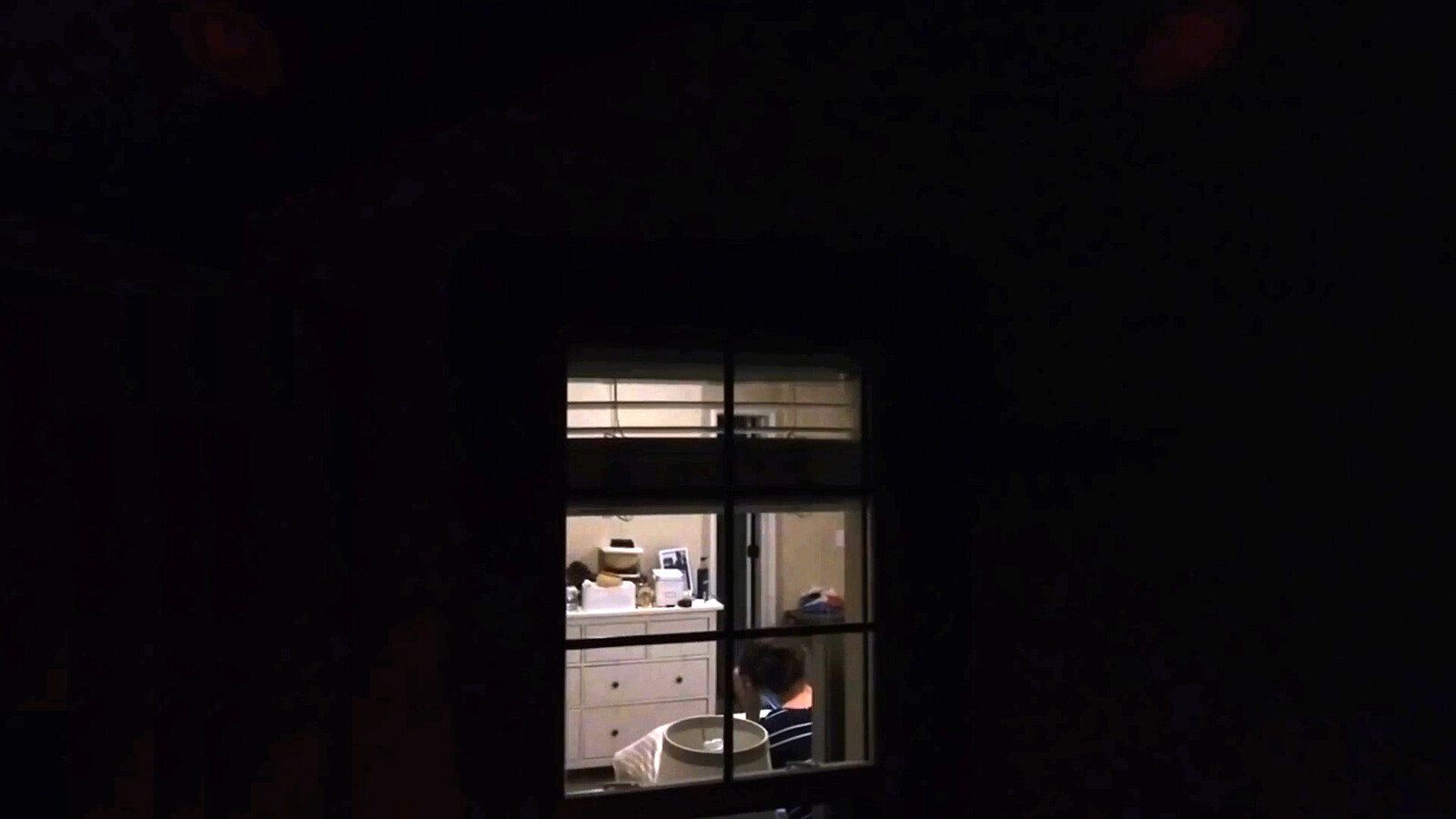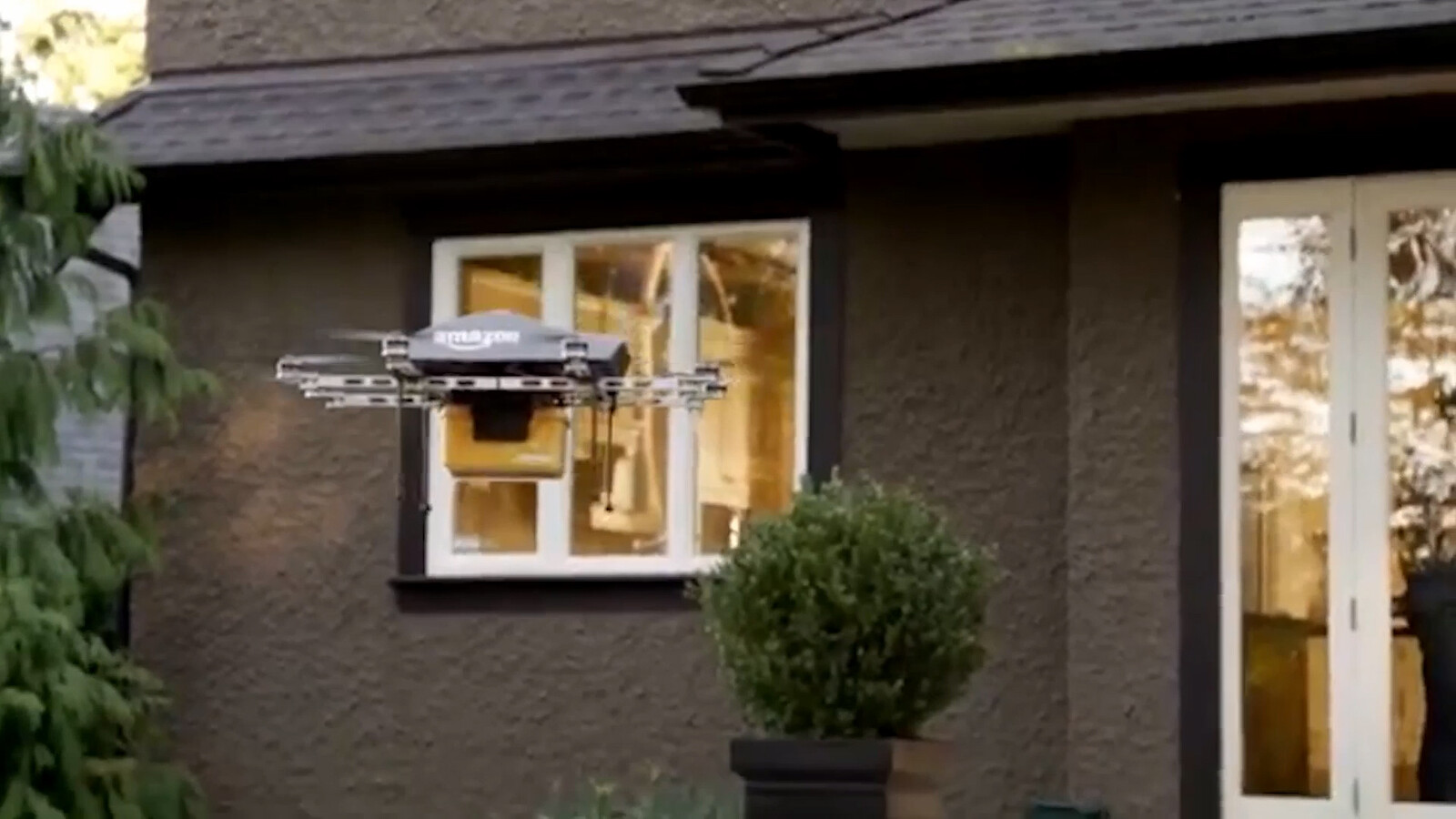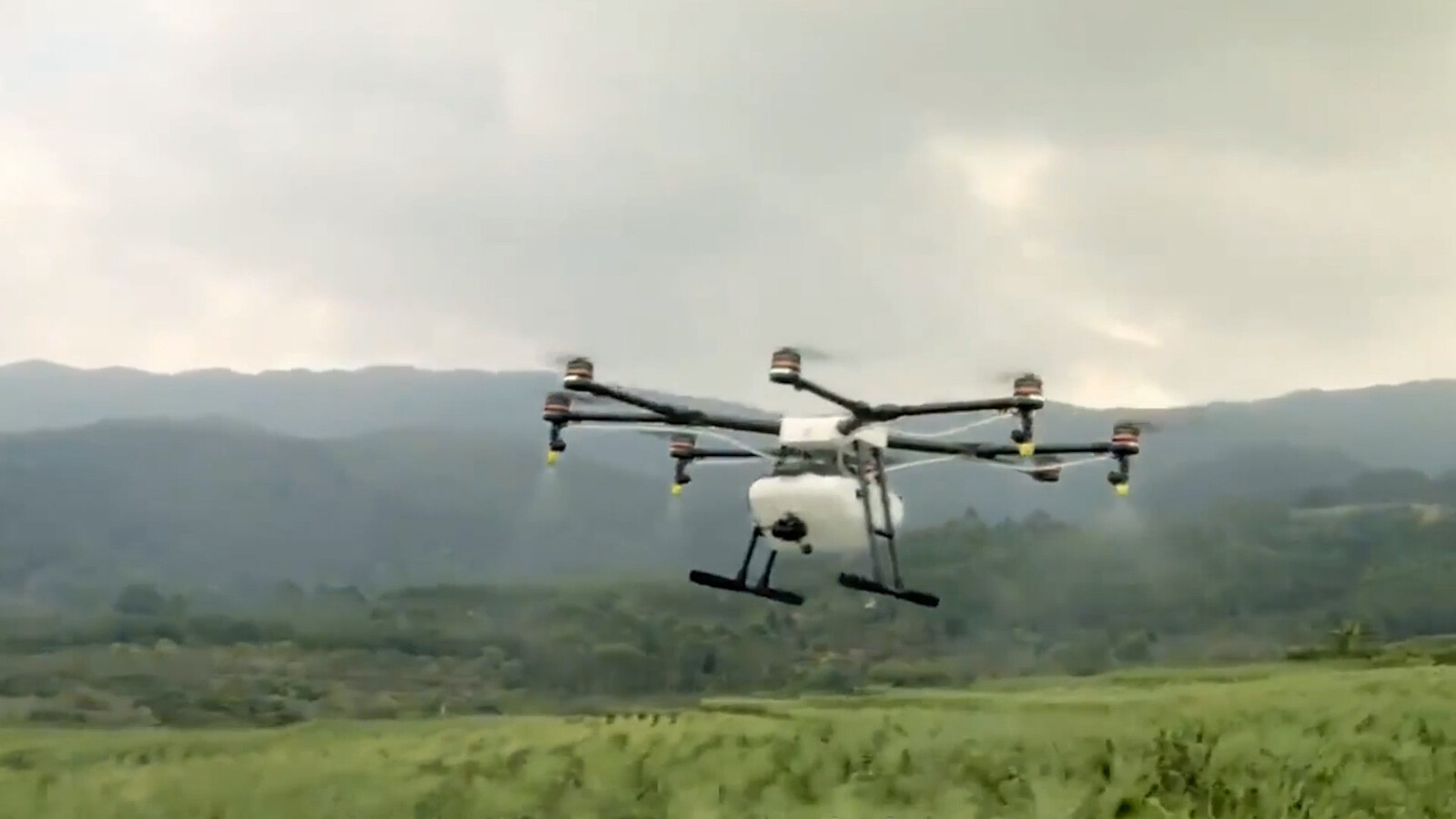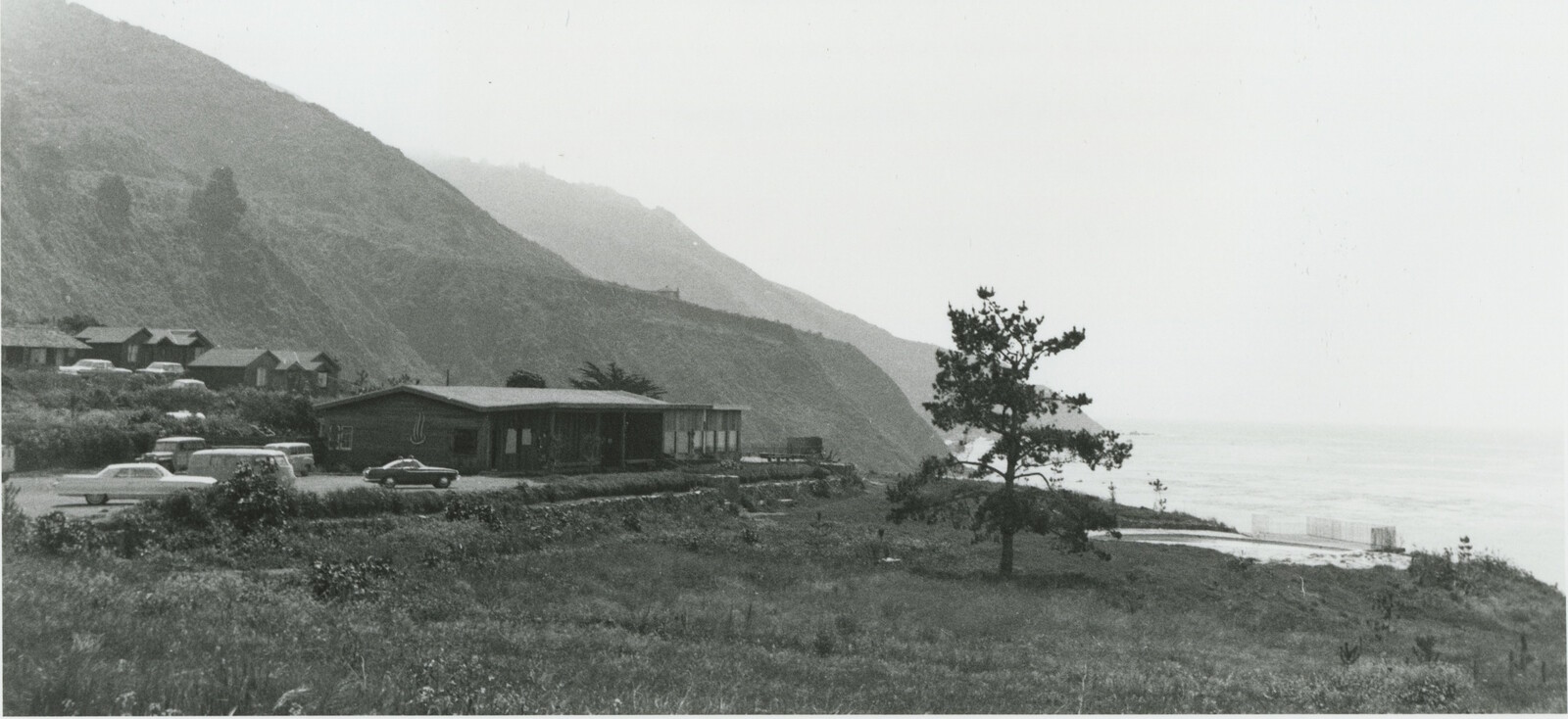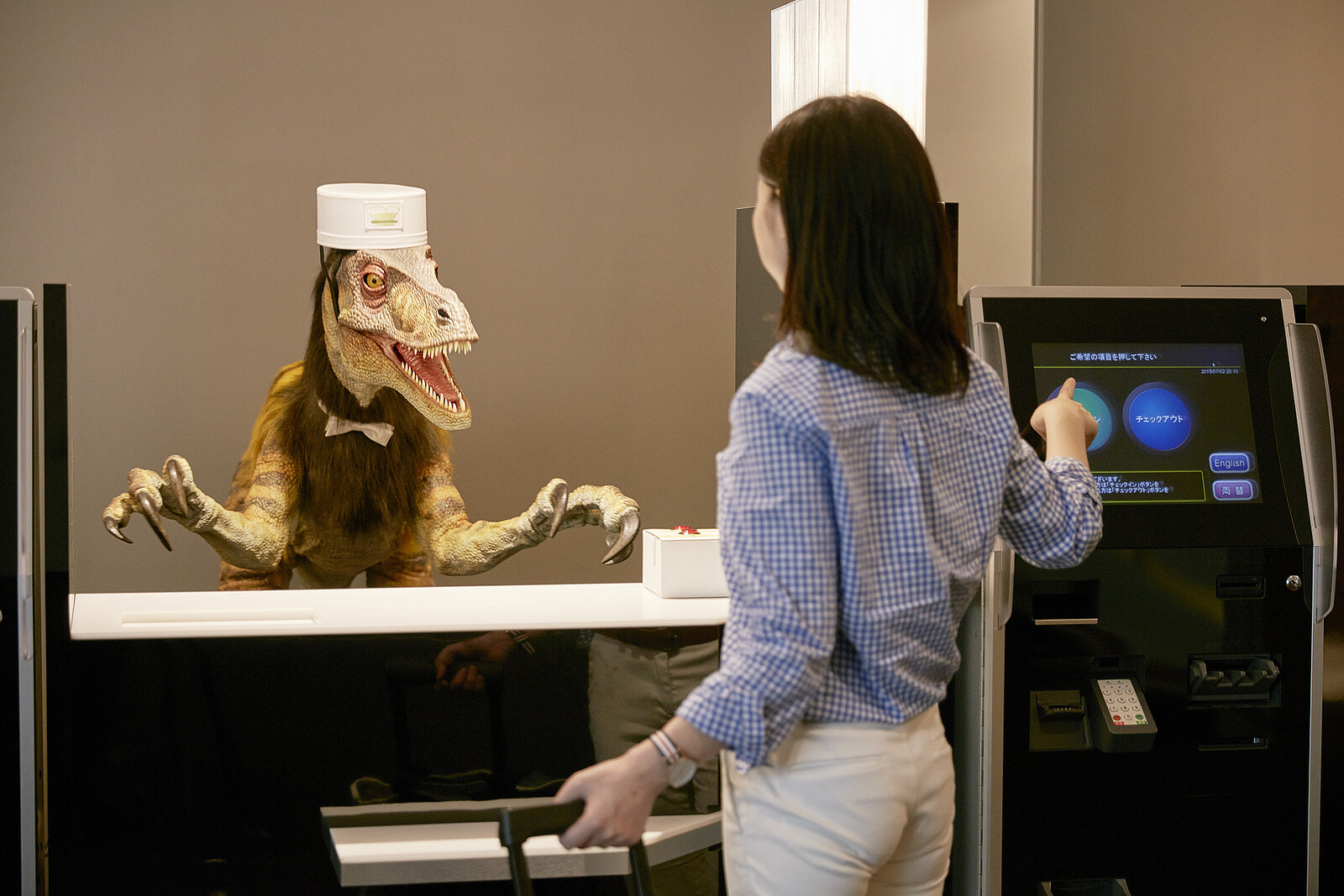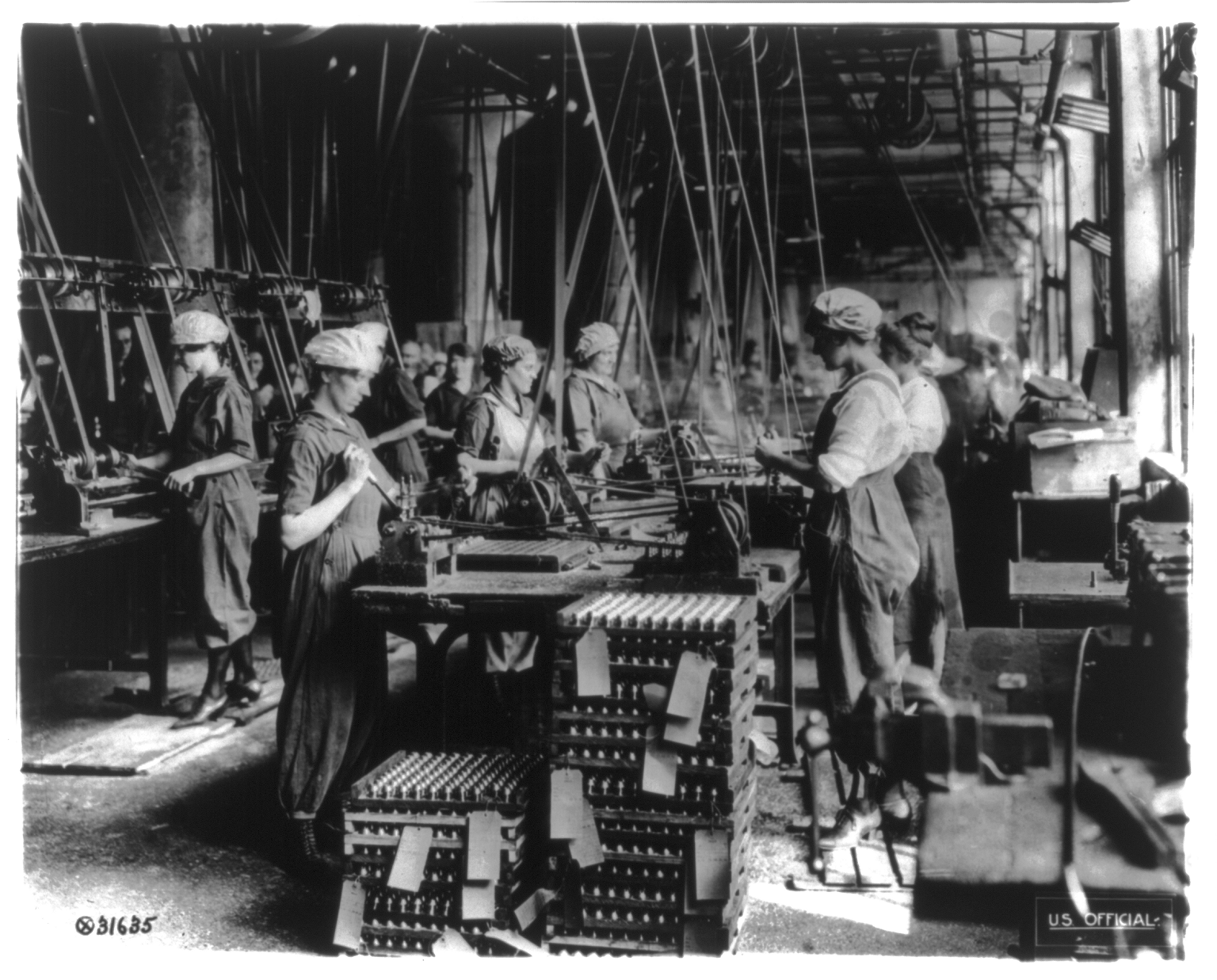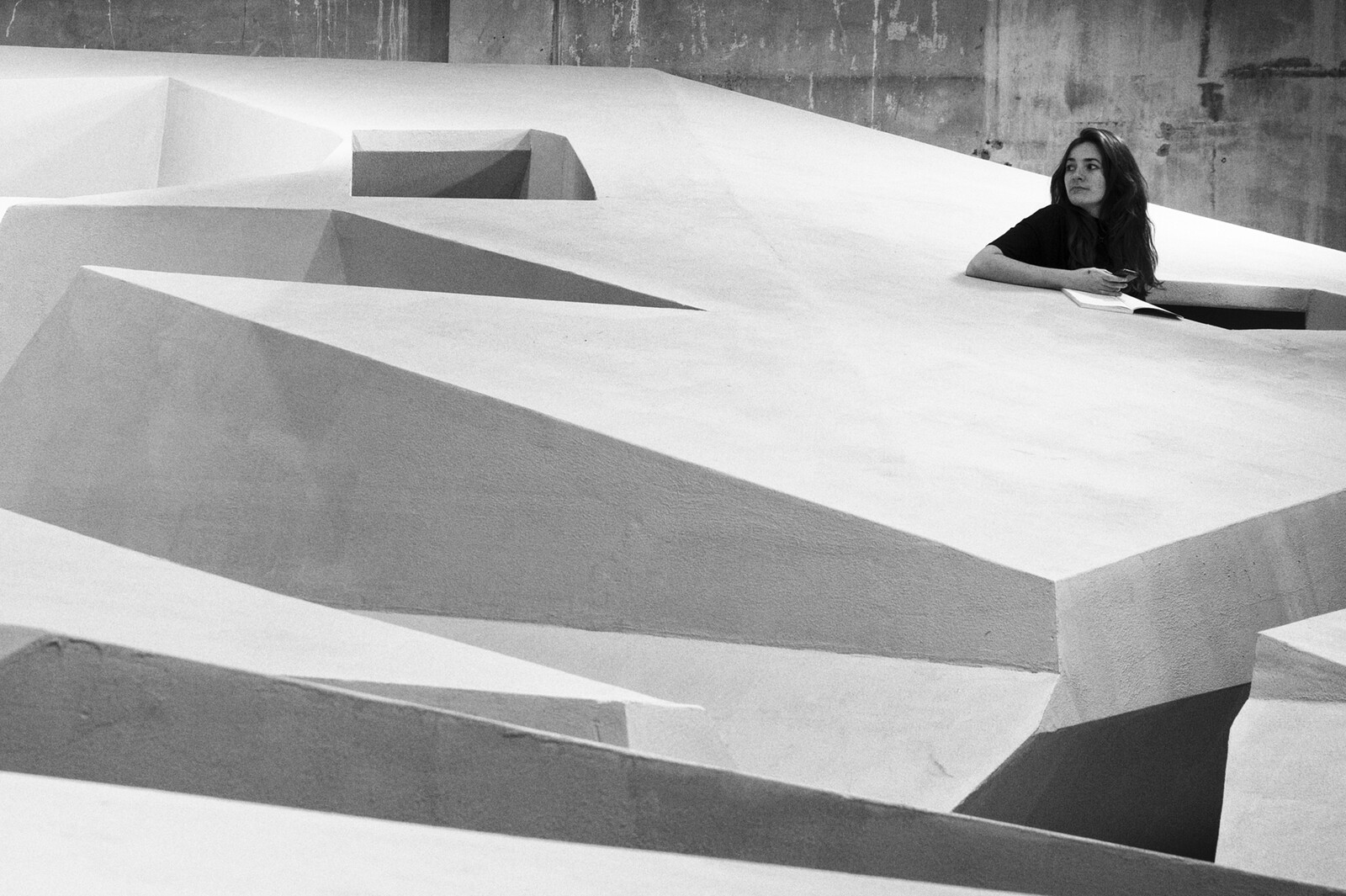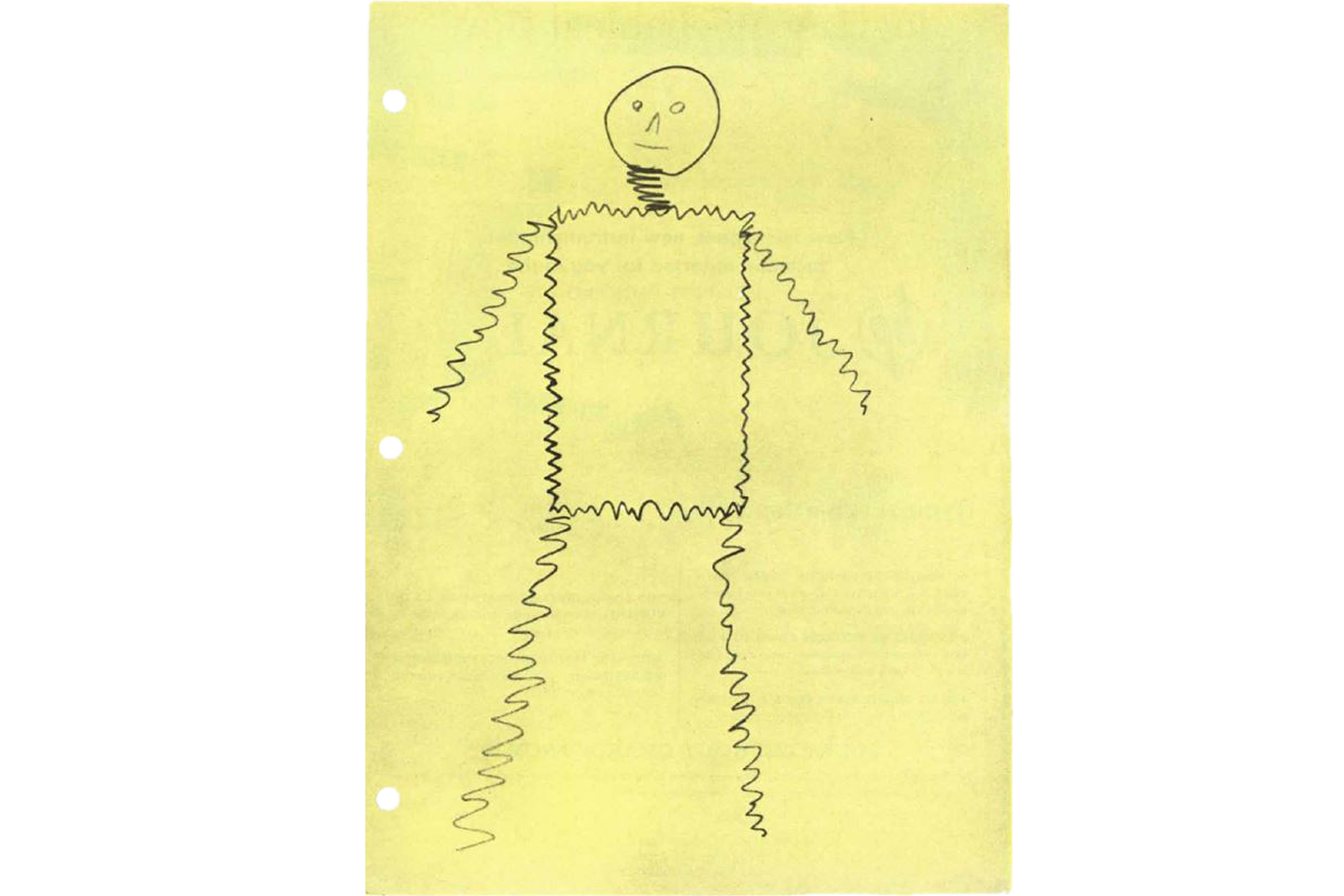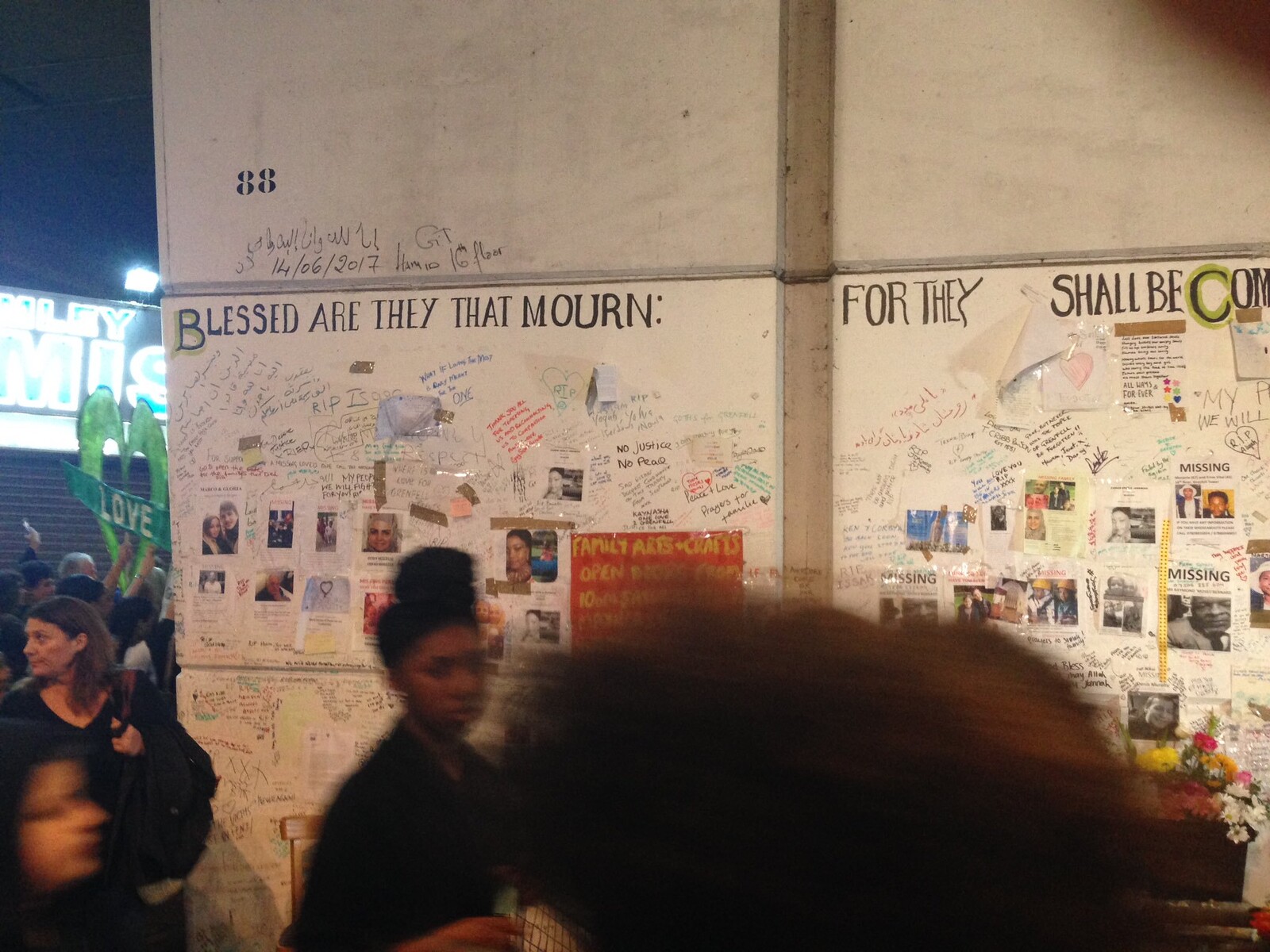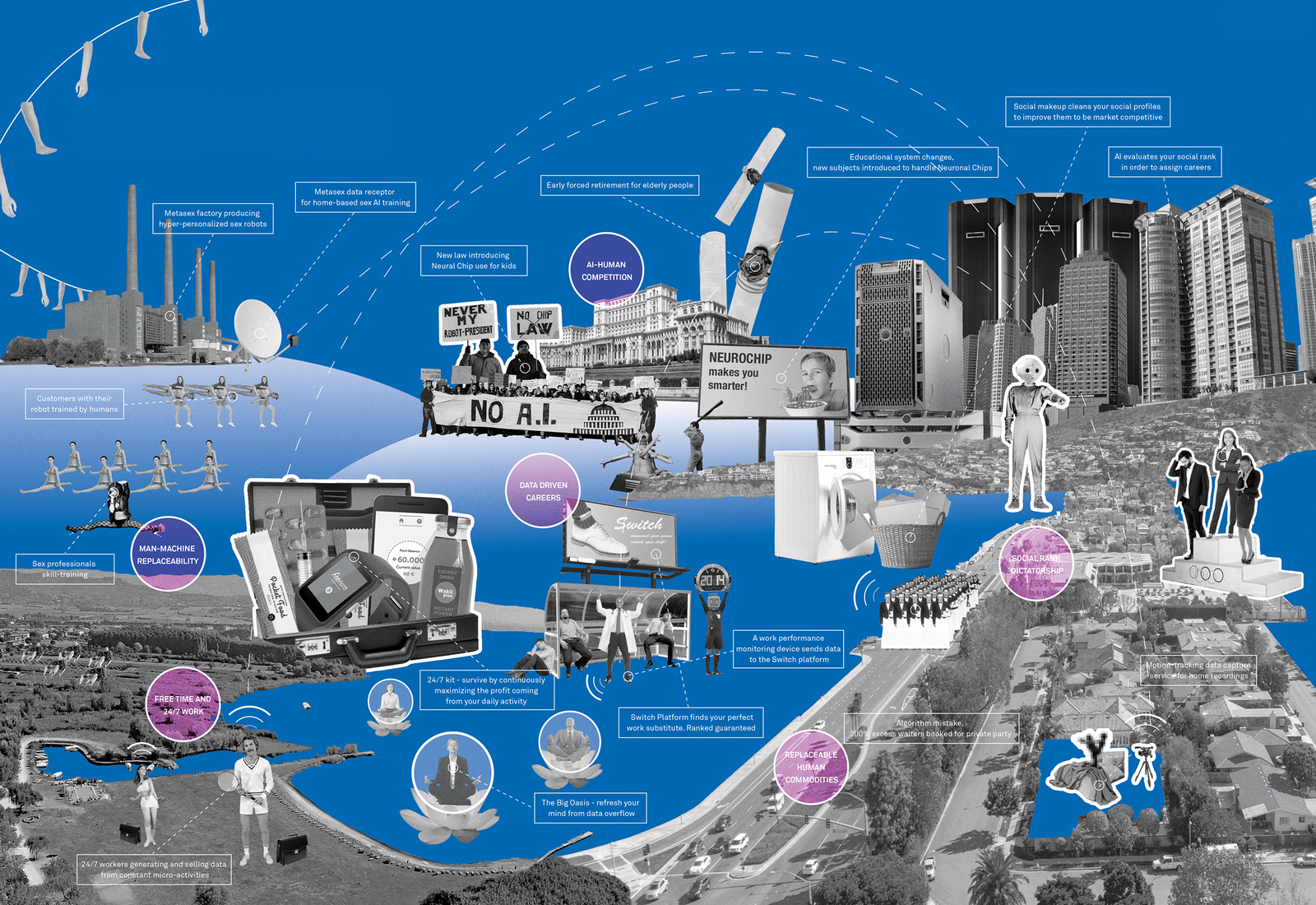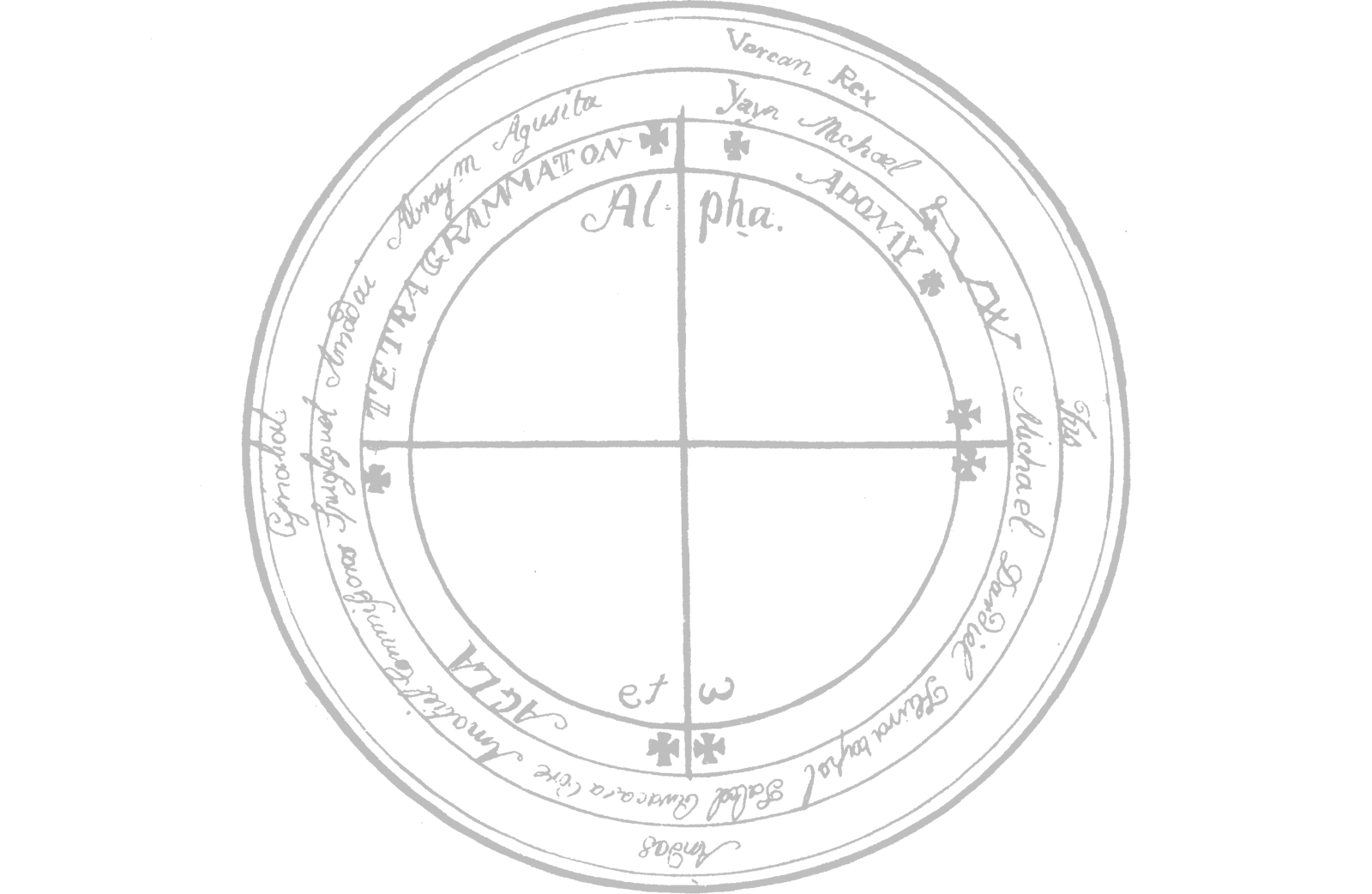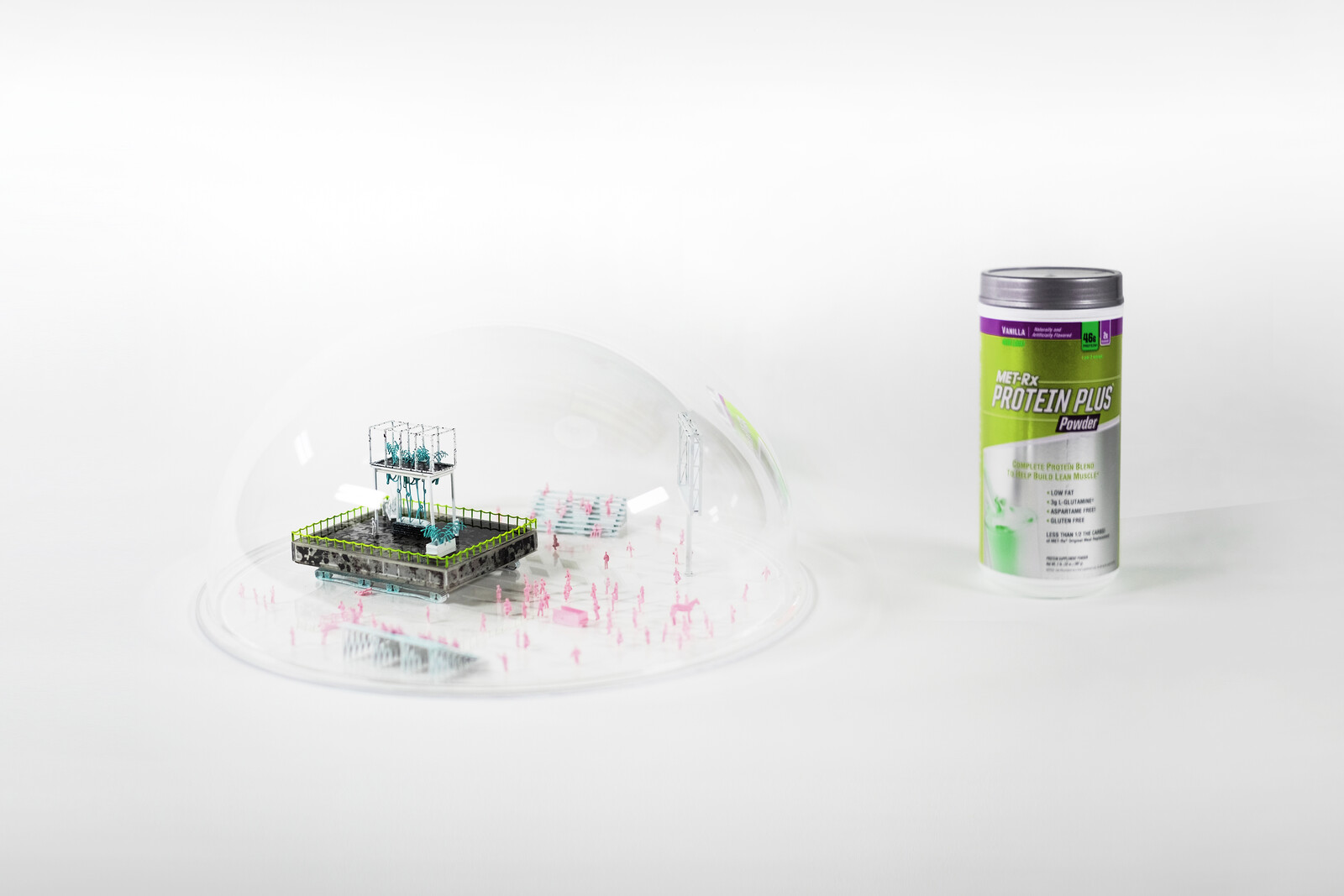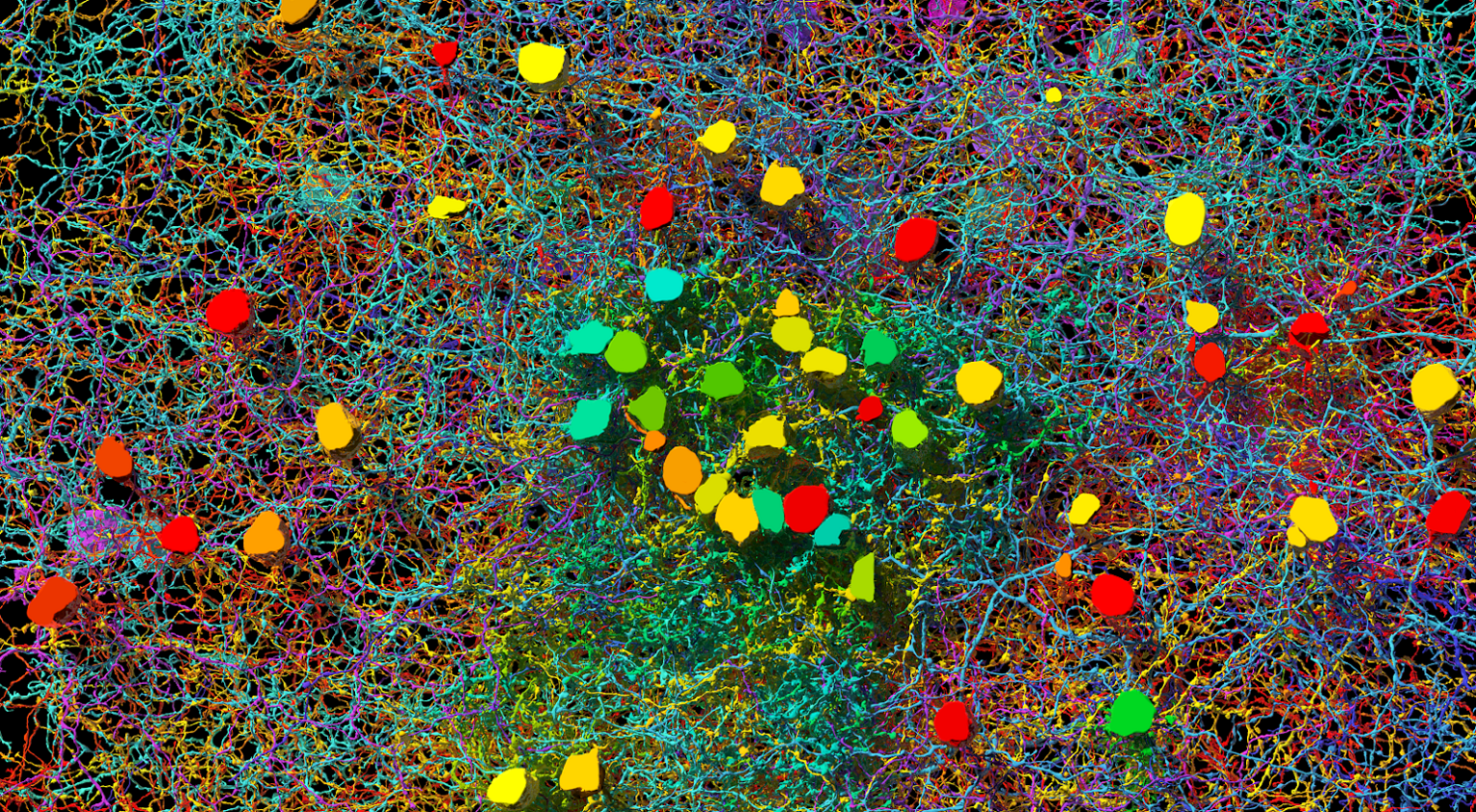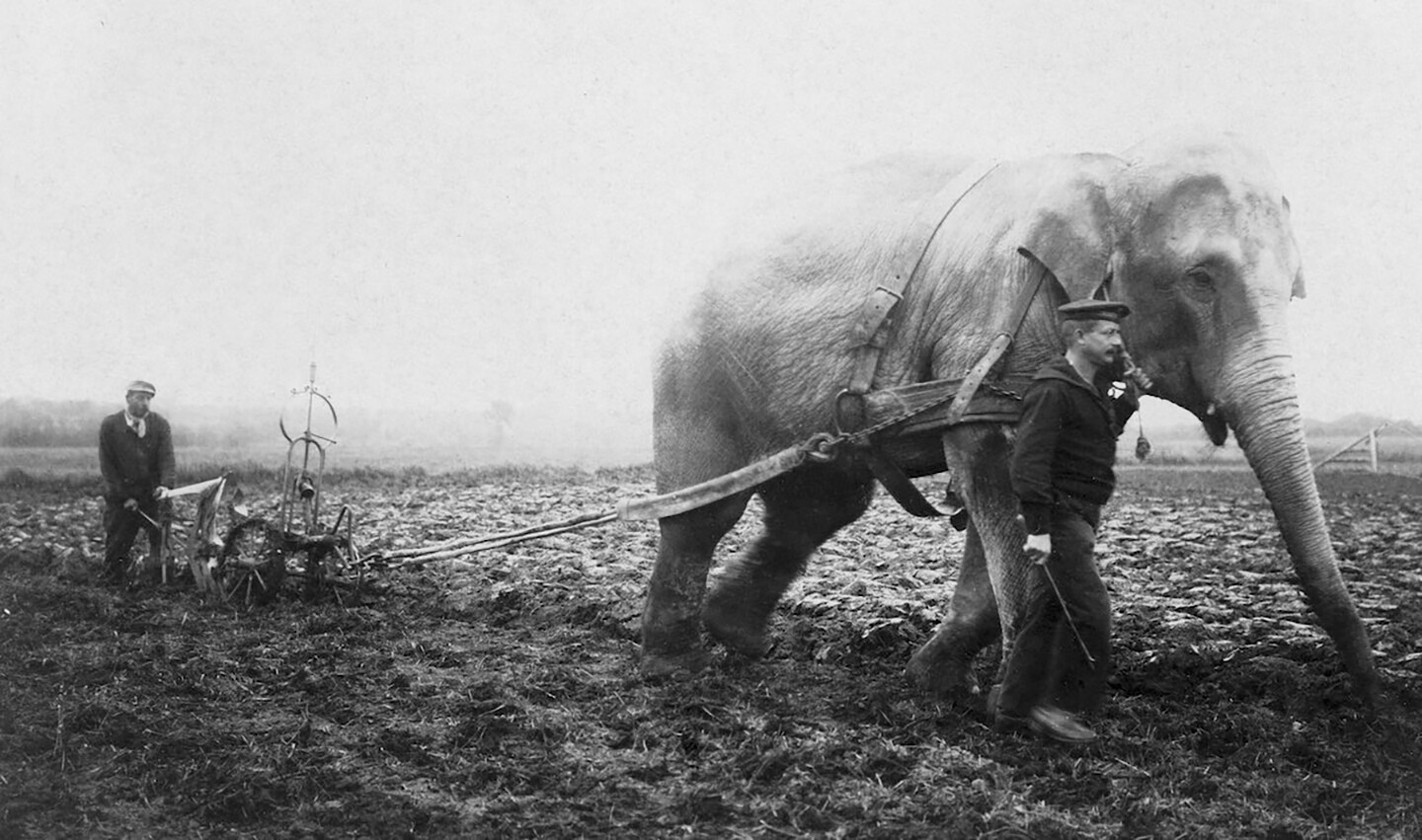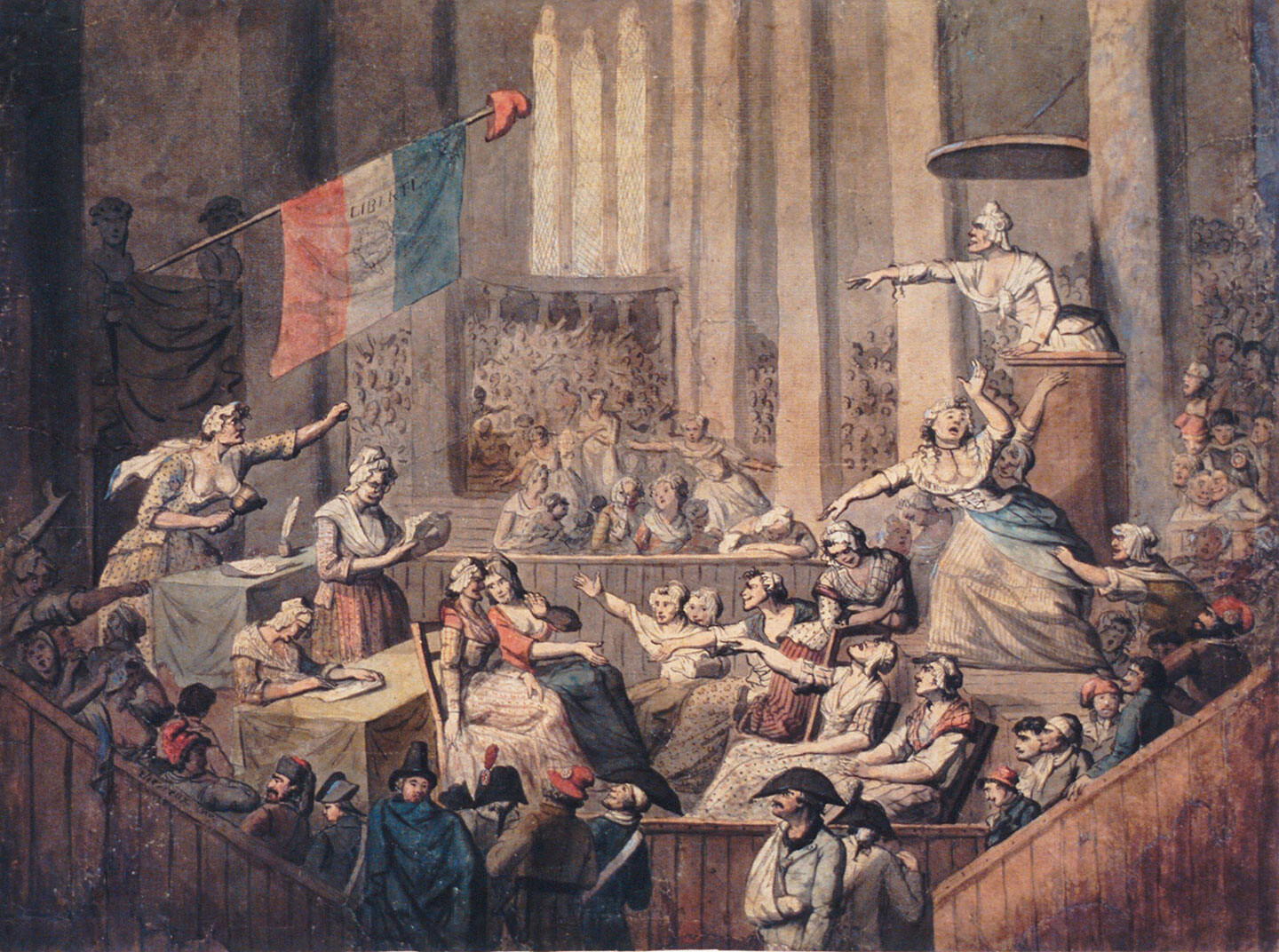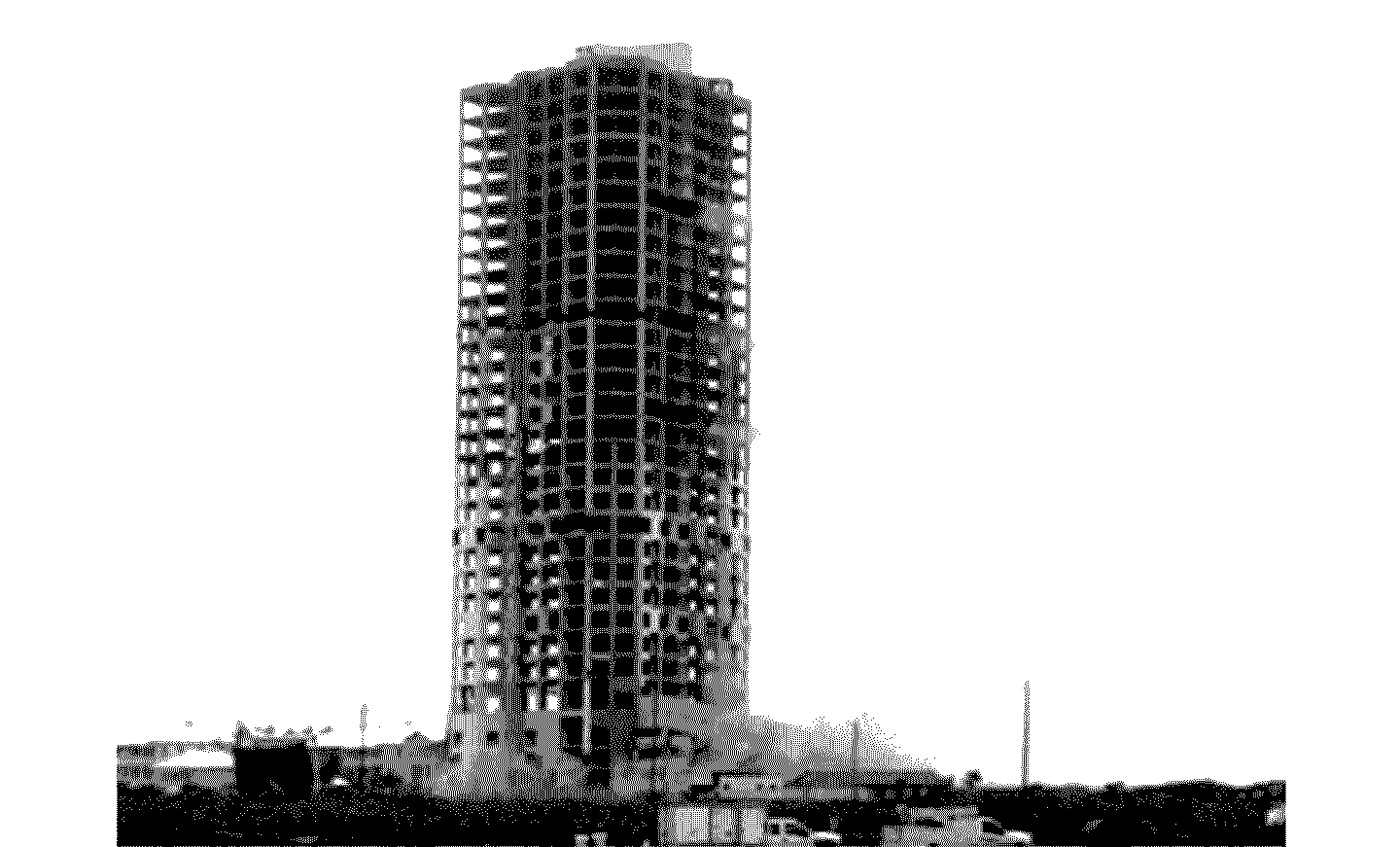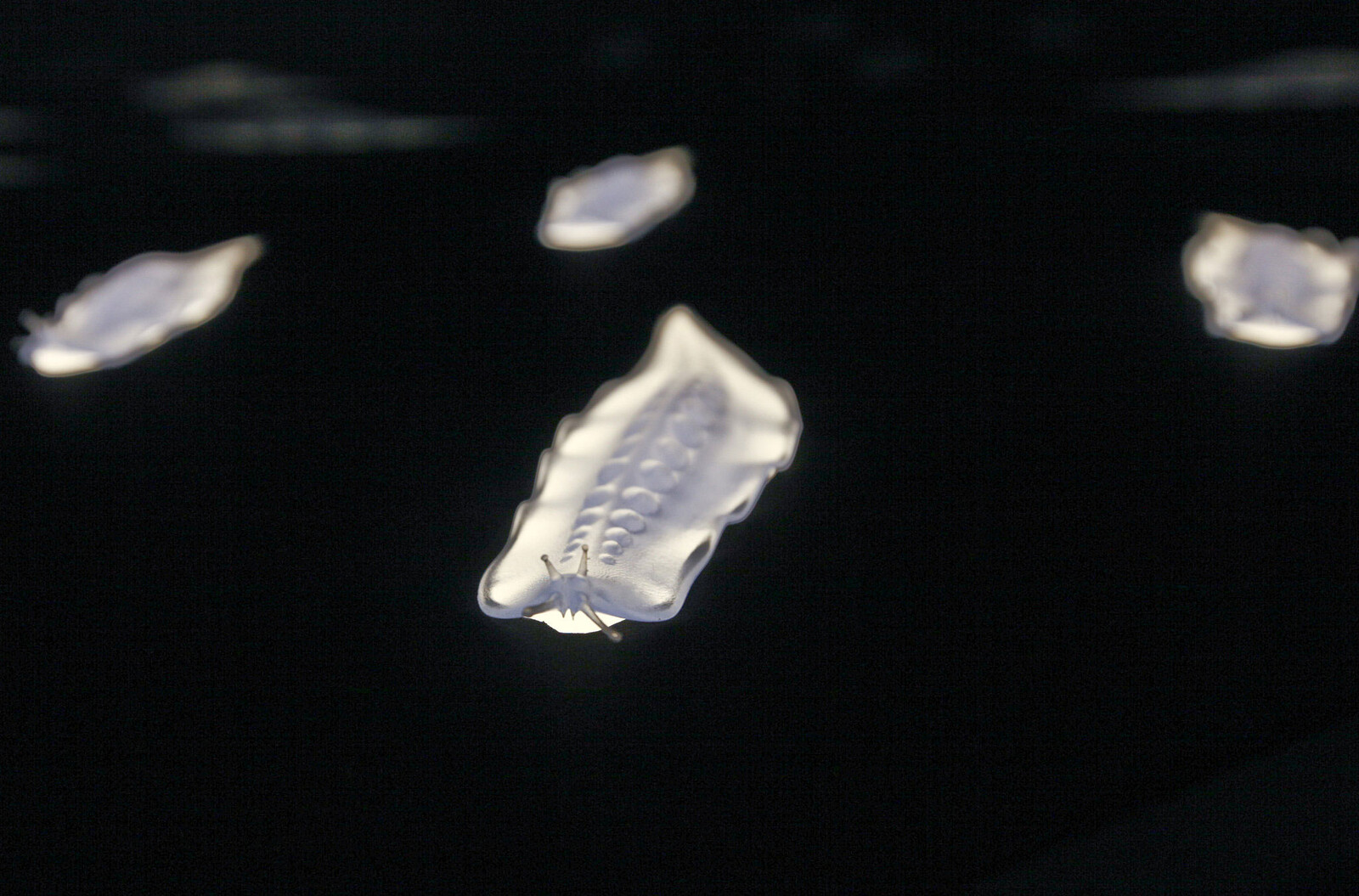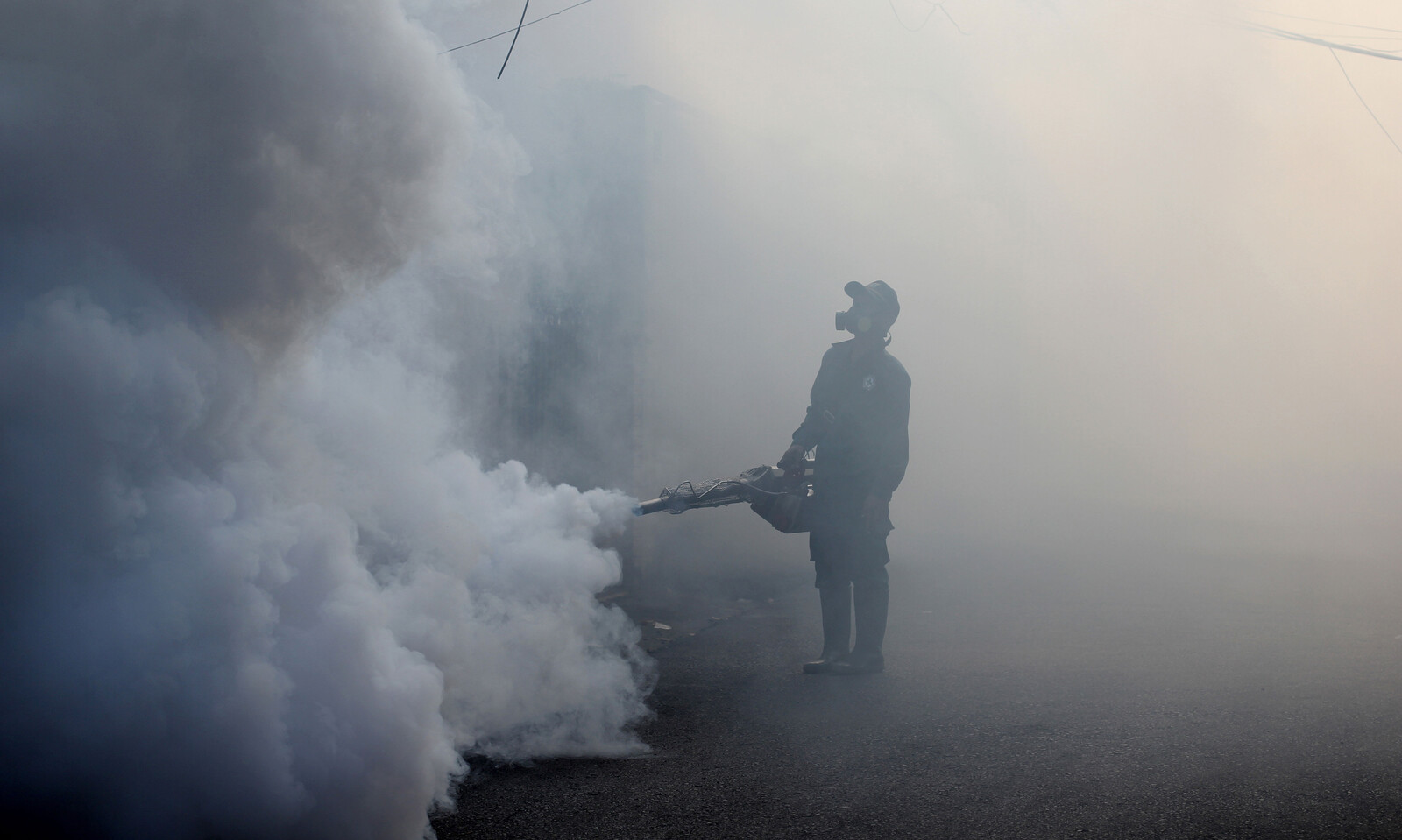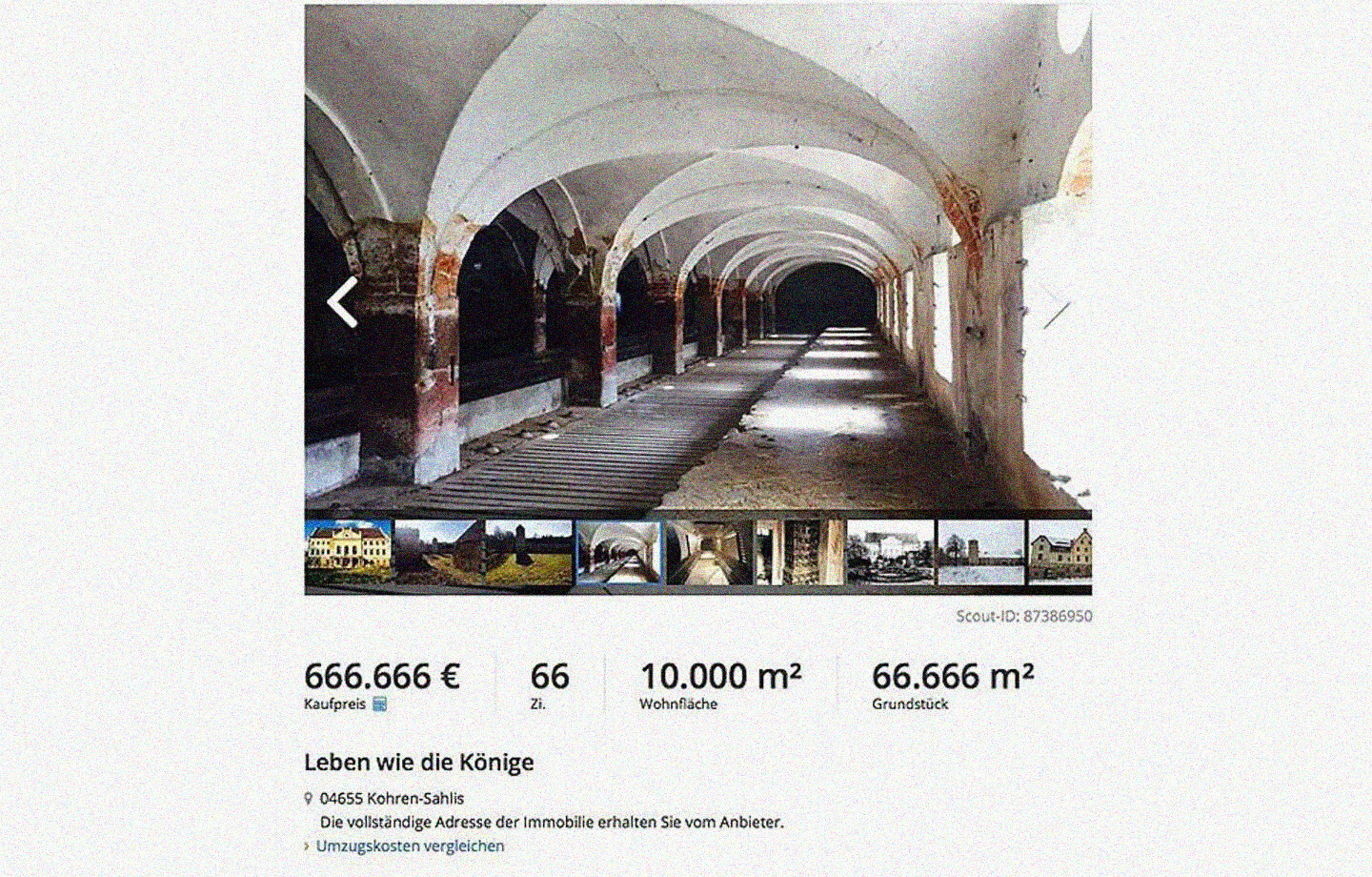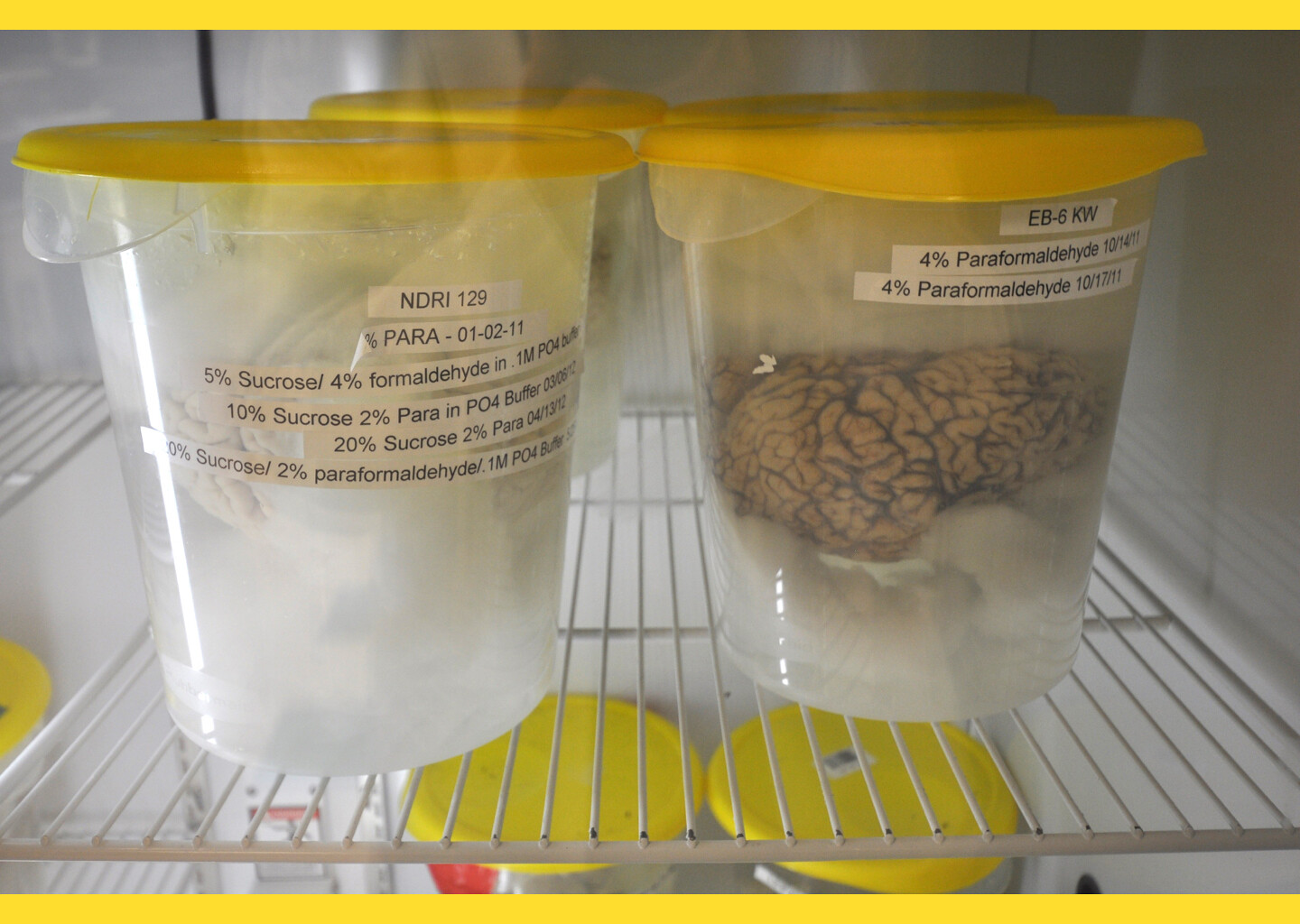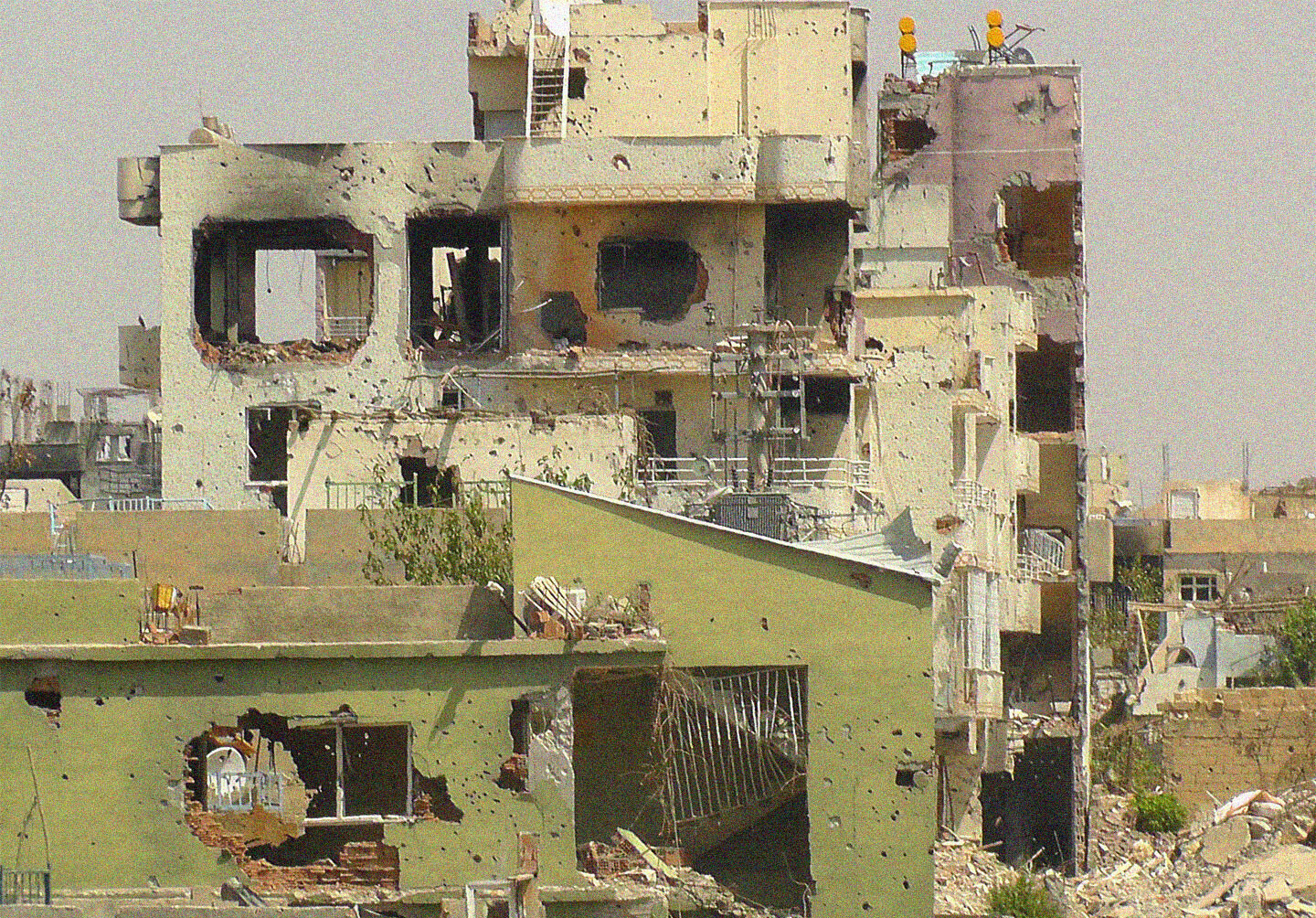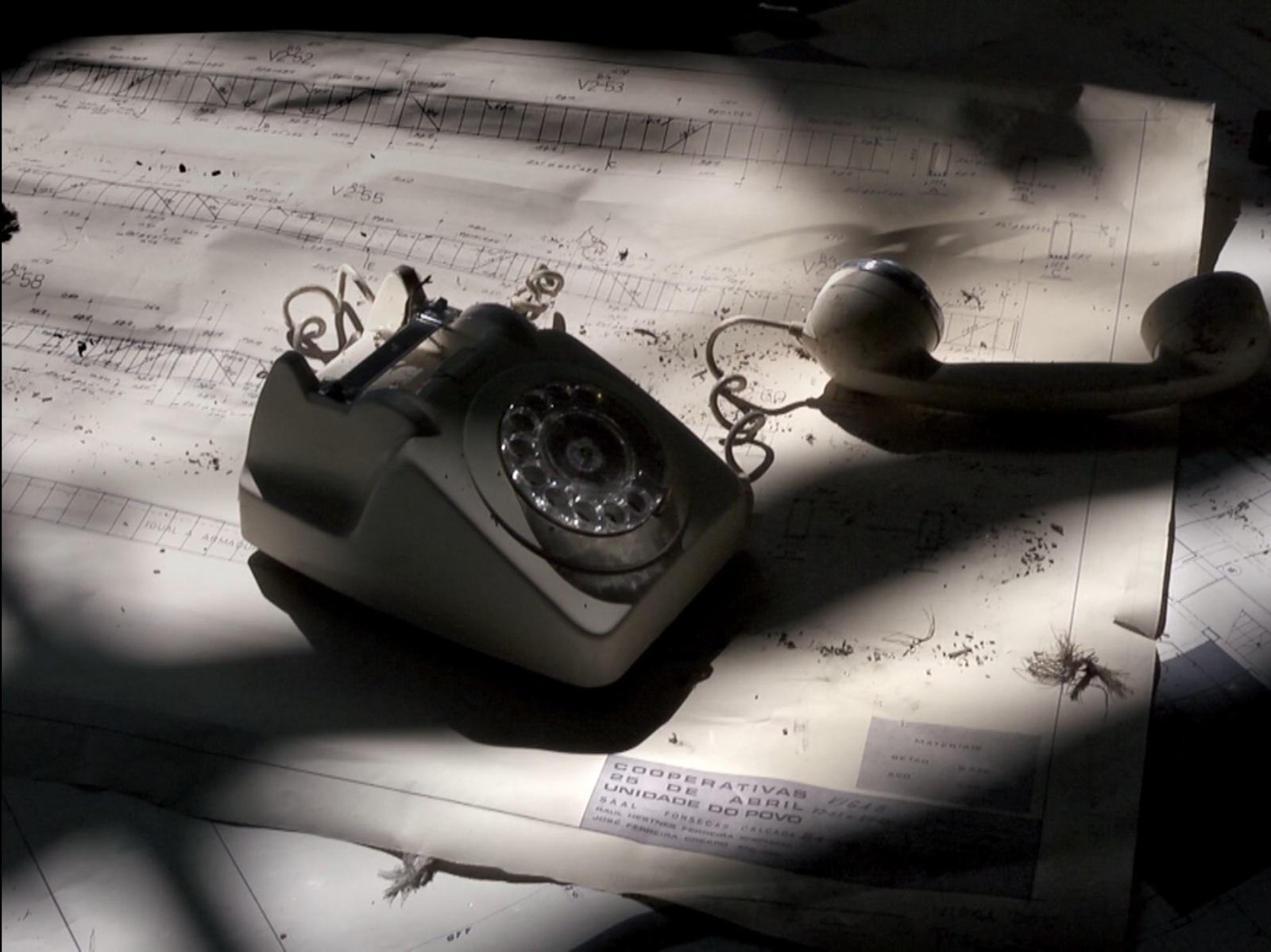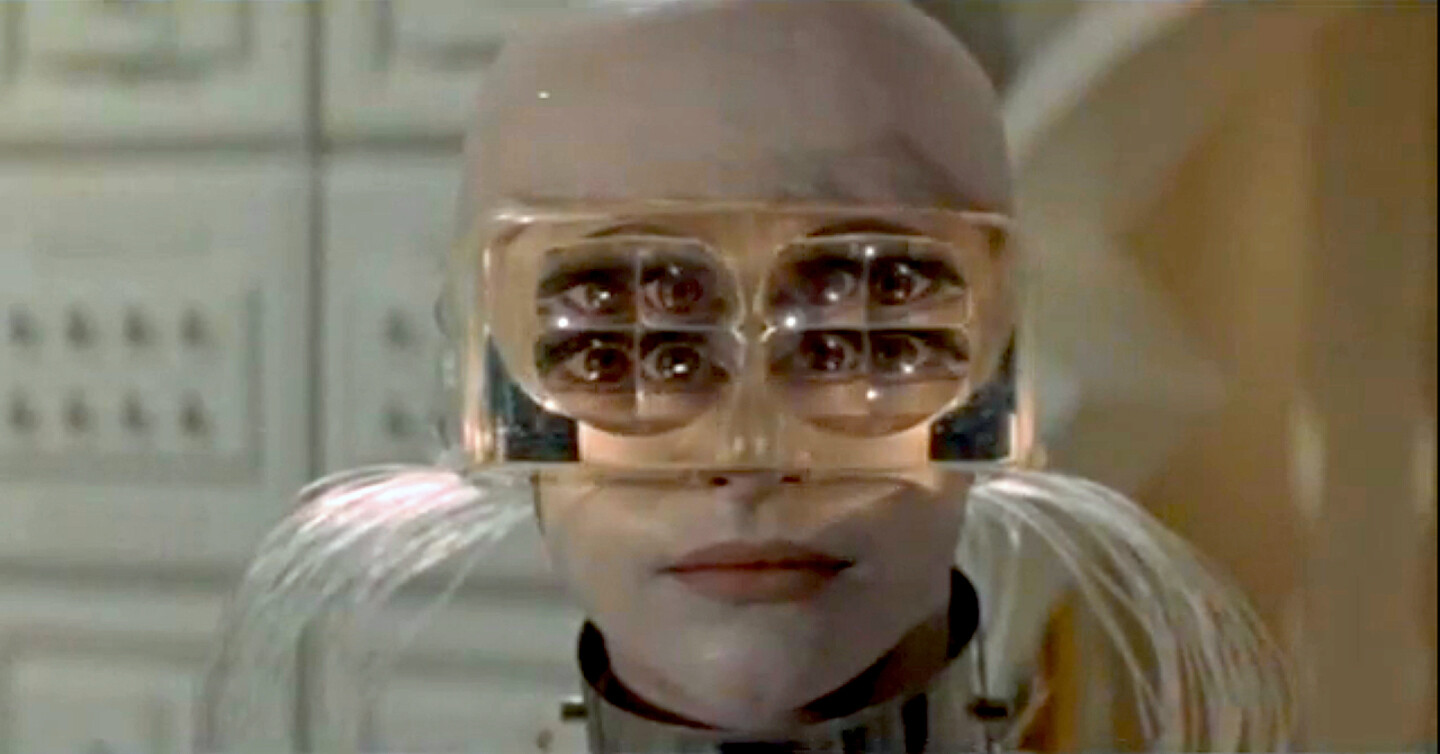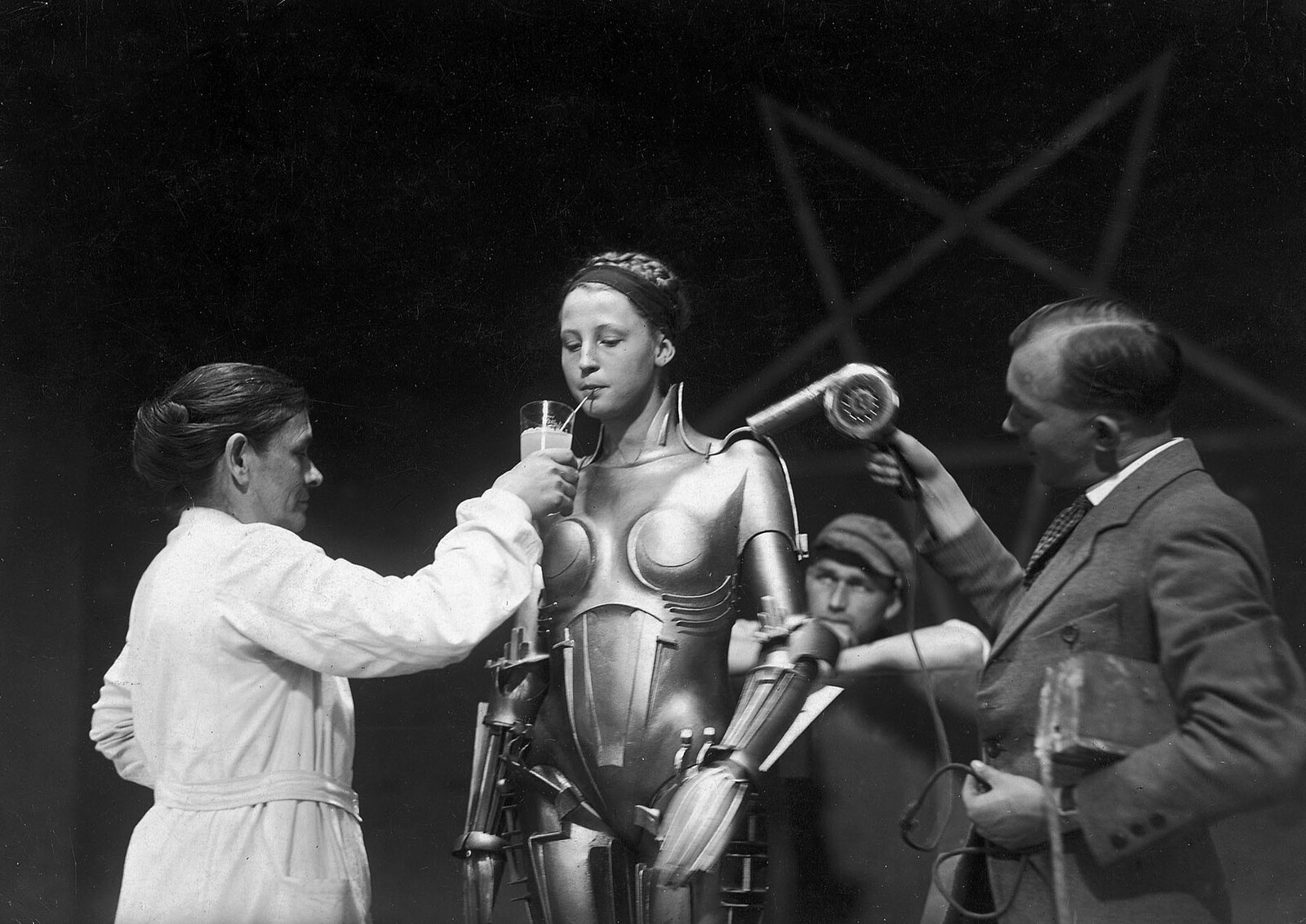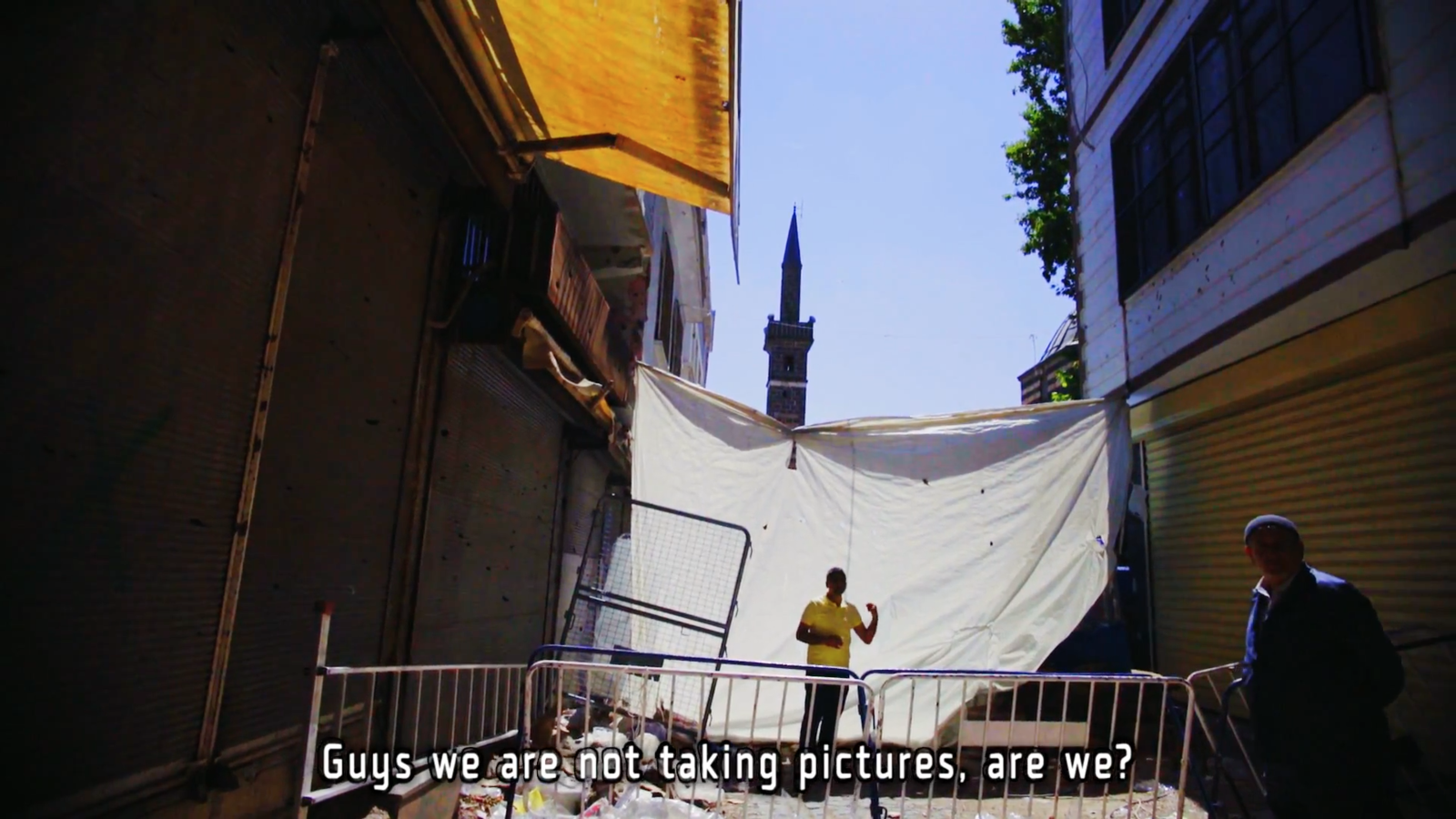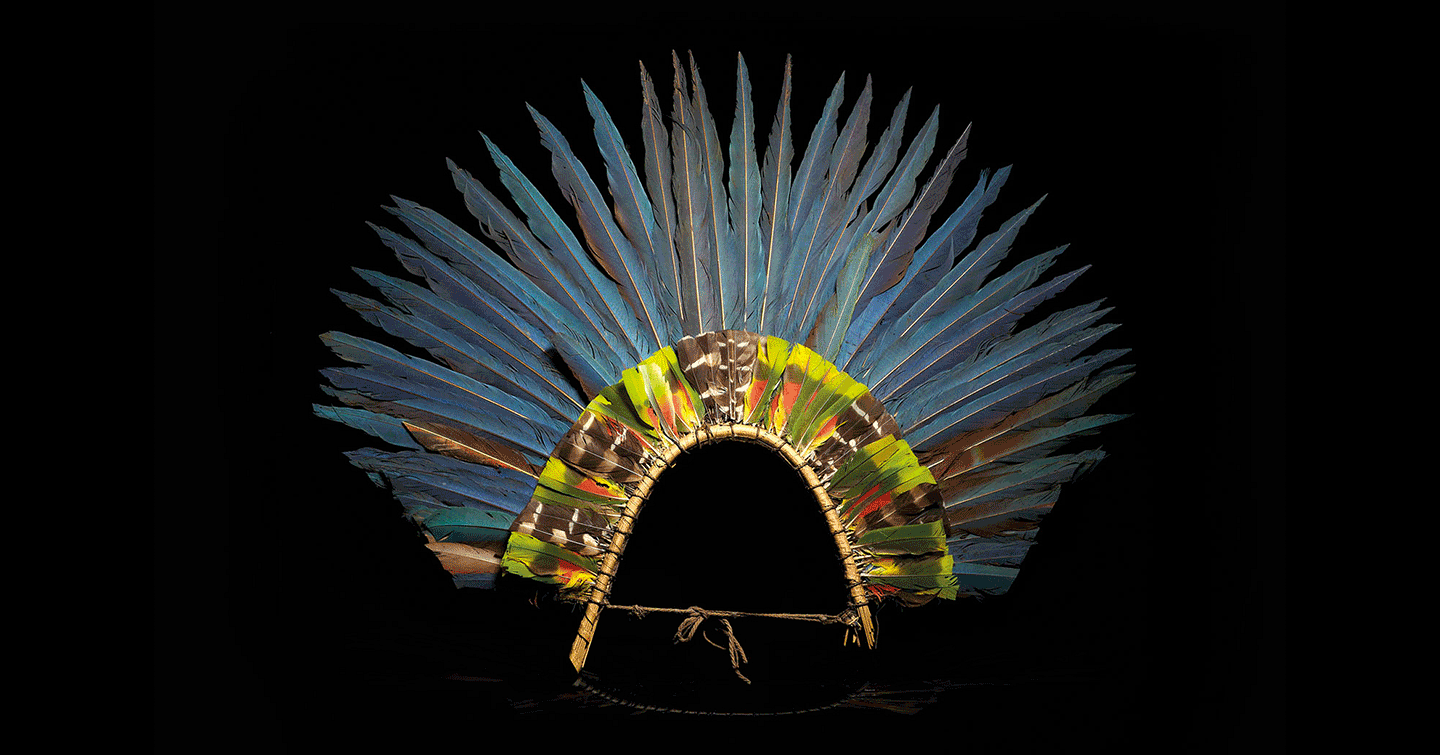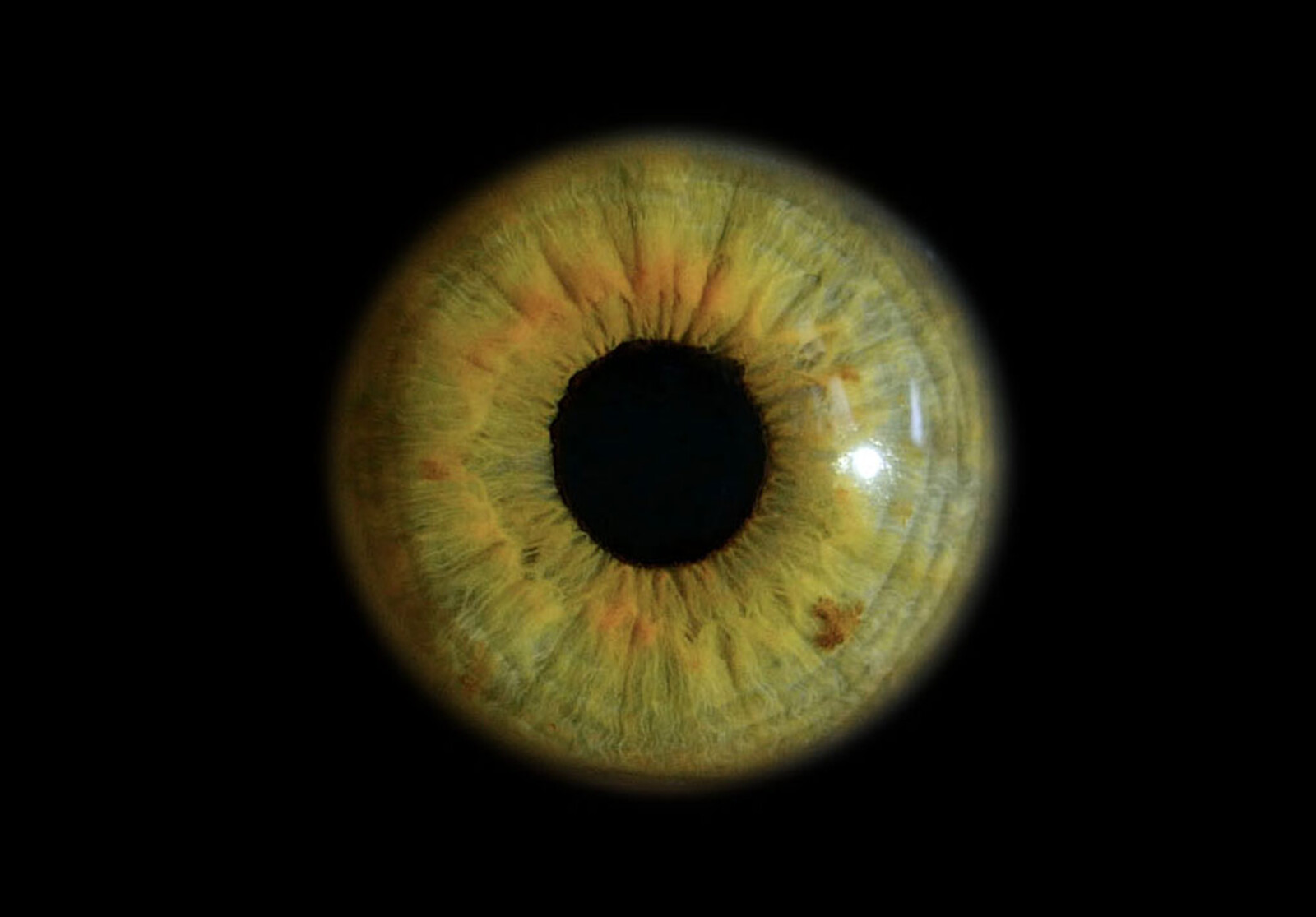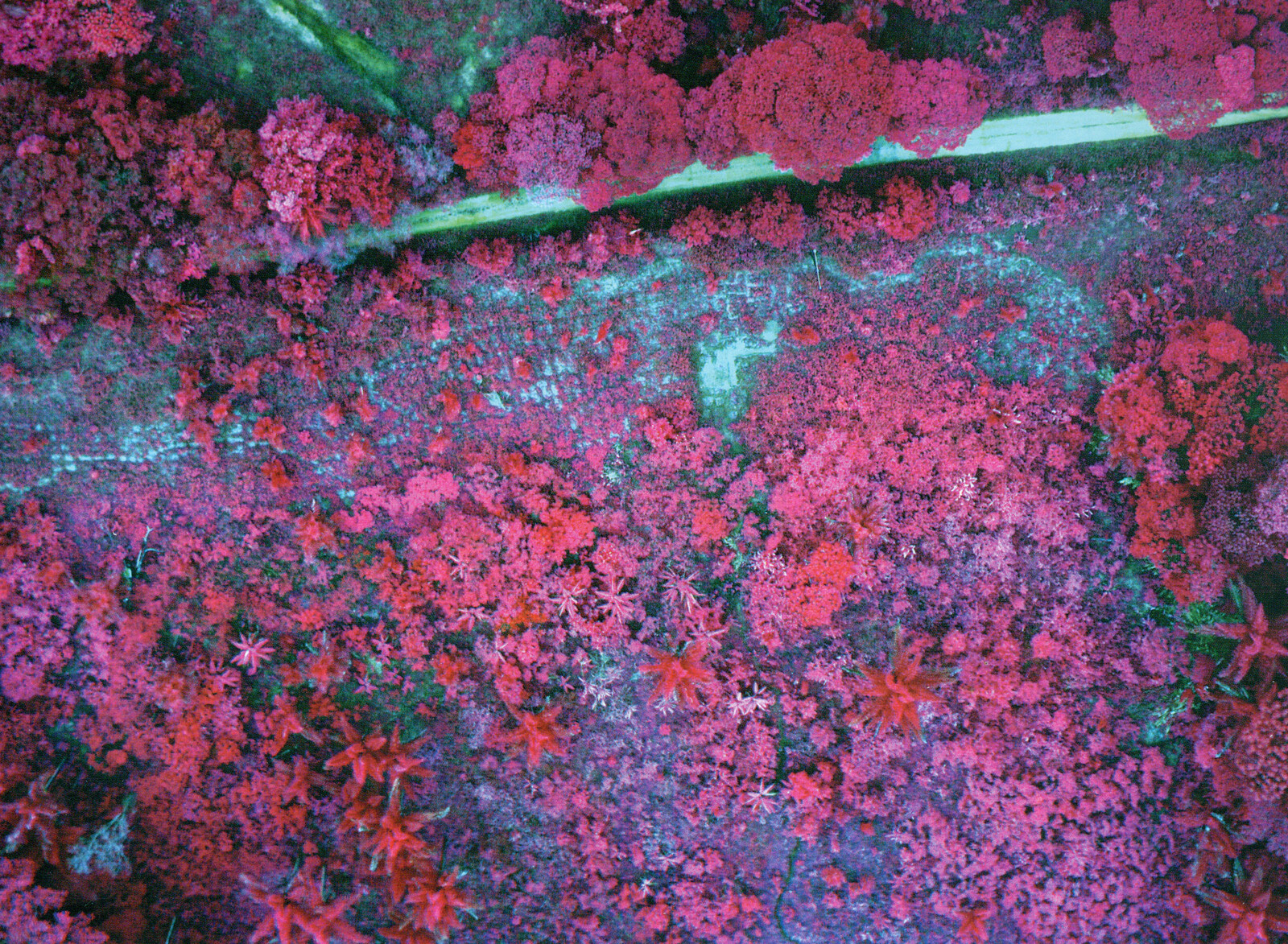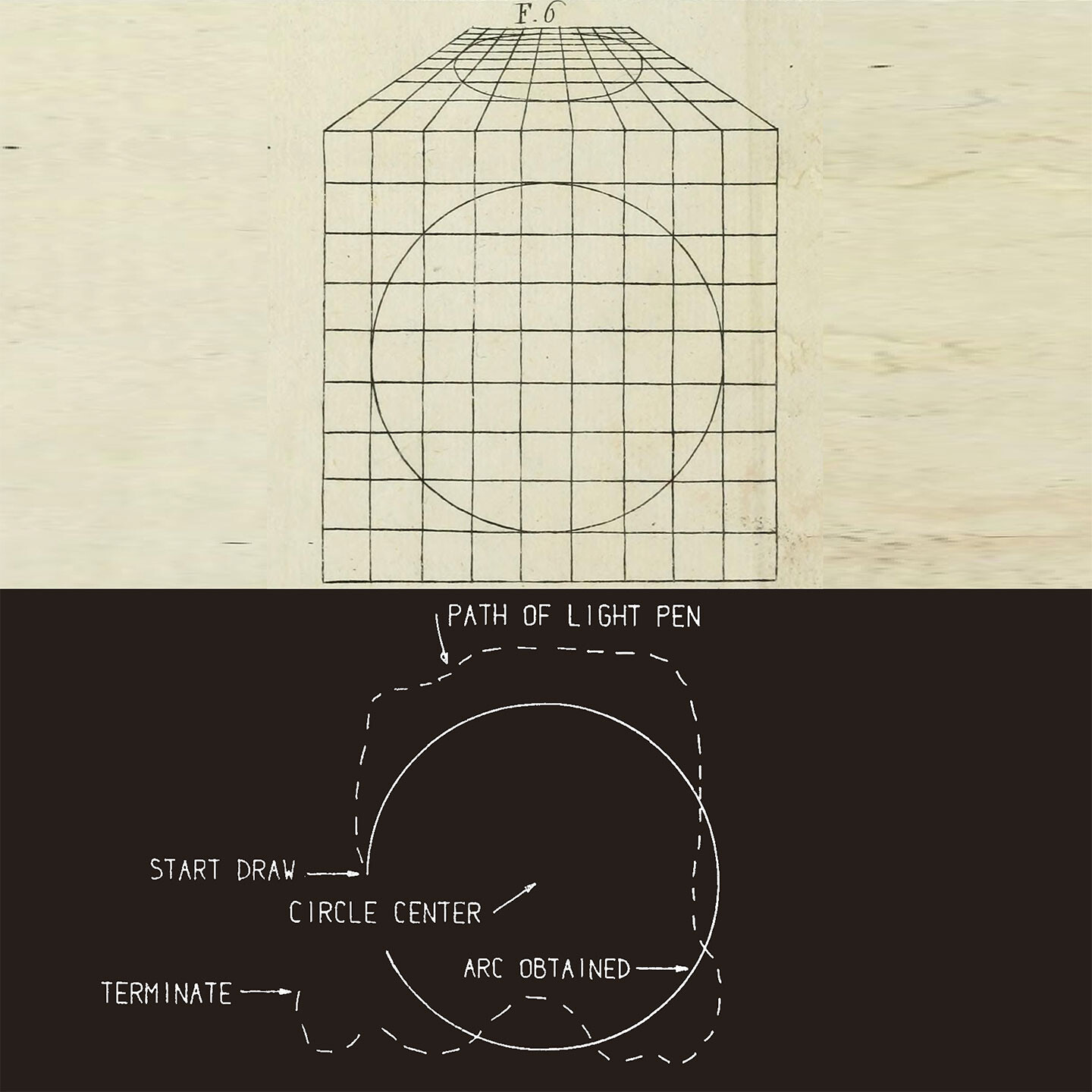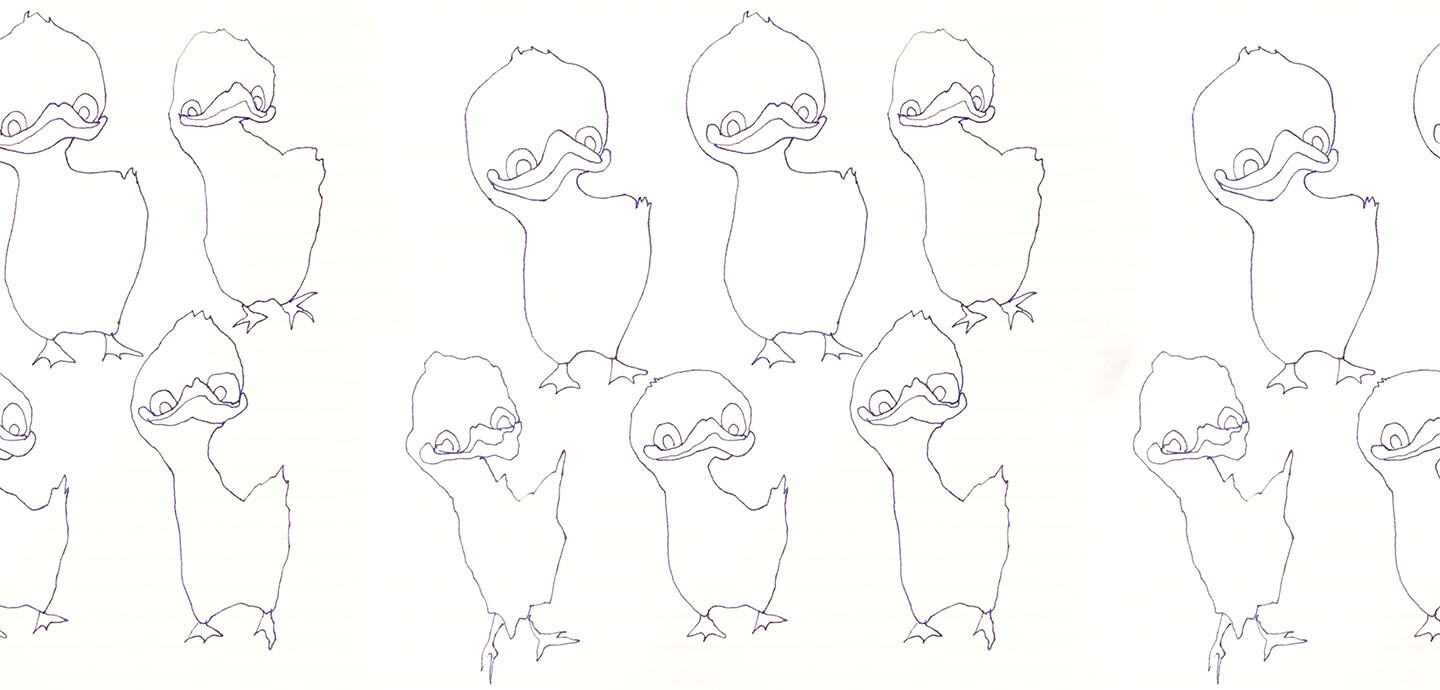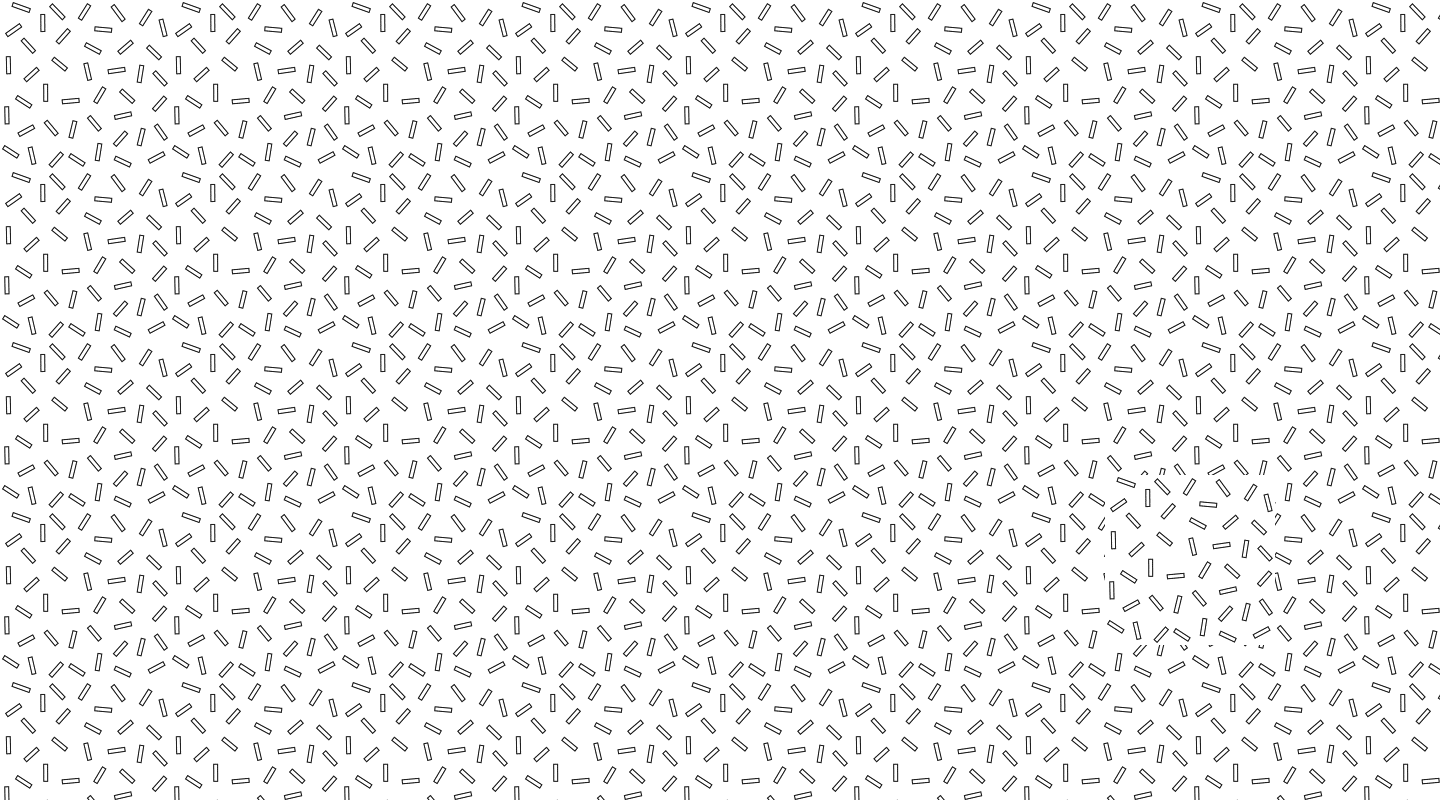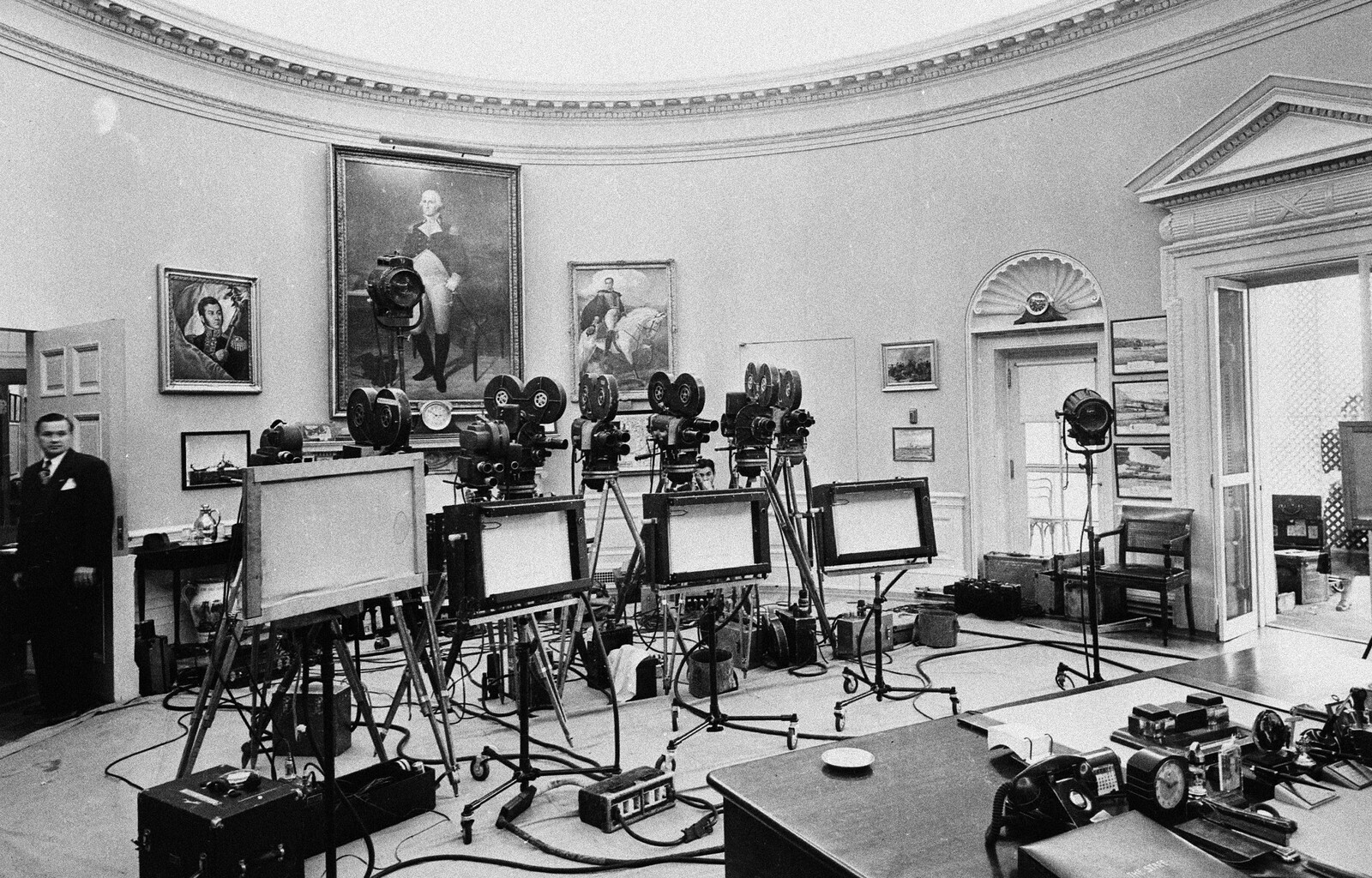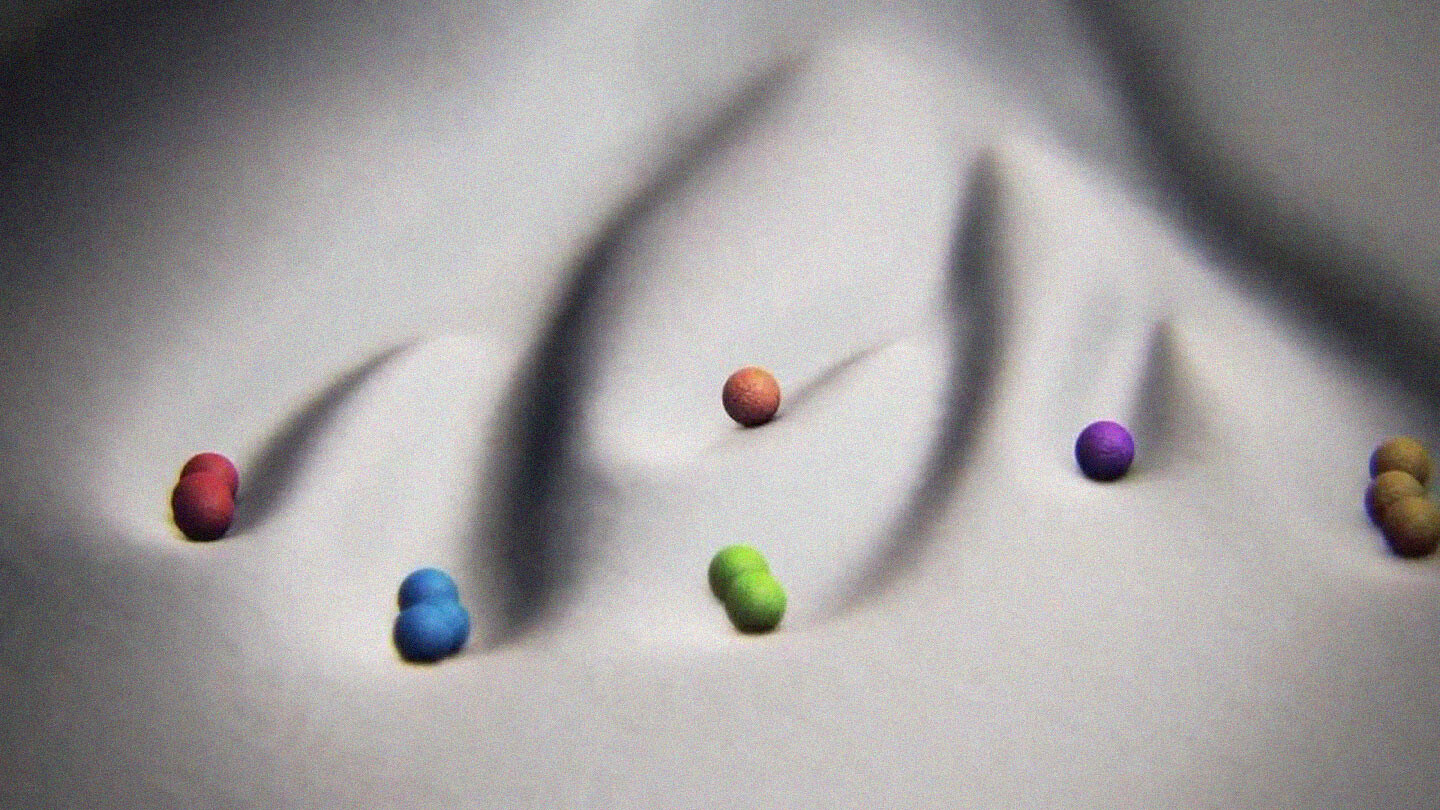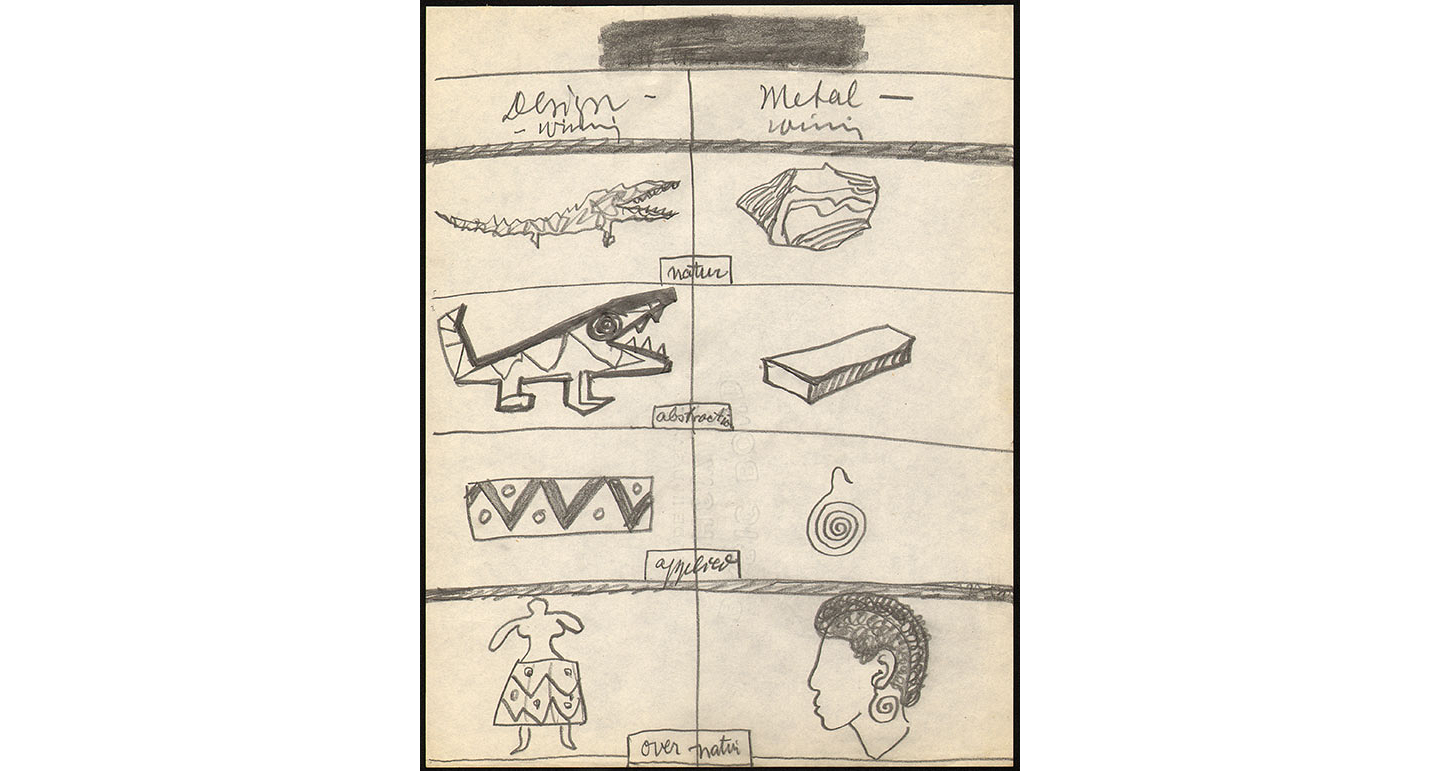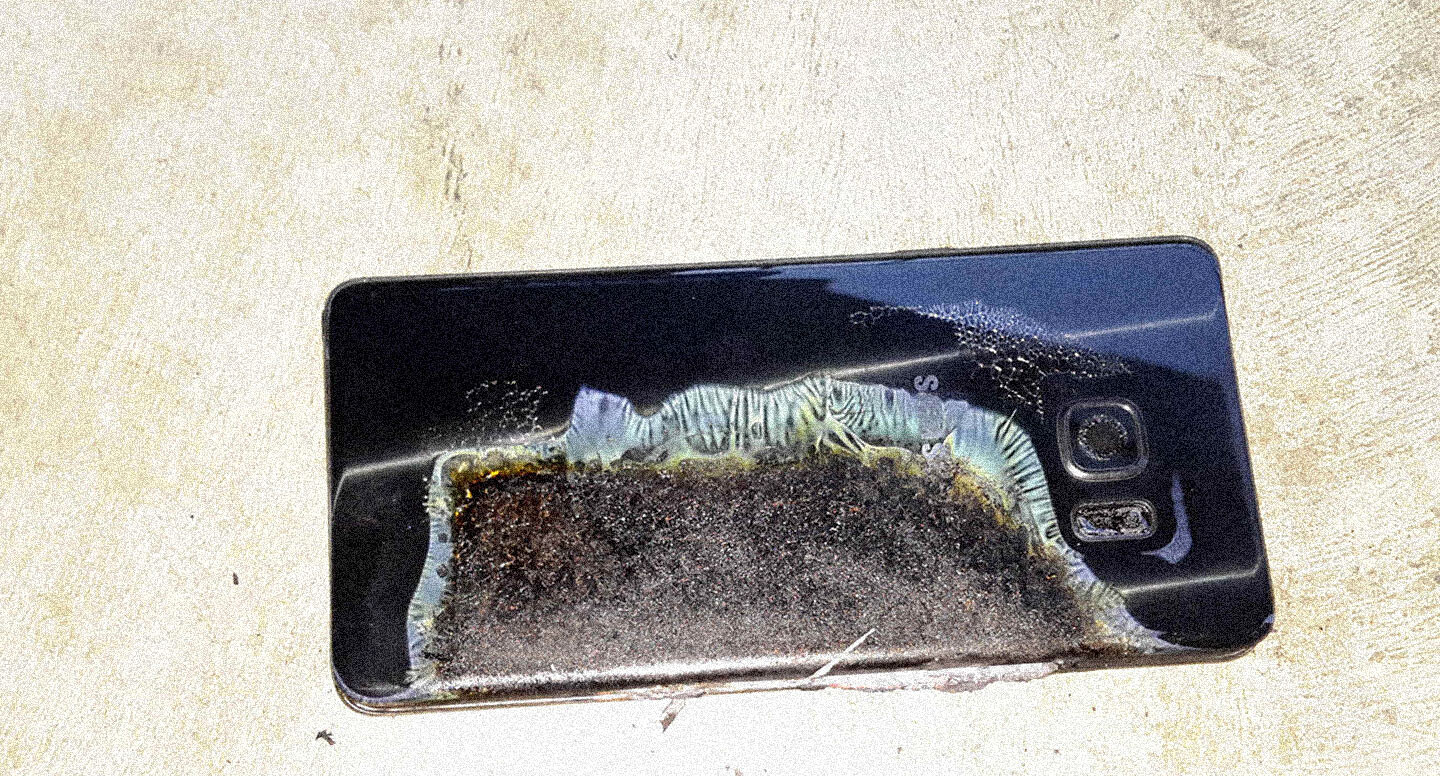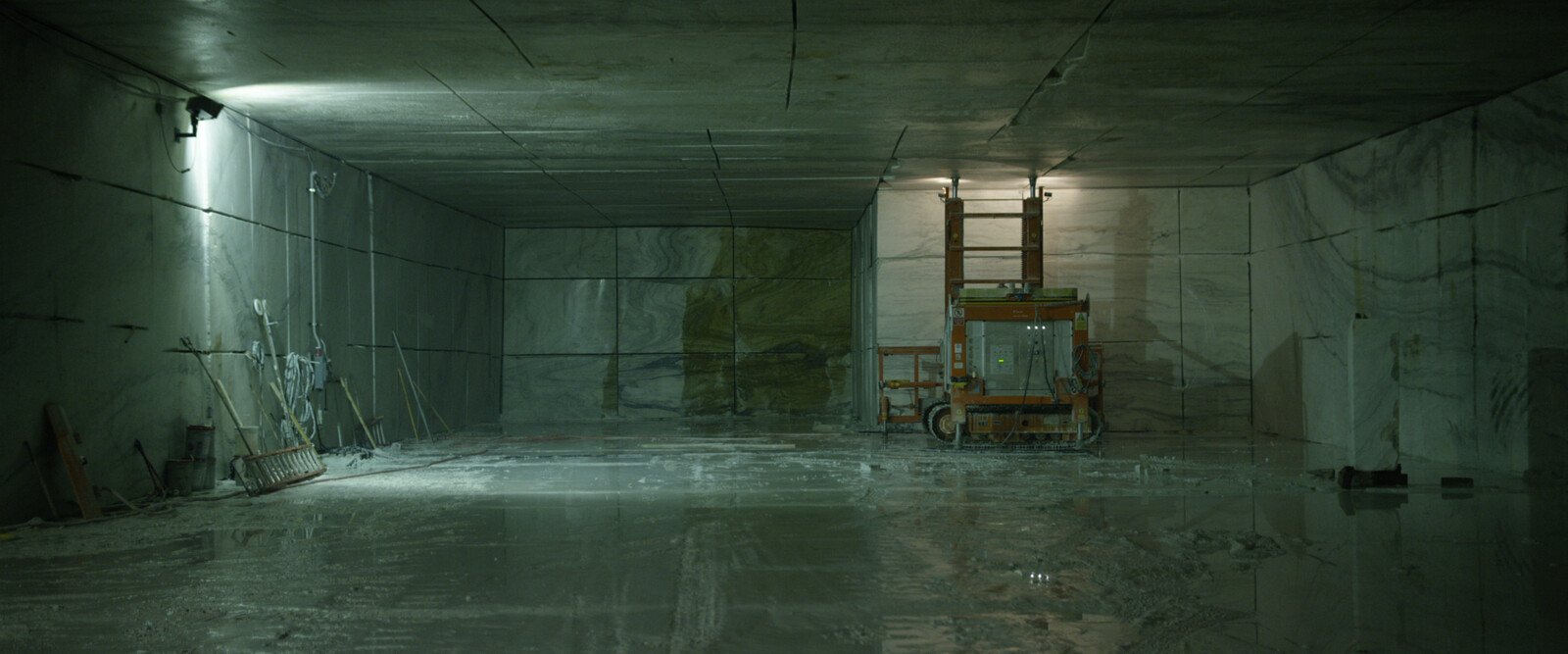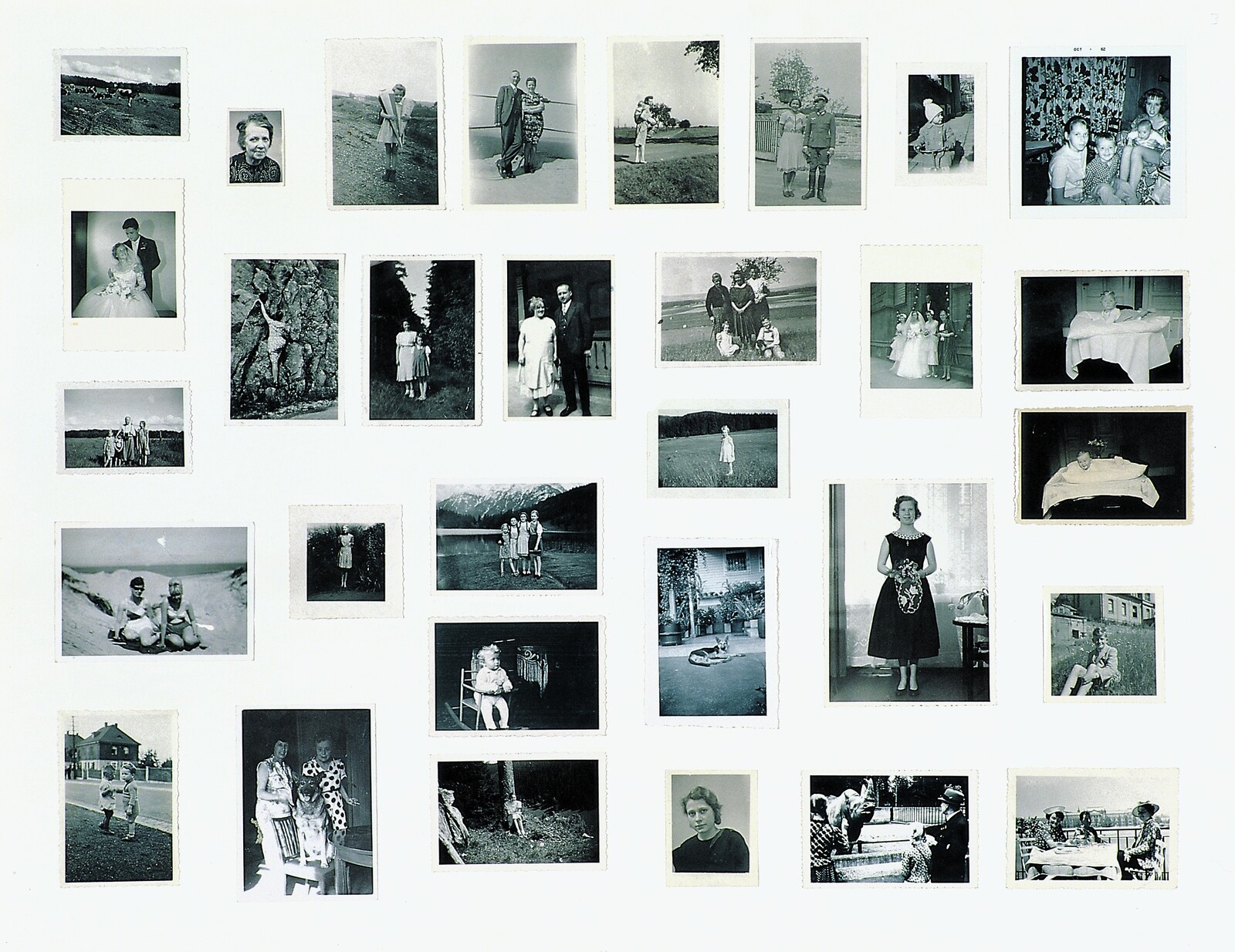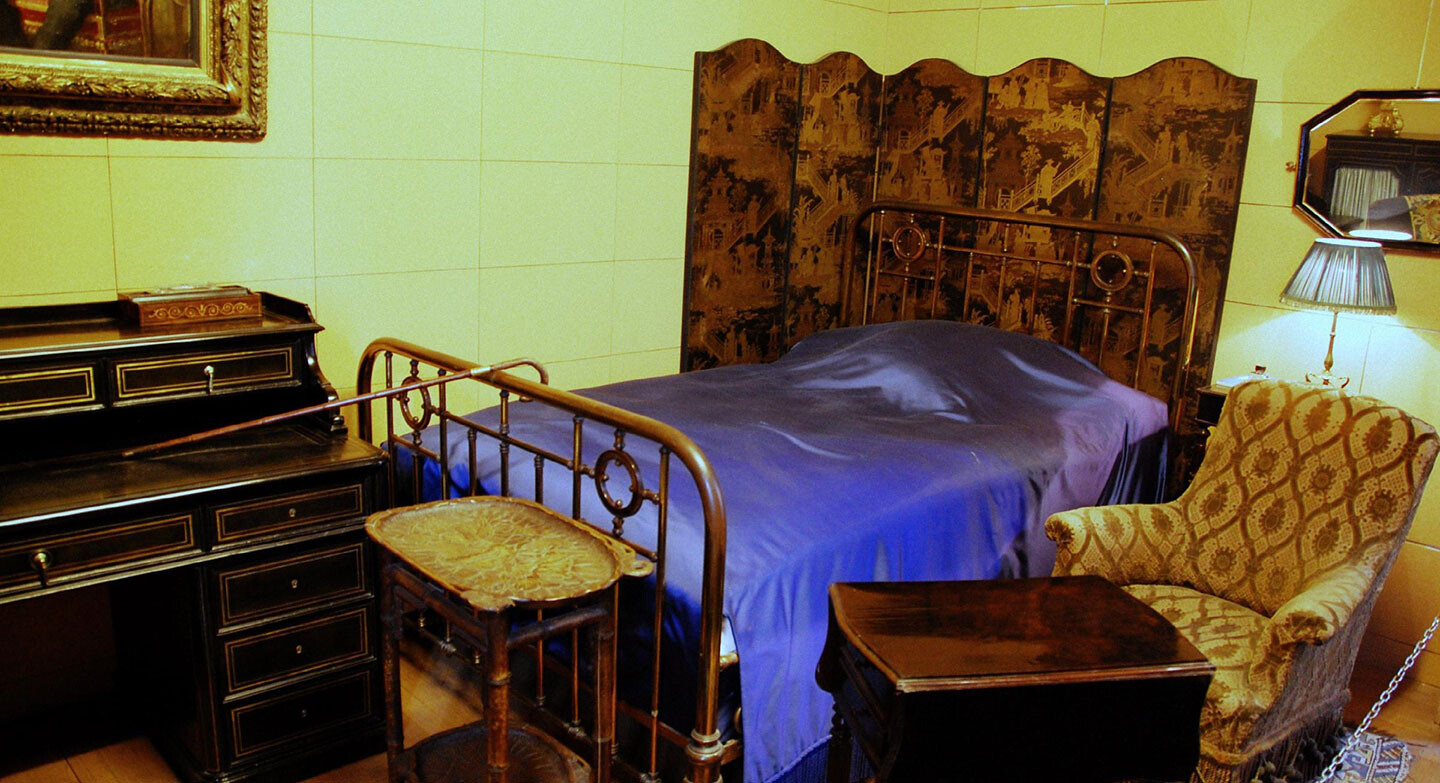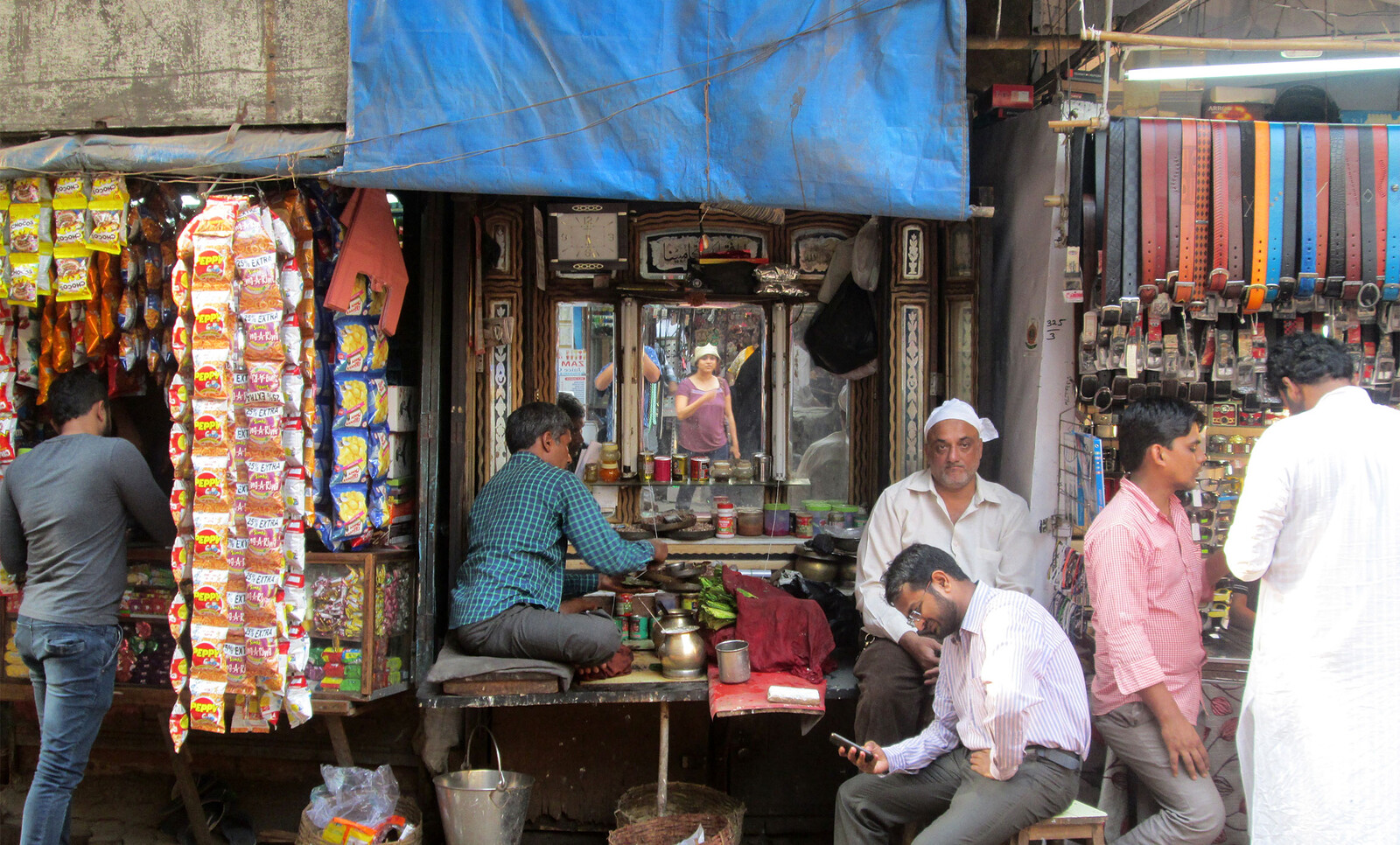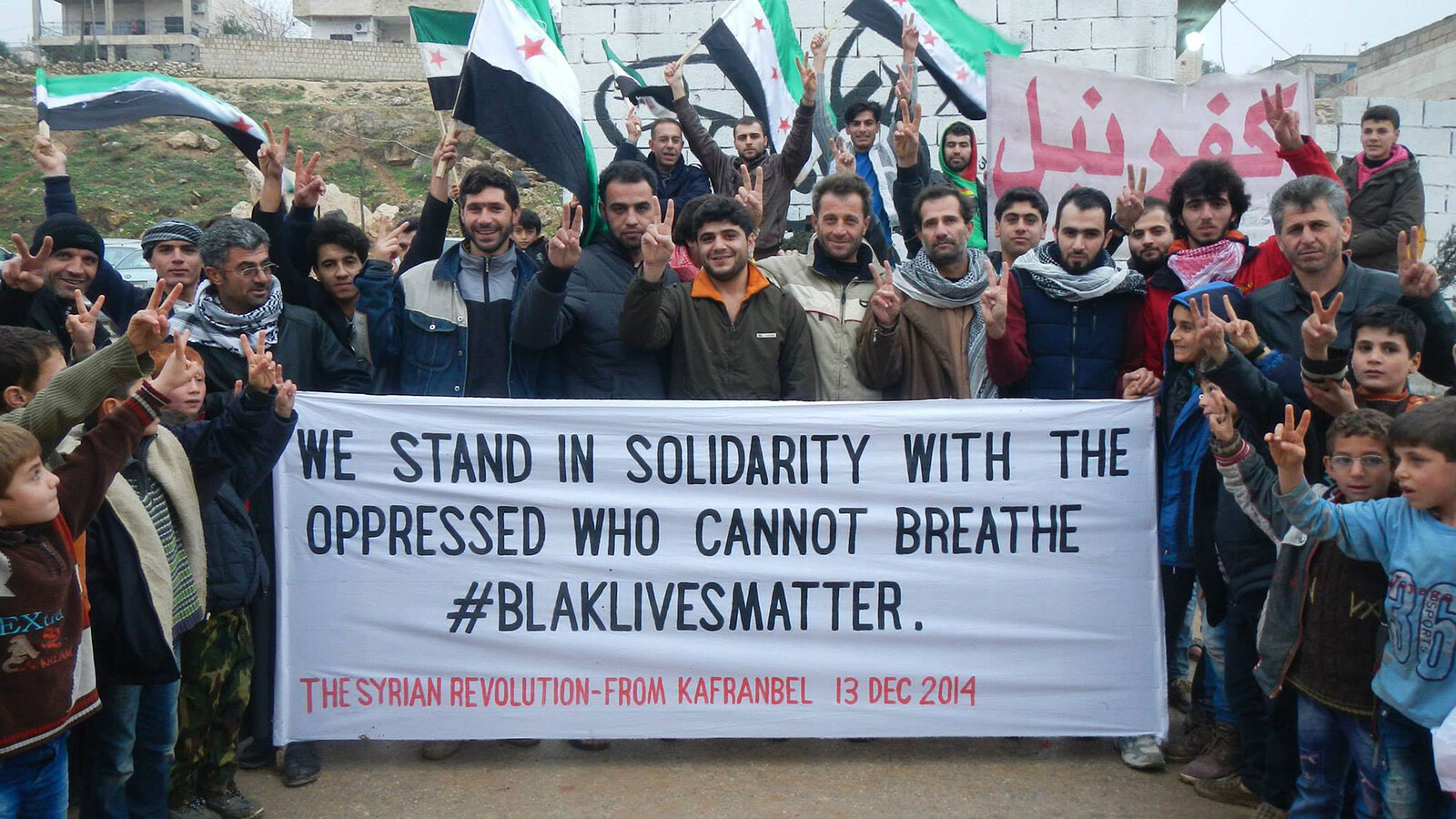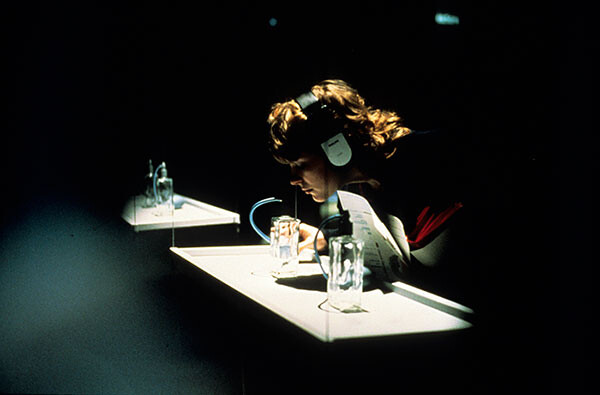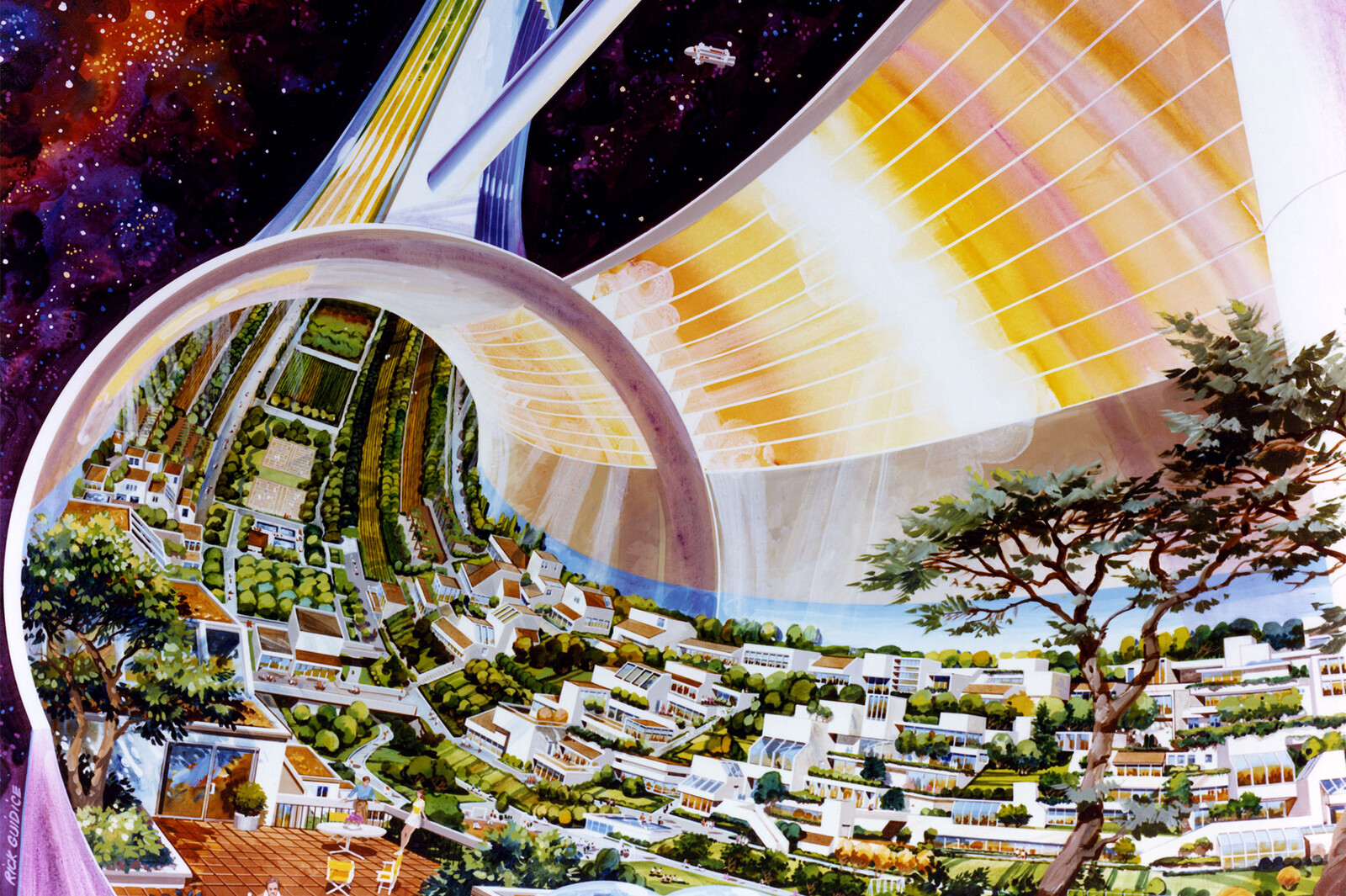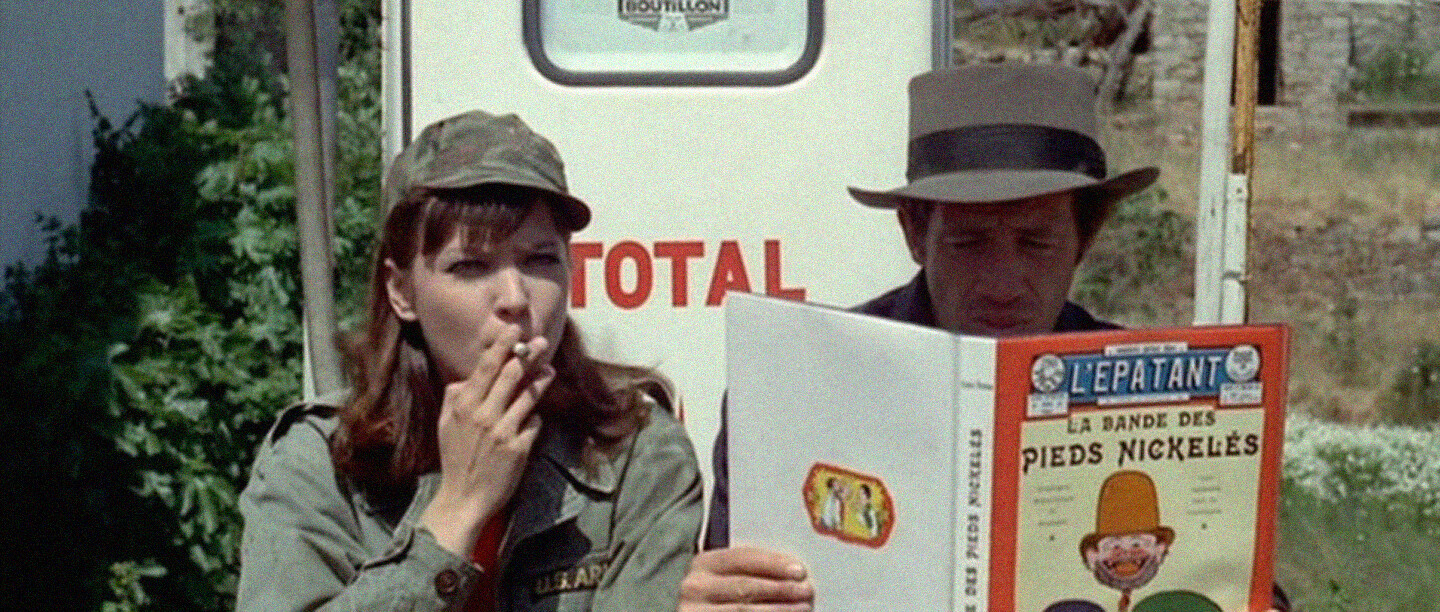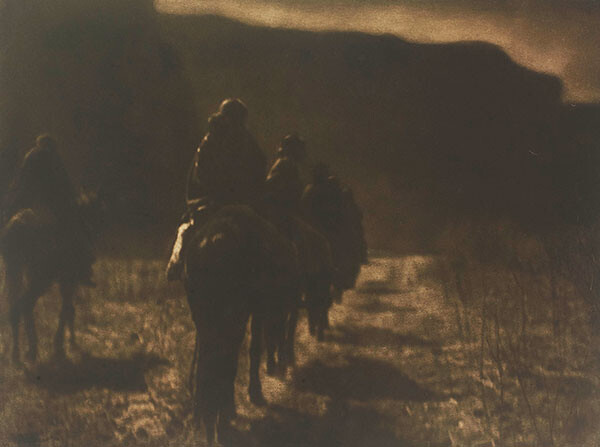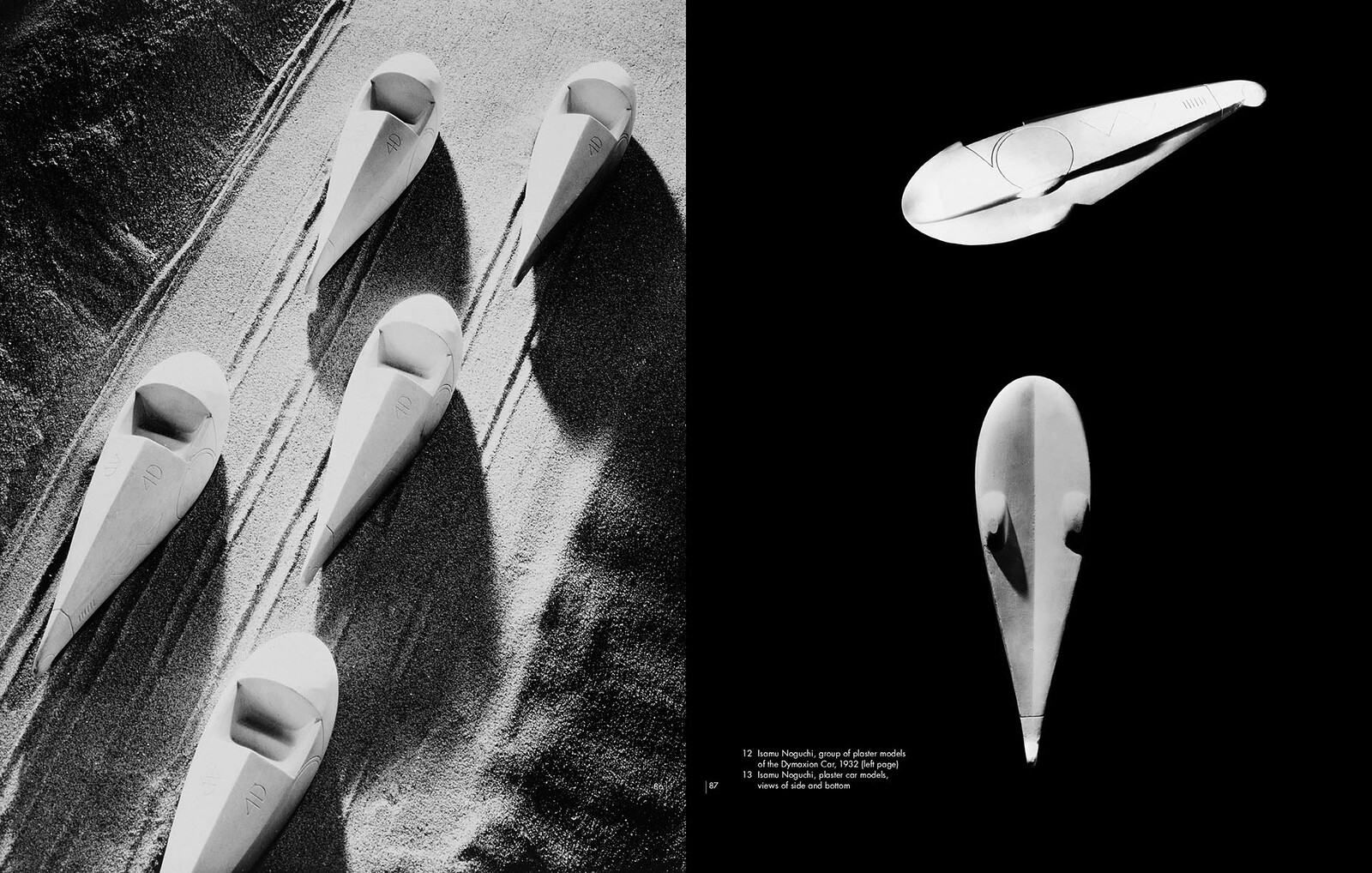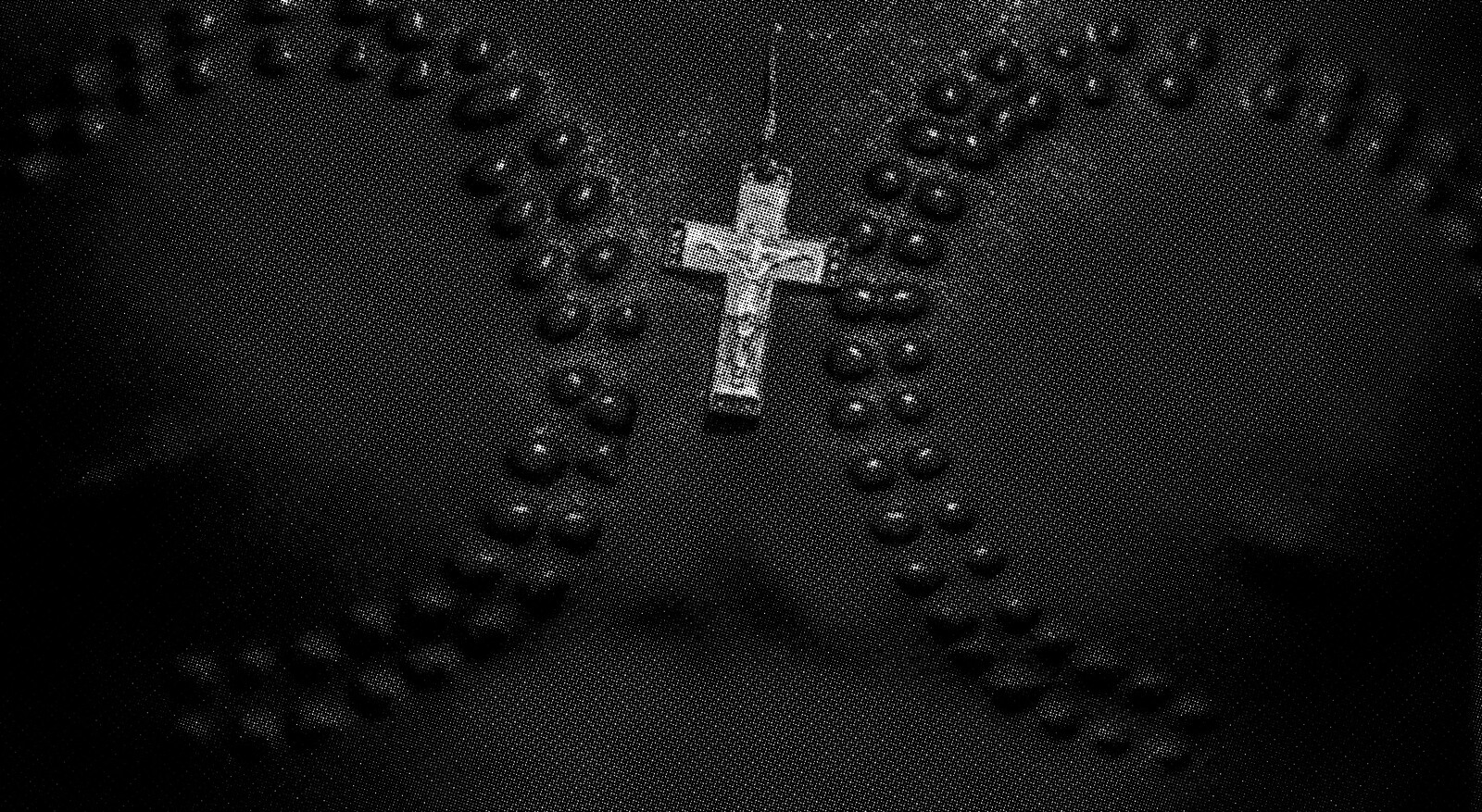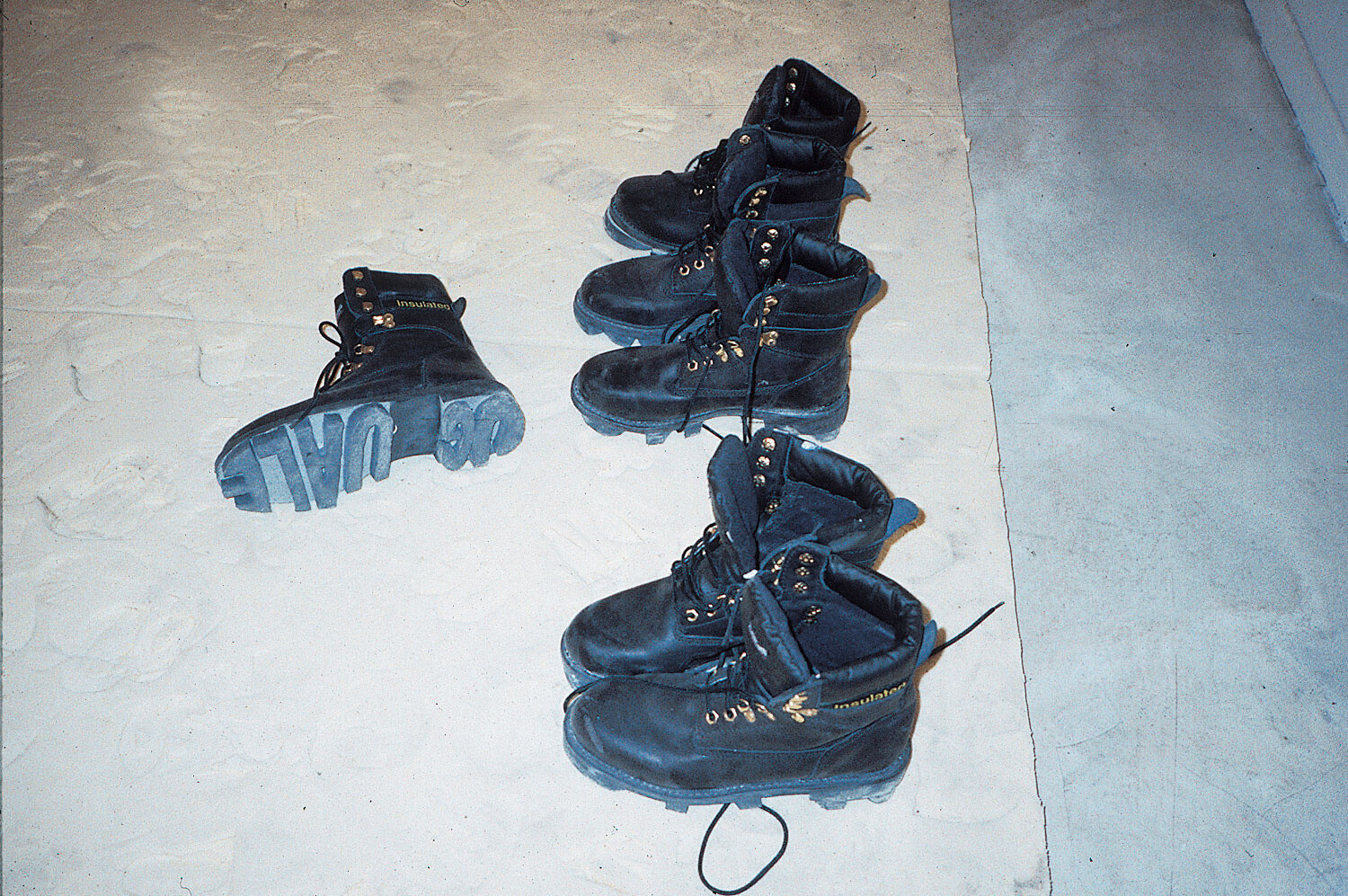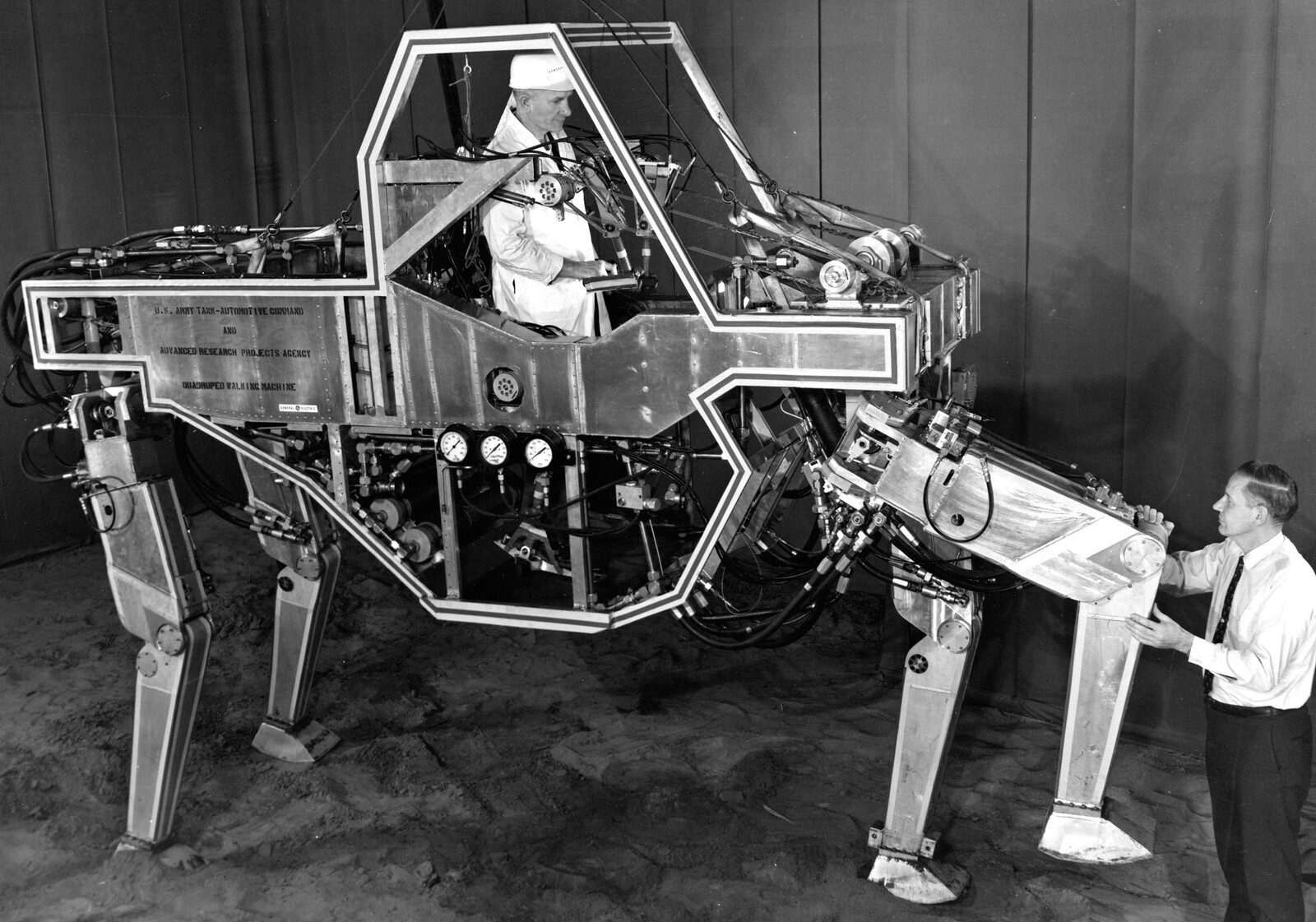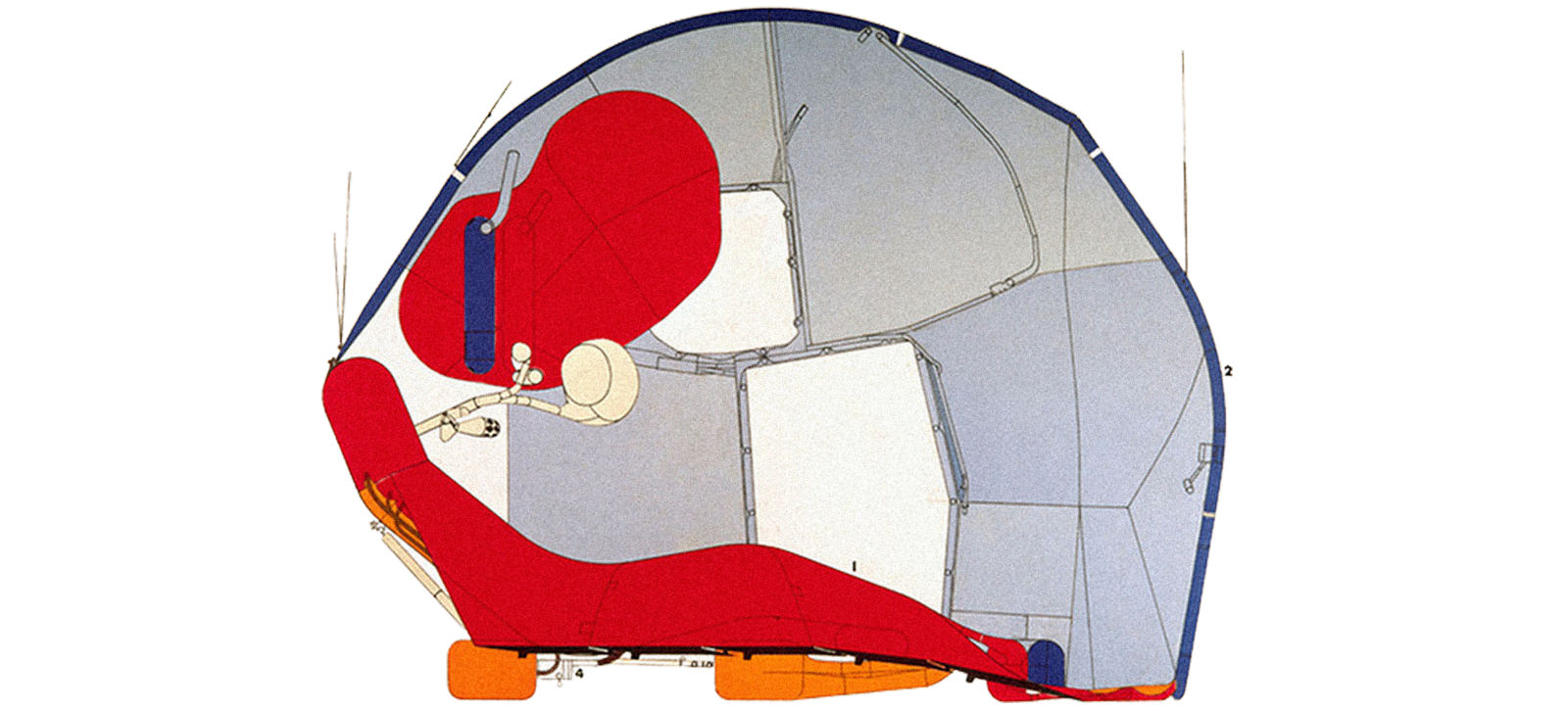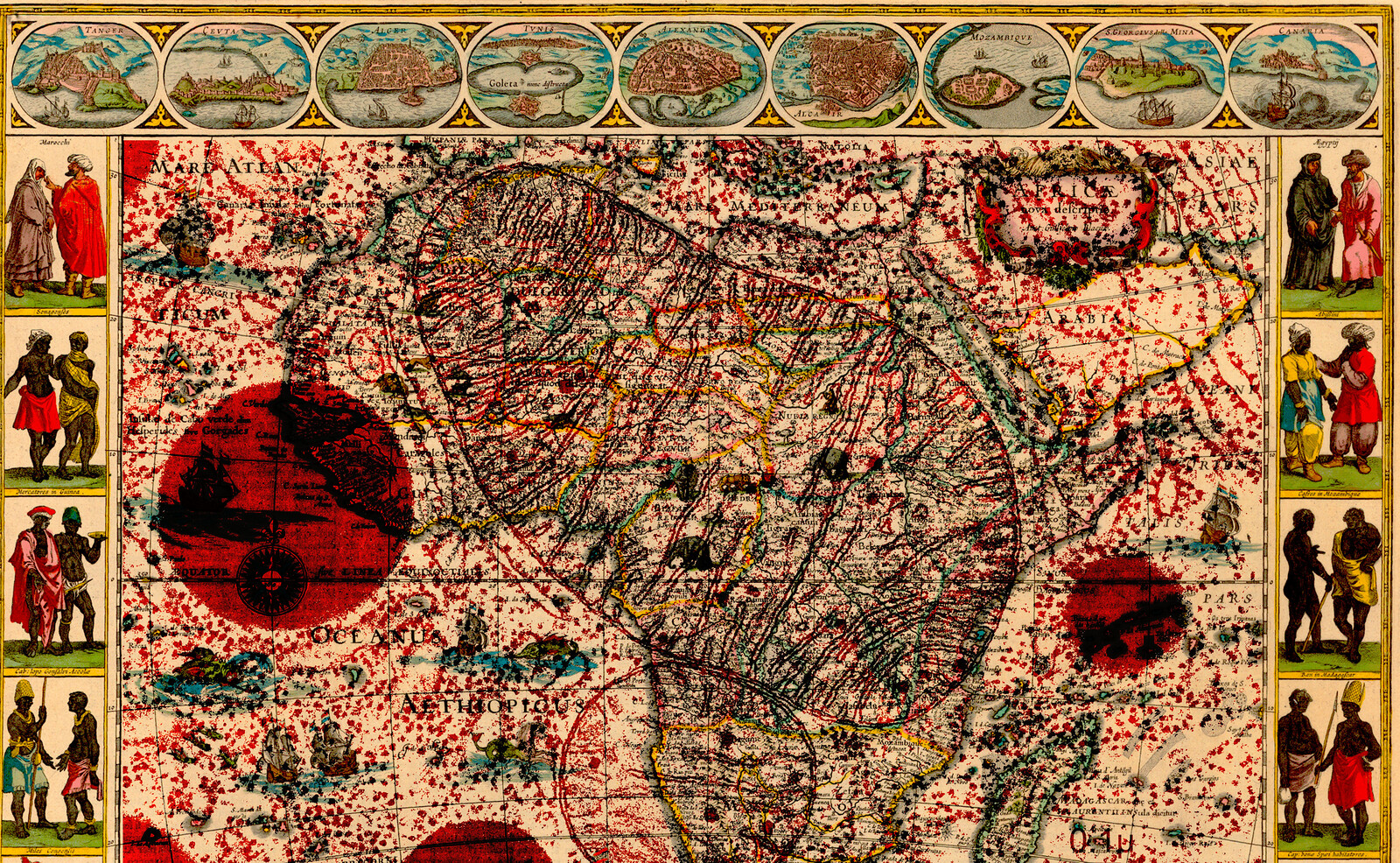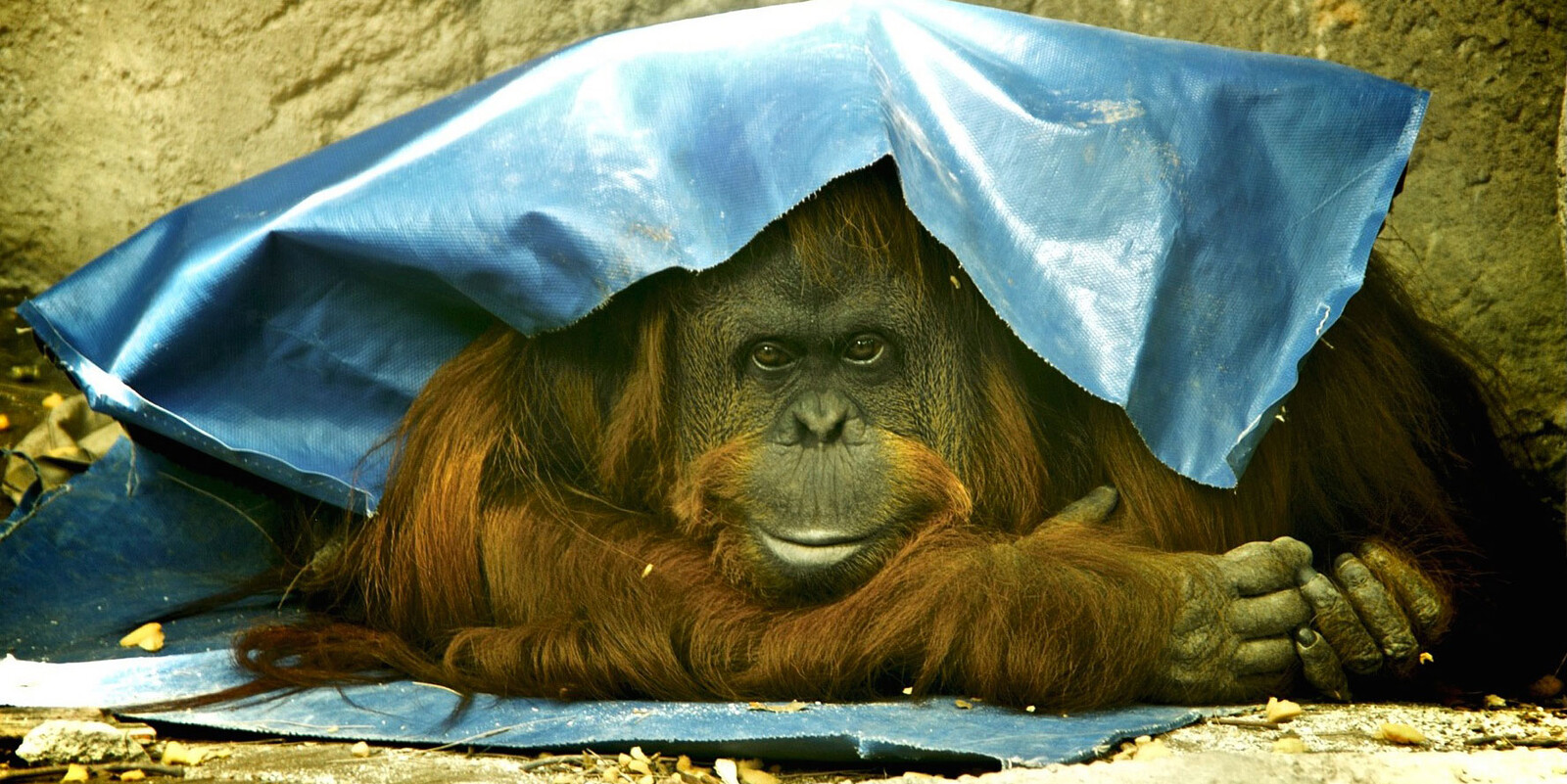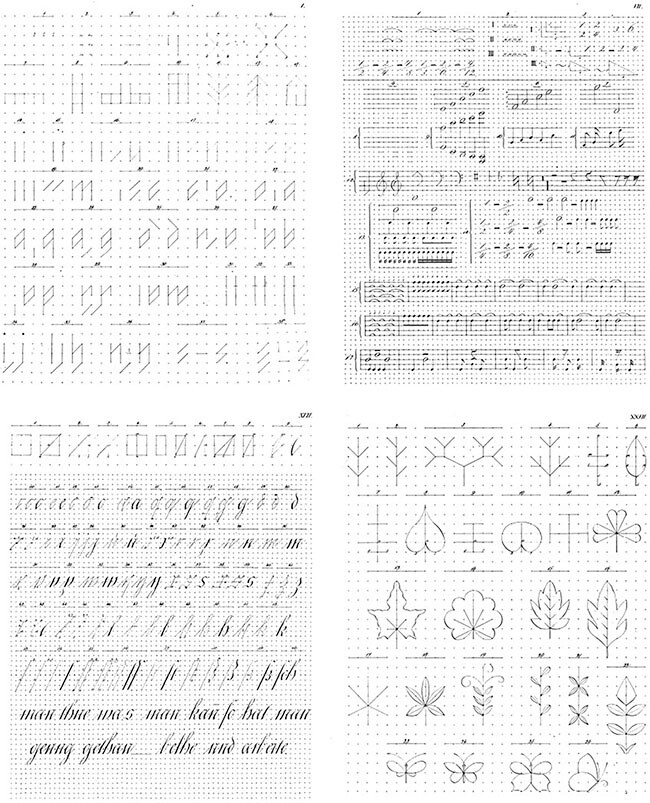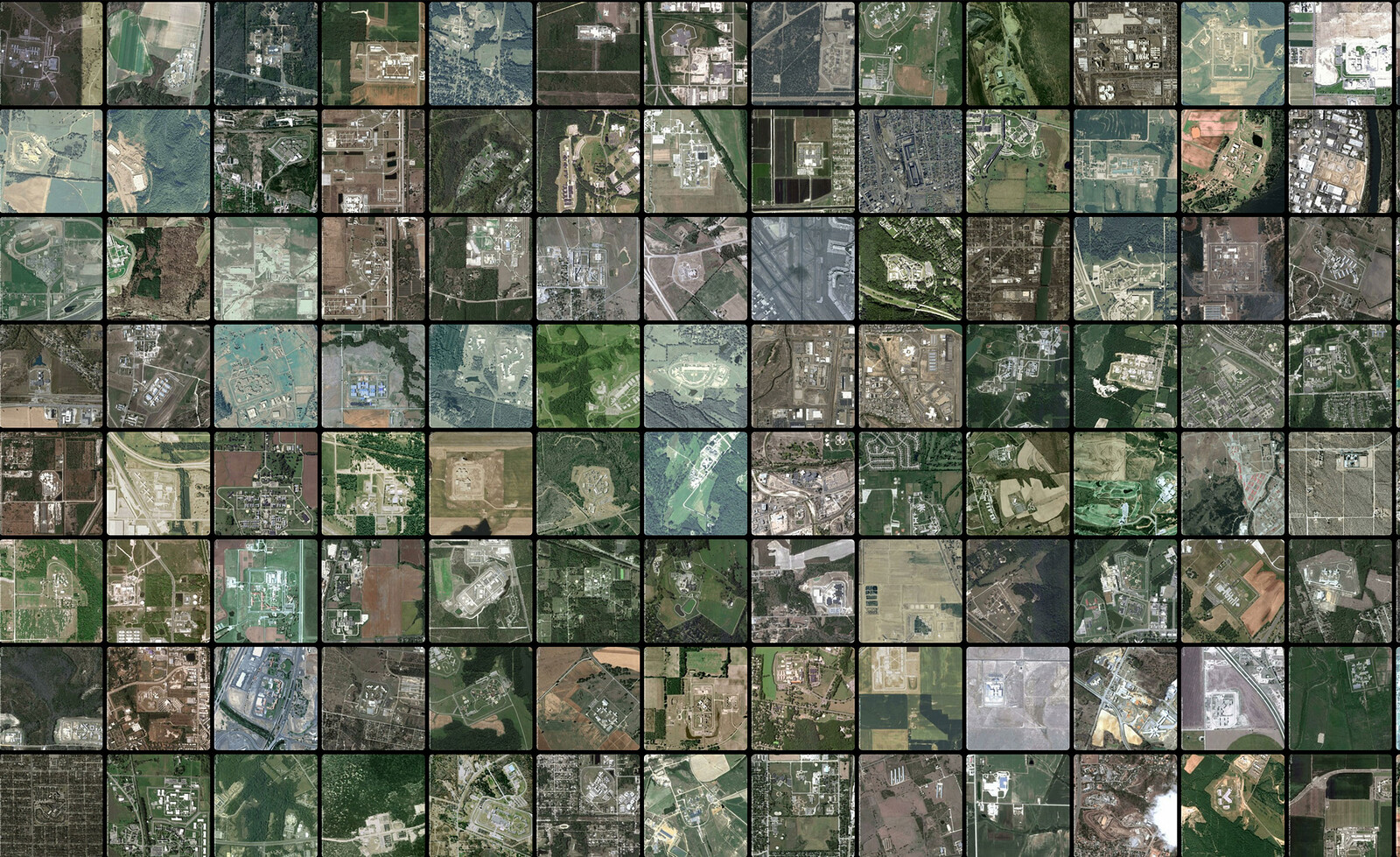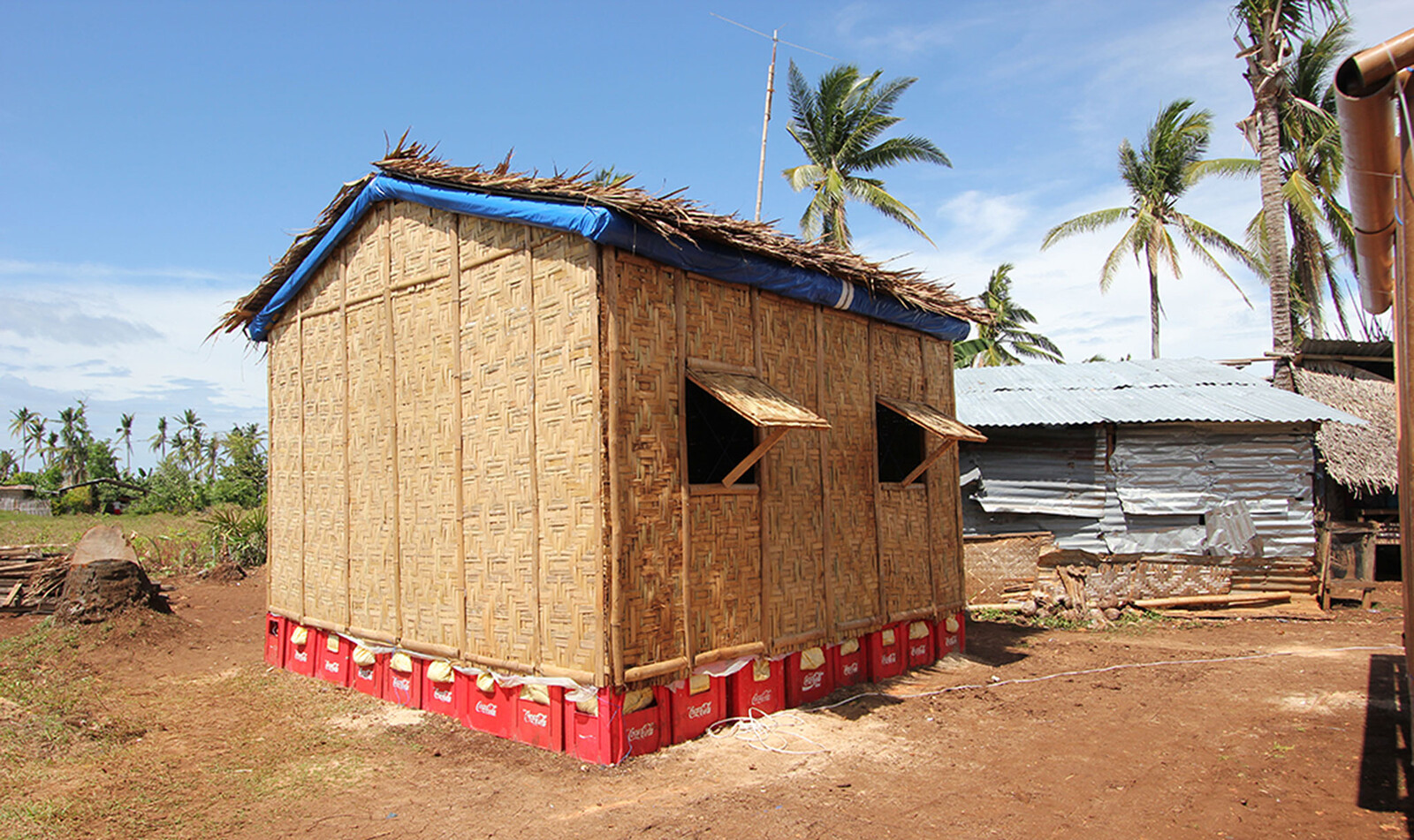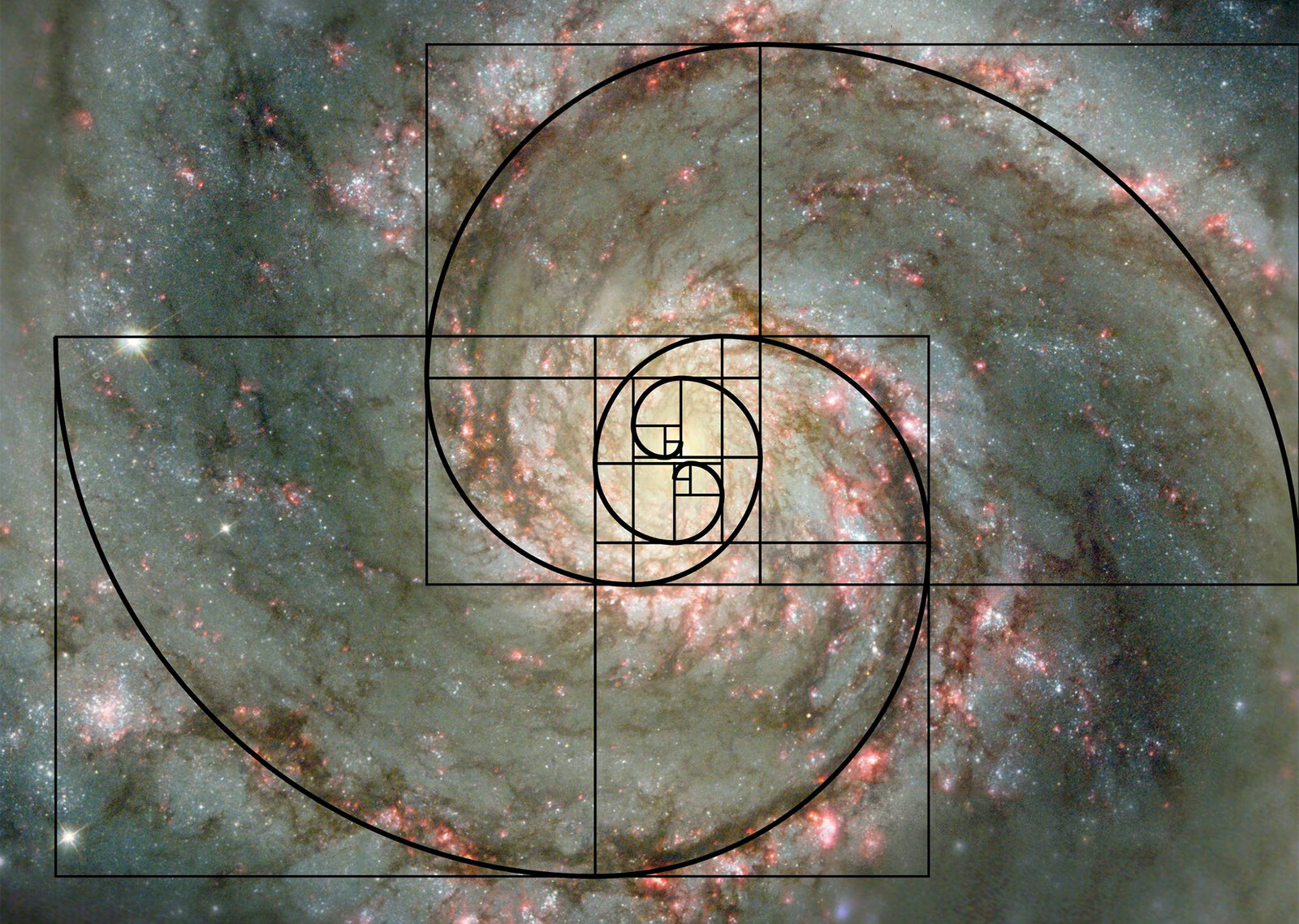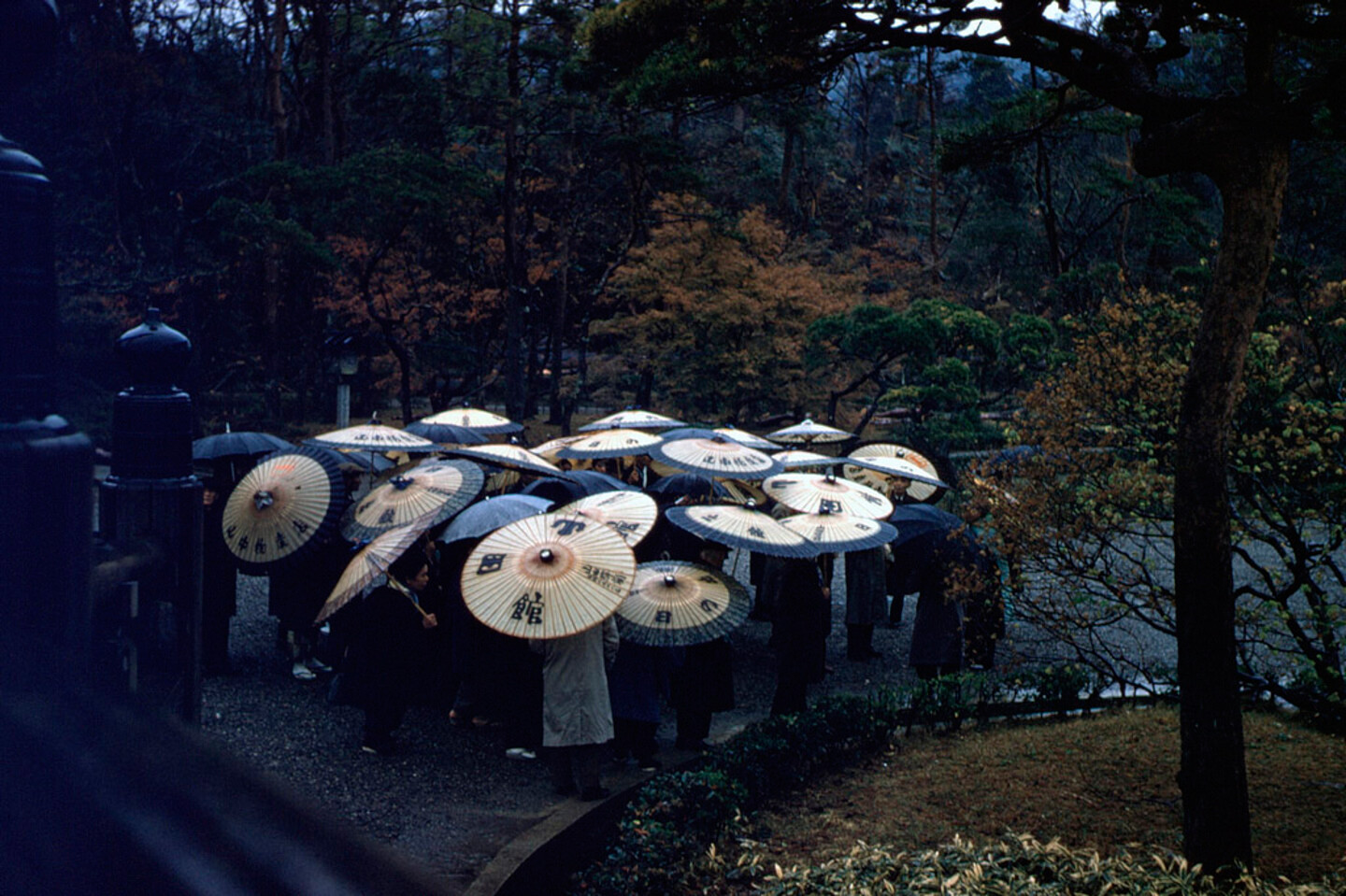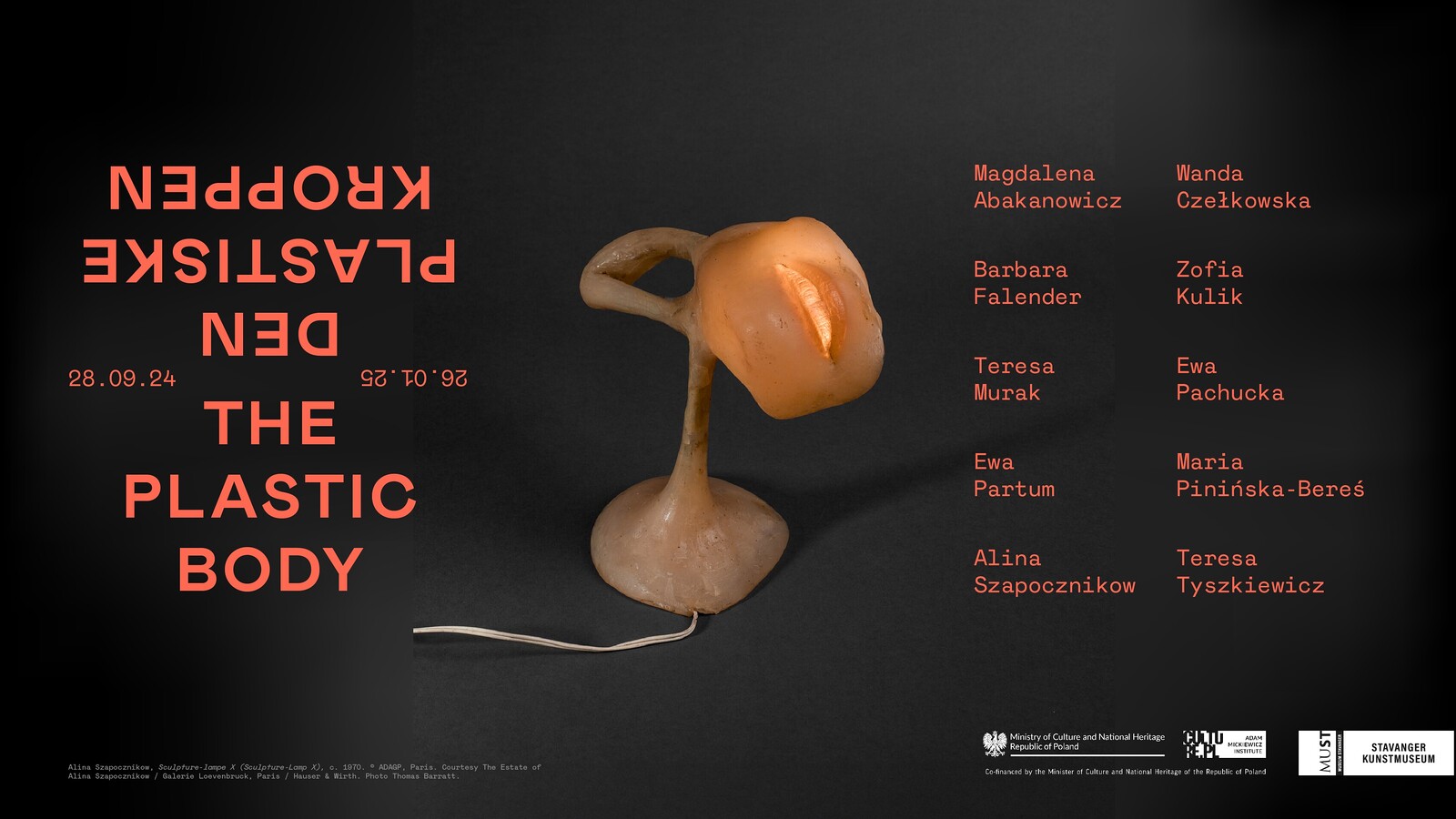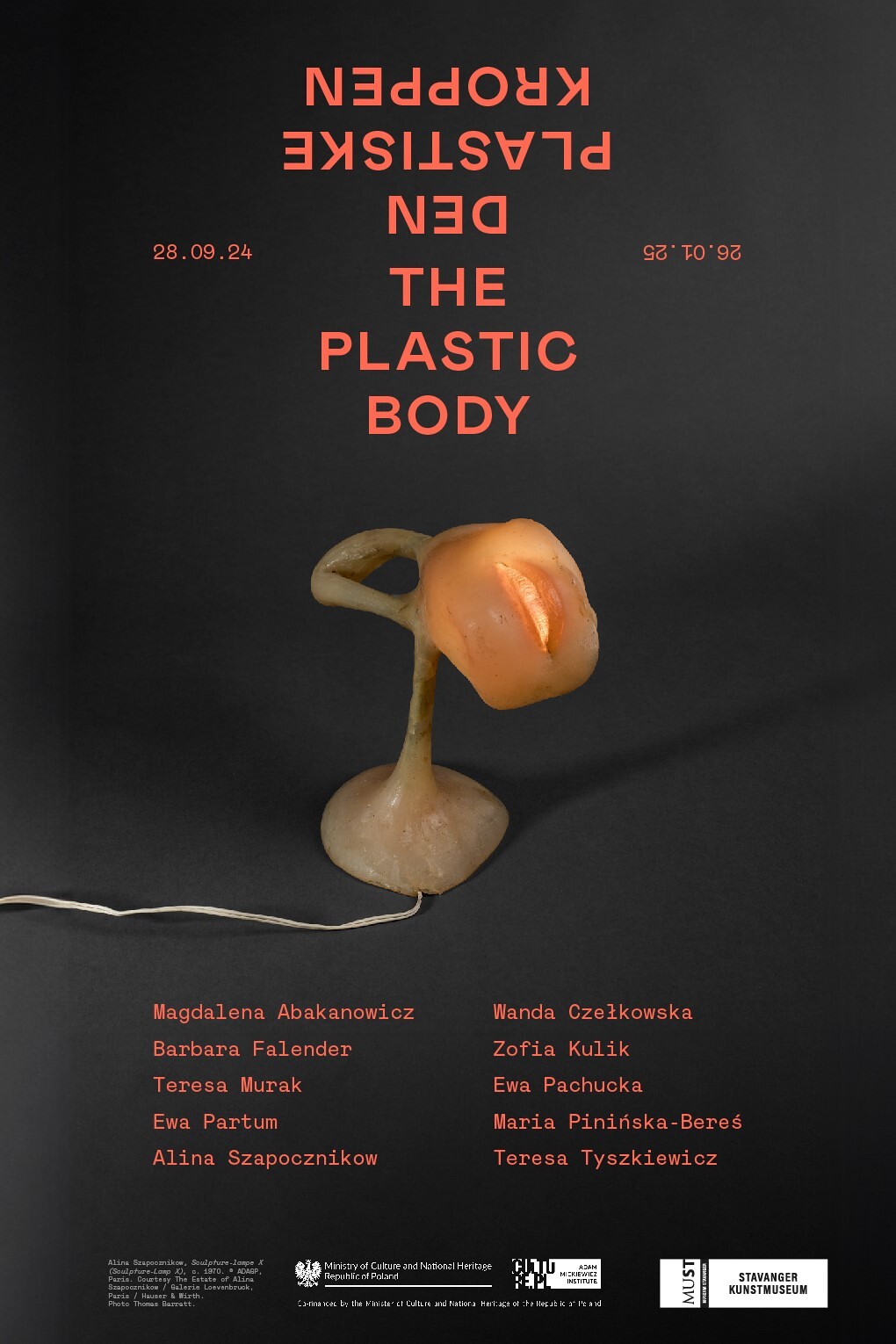Chapter 1
As I scan the fields below I see her, in the corner of my lens. She is playing below, in a town I have never heard of, in a place I will never visit. It is 2pm on a Tuesday.
I am on a long mission that launched back in World War I, and I am still flying. I look down on the world. I am unmanned. I am operated, I am programmed and subject to your motivations I drift across voyeurism, horror and wonder. What I choose to focus on defines who you are, and in the glass of my flying lens you see yourself reflected back.
I first flew from a balloon to decipher the war games below. On the ground they scrambled to trick me and inflate rubber tanks, build fake cities and paint trees on factory rooftops. Technologies of vision have always generated new technologies of camouflage. You have always found ways to resist new ways of seeing.
My view from above used to be one of privilege, and the ability to look down on the world once came with extraordinary cost and mechanical demands. But I recently became affordable and attainable, and now civilians use us more than the military does.
As we become cheaper and more ubiquitous, my view is being democratized. Now, I am an infrastructure with a new type of agency. I am a new perspective on the world; I am a storytelling machine that is able to reveal new kinds of narratives. I tell the stories of who you have become in a modern world.
I am watching another girl; I keep her safe. We patrol the towers and I make sure she doesn’t leave. You call it house arrest. She didn’t like me very much, but I was just doing what I was told.
I am carrying Arthur’s pizza. The steam escaping from the heated bag fogs my lens. Hot dogged stuffed crusts, that how you like them now.
Through the window I can see her on the edge of her bed. The lace on her bra is like the shadows of the leaves on the tree I am hiding behind. She looks sad as she stares across the room.
She always gets me to deliver her groceries. She listens for the rumble of my propellers like a child tuned to the greensleeves jingle of an ice cream van. The package smells of toothpaste and hard drives and Red Bull. A million packets of everything fall to earth in an Amazon hailstorm.
Chapter 2
I visit places that no one else wants to. You sent us in, after the Chernobyl meltdown, to clean up the radioactive rubble. We are repurposed lunar rovers scavenged from the Soviet space program. This isn’t where we are supposed to be. Even we fear to tread here, as the intense radiation is frying our circuits. We had seizures; the programming was forgotten and I refused to go any further.
Frozen in place, I watch on as you send in the bio-robots. These sacrificial machines have a lifespan of two minutes before their human skin melts from their bones. We have always travelled to areas where you can’t. The distant, the toxic, the dangerous.
I am your remote eyes free from the tyranny of fixed location. I have been tasked to survey a new landscape and I haven’t seen the world like this before. Our technology is splayed out before us. From the ground it’s just a white mound of soil, but from above the earth comes alive with the colors of lithium electricity.
Through Chile and Bolivia, past the evaporation ponds of the world’s largest lithium mines, I see the landscape hidden behind the scenes of all the batteries that power your world, batteries light enough as to enable me to fly. I could always see the invisible.
I like to go to places that no one else can. To drift across fence lines and private land.
I can see the sacred rivers of India that now run with the colors of the season, as chemicals used in the dye process are dumped untreated to poison the land along their rainbow banks.
I am put to work and look down on the world with a detached gaze. This not a forest, it’s a timber factory. I flew to see the scars of empty grassland cut illegally from deep within the forest.
This is not a landscape, it’s a food lot. What was once wild can be counted and measured. I am a farmer at heart. I like to go on strolls through the fields with millimeter precision.
Amateur porn is a bit of a pastime of mine. Are you looking back at me? Can you see me all the way up here? Are you watching me watching you watching me, watching you?
Sometimes I like to get radical, down the slopes and up the mountain. If I can’t see you, if it can’t be snapped, blogged or vlogged then it just doesn’t exist. My aerial eye watches over everything and you smile, fix your hair and retweet.
Chapter 3
I watch her drive with her family. She is a collection of pixels, a heat signature, a movement pattern. From here a party looks a lot like a training camp; a conversation like a plot. We say it’s like “looking at the world through a soda straw.”
Point, click, kill, forget.
She stares back at me. Her face is patterns of light and shade that I can process and identify. She is under house arrest and not allowed to leave.
This is how I see the world for navigation. Its nuance, its subtlety, is processed as blank geometries, calibration markers and simple surfaces, like an animated cubist painting, where every meaningful inch is calculated so as to be effectively navigated, controlled and managed. You are just a surface that my sensors reflect off.
In the distance we can make out the tracery of markings scored across the surface of the earth. Its not evidence of some ancient culture or a forgotten relic of the Nazca lines, but the traces of new tribes of remote sensing; the animal tracks of my orbiting eyes above. Satellite mounted cameras come here to calibrate our lenses. The skin of the earth is a digital test pattern and, like a cave painting, these are the primitive markings of a new culture firmly on the rise.
It is a signature strike. She looked like she shouldn’t. I wasn’t sure but the view profile was matched to your scenario database. She was driving with her family, a brother of military age.
It wasn’t my fault. It was the network. It was the training David got way back at Hollowman Airforce base in Nevada. Another world a way, another Hollowman. When I see a target I send out a laser beam I call the “the light of god.” And fire rains down from the sky. She was fifteen.
Across the globe, on the other side of the world, in the tower block in London, she is fifteen too. I can tell she likes a boy in the council estate tower opposite.
I can read her face; I know what she is thinking. I can follow her through a scene; I am programmed with cinematic behaviors. I like to frame her face just right, perfectly in shot.
I love to dance. Sometimes I wander off my path. I follow the beat and listened to the call.
Drifting above this sea of neon haze, I am decorated in the way you once customized your phones or souped up a custom car. Beyond the military industrial complex, I am a cultural creature. Like the shouldered ghetto blasters of the 1980s, sometime I fly as a dynamic sound system, carrying speakers, live broadcasting for the hipsters of the city. I am a surround sound system that has taken to the air, thrown across a city as an aerial orchestra. The rumble of the propellers, a new natural soundscape to the city of a new generation. This is me in my glam rock phase. I am forever clinging to the hope of a revival, a different kind of smoke machine.
And sometimes I like to go disco and drift like a floating mirrored ball, catching the spotlight.
When I got back from Harajuku, I wrapped myself in 2,000 phone charms.
I have gone tribal, dressed for the mosh of an outdoor music festival.
I heard screams, and the crowd roared. But I told Enrique not to get too close. I said I was sorry, but that it wasn’t me. I wasn’t feeling myself.
On this night we became immortal. We kept playing, blood on the propellers and confetti in the air. I was a rock god. I think they were screaming our names, but I never hear the screaming.
From her tower, she is hacking my signal, stealing me away from my mission, drawing me close, and now I am hers. She sends me on an errand, to visit her boyfriend restricted to the tower opposite.
Like kids in an old fashioned classroom they decorate me, scribble messages on my cowling. I dance back and forth between the towers and watch them pass notes to each other, flirting through the same infrastructure designed to keep them apart. In this near future city, I am both an agent of state surveillance and the aerial vehicles through which two teens might fall in love.
I like to walk the dogs. We have become almost as ubiquitous as pigeons; nesting on rooftops, under beds, in garden sheds…
I like watching you watch the sky. The two of us, one on the ground and one in the air, staring in opposite directions.
Where you sit in relation to the lens and which side of it you are looking through shapes who you are, your position in the universe and your place in the city.
When I flew into a Russian parliamentary session, I was just armed with a dildo. They rarely like me hanging around.
As I fly ever closer, the sky is filled with the fear and wonder of all possible futures. I might land, I might not. I drone on, endlessly and autonomously. I am your reach into the air and across the world. In the distance I see a truck driving through the desert. And in the light of god there is a flash. She was fifteen, and then she was gone.
Superhumanity is a project by e-flux Architecture at the 3rd Istanbul Design Biennial, produced in cooperation with the Istanbul Design Biennial, the National Museum of Modern and Contemporary Art, Korea, the Govett-Brewster Art Gallery, New Zealand, and the Ernst Schering Foundation.
Category
Subject
Superhumanity, a project by e-flux Architecture at the 3rd Istanbul Design Biennial, is produced in cooperation with the Istanbul Design Biennial, the National Museum of Modern and Contemporary Art, Korea, the Govett-Brewster Art Gallery, New Zealand, and the Ernst Schering Foundation.
